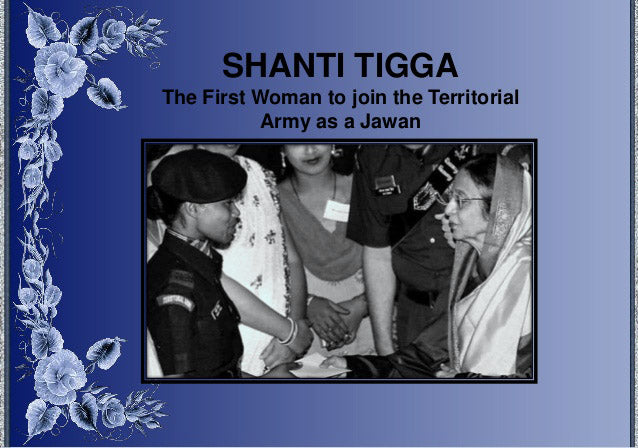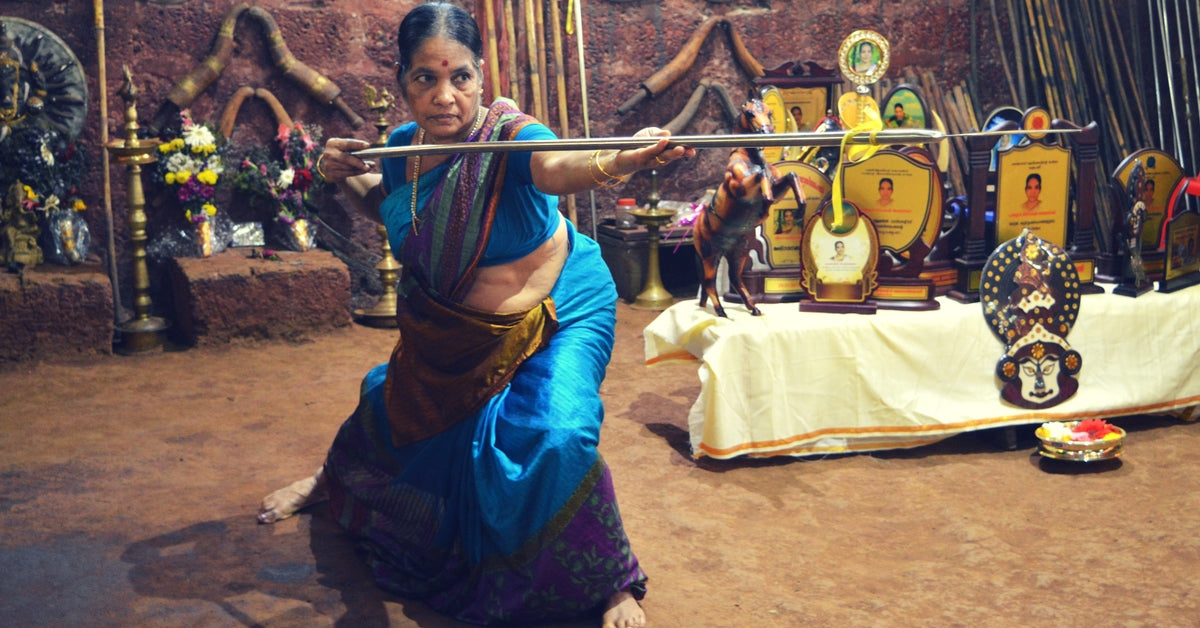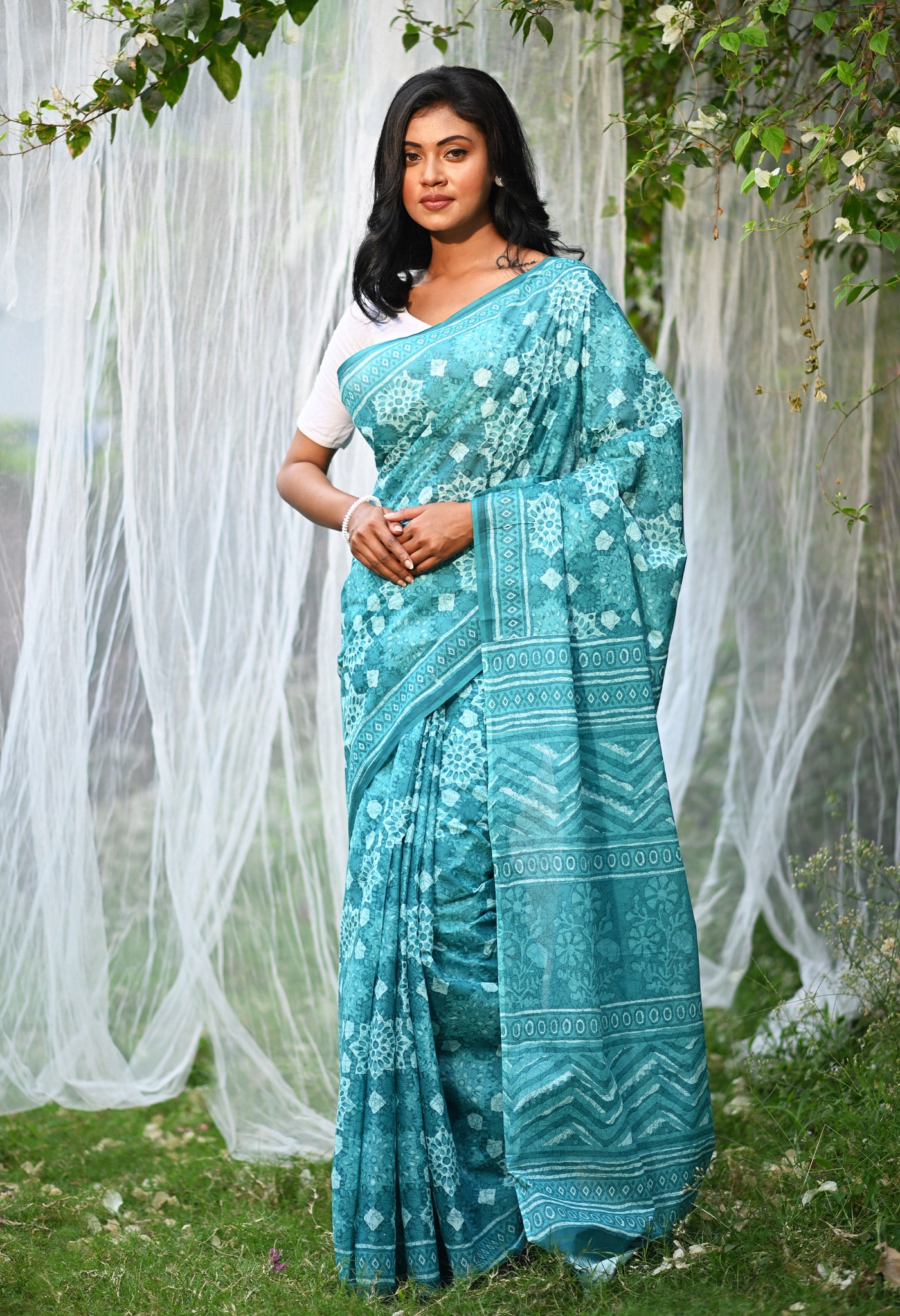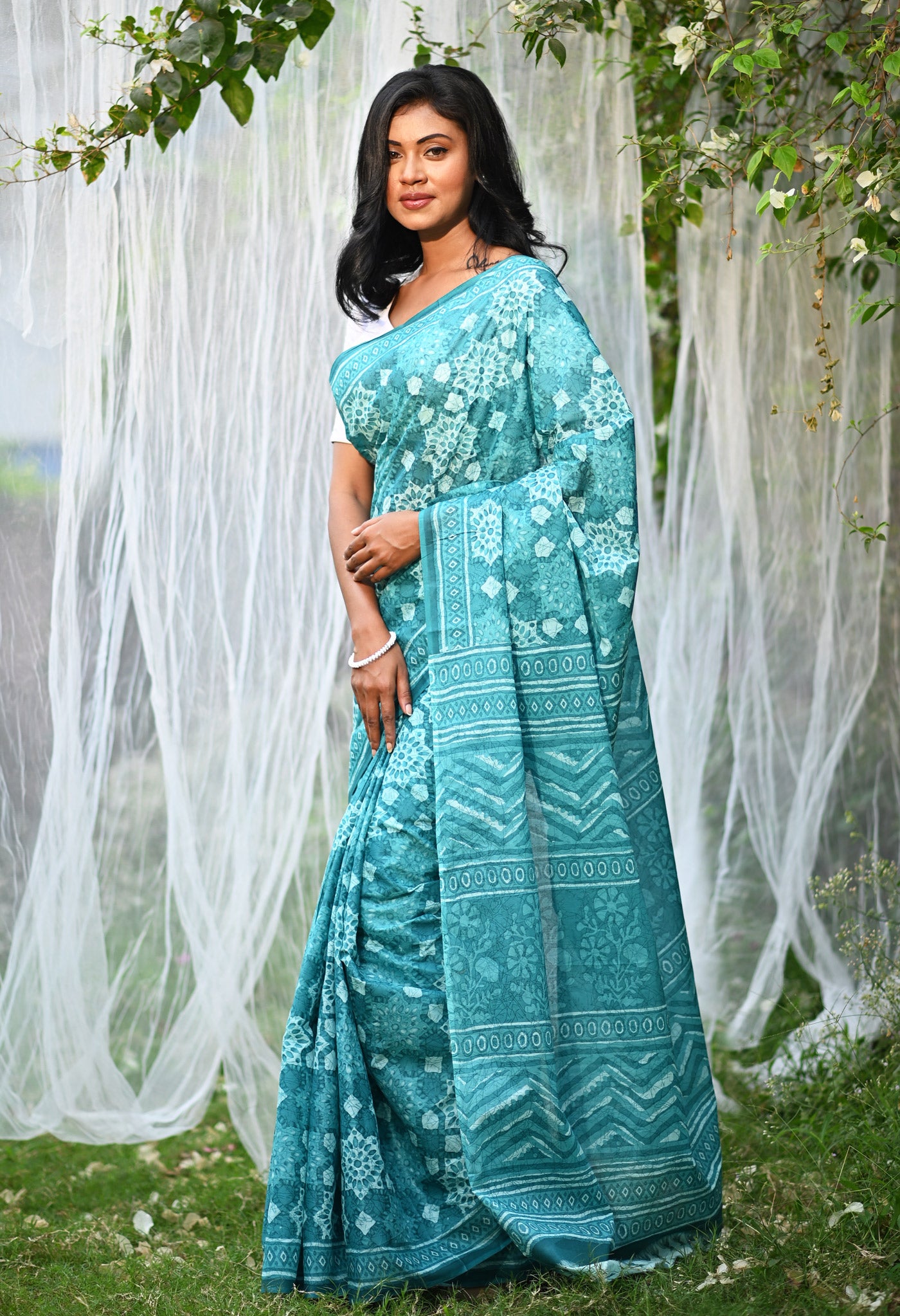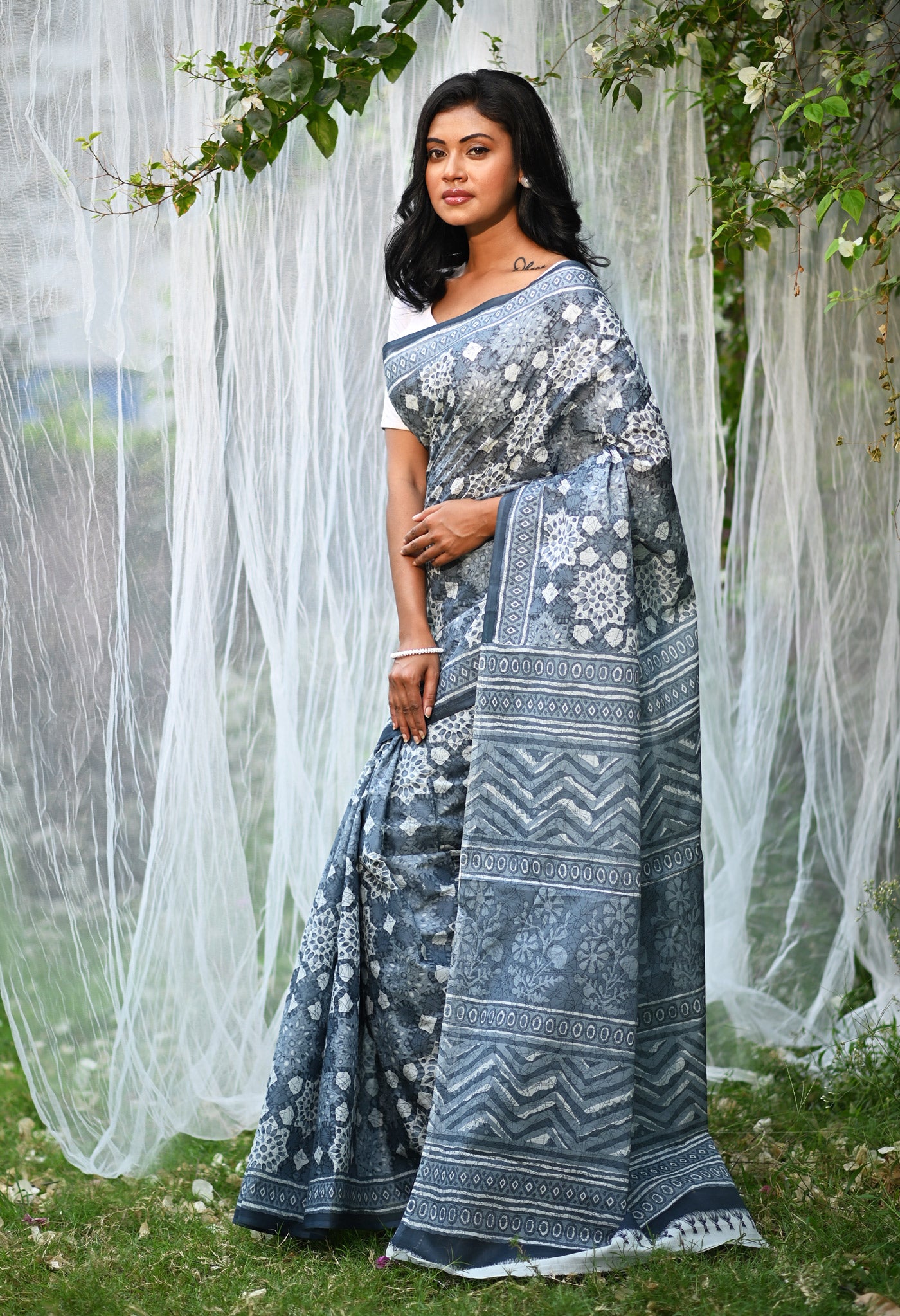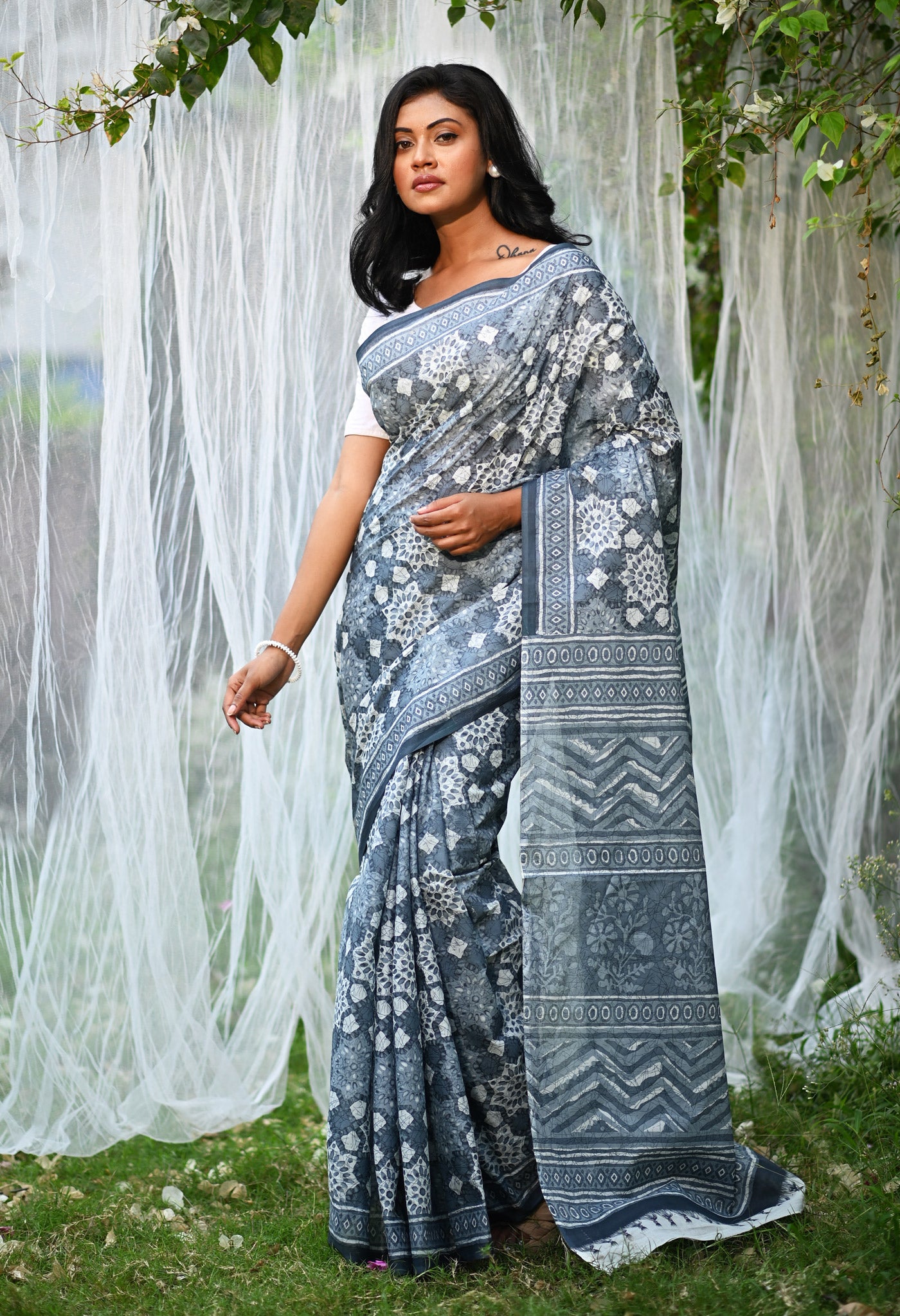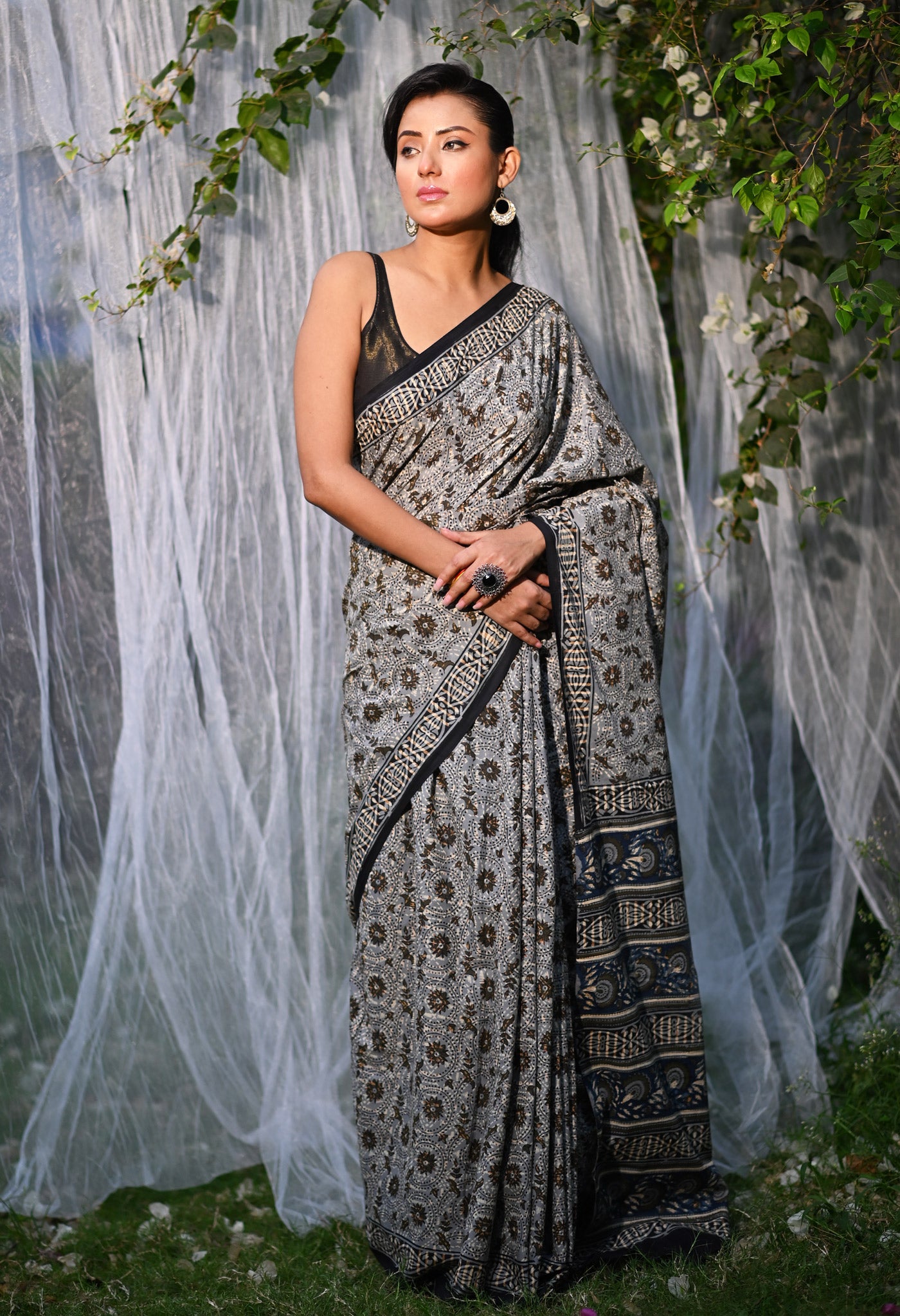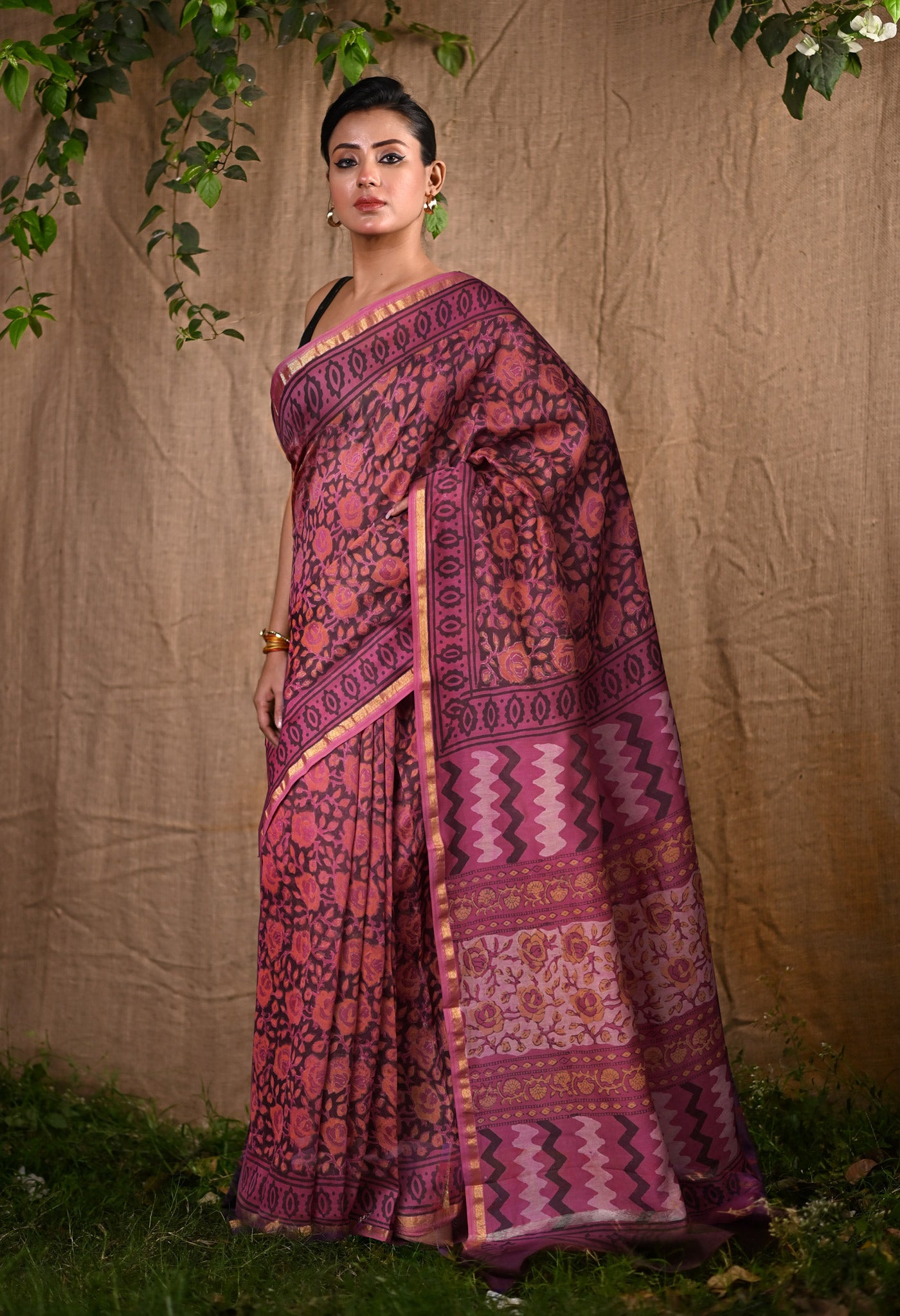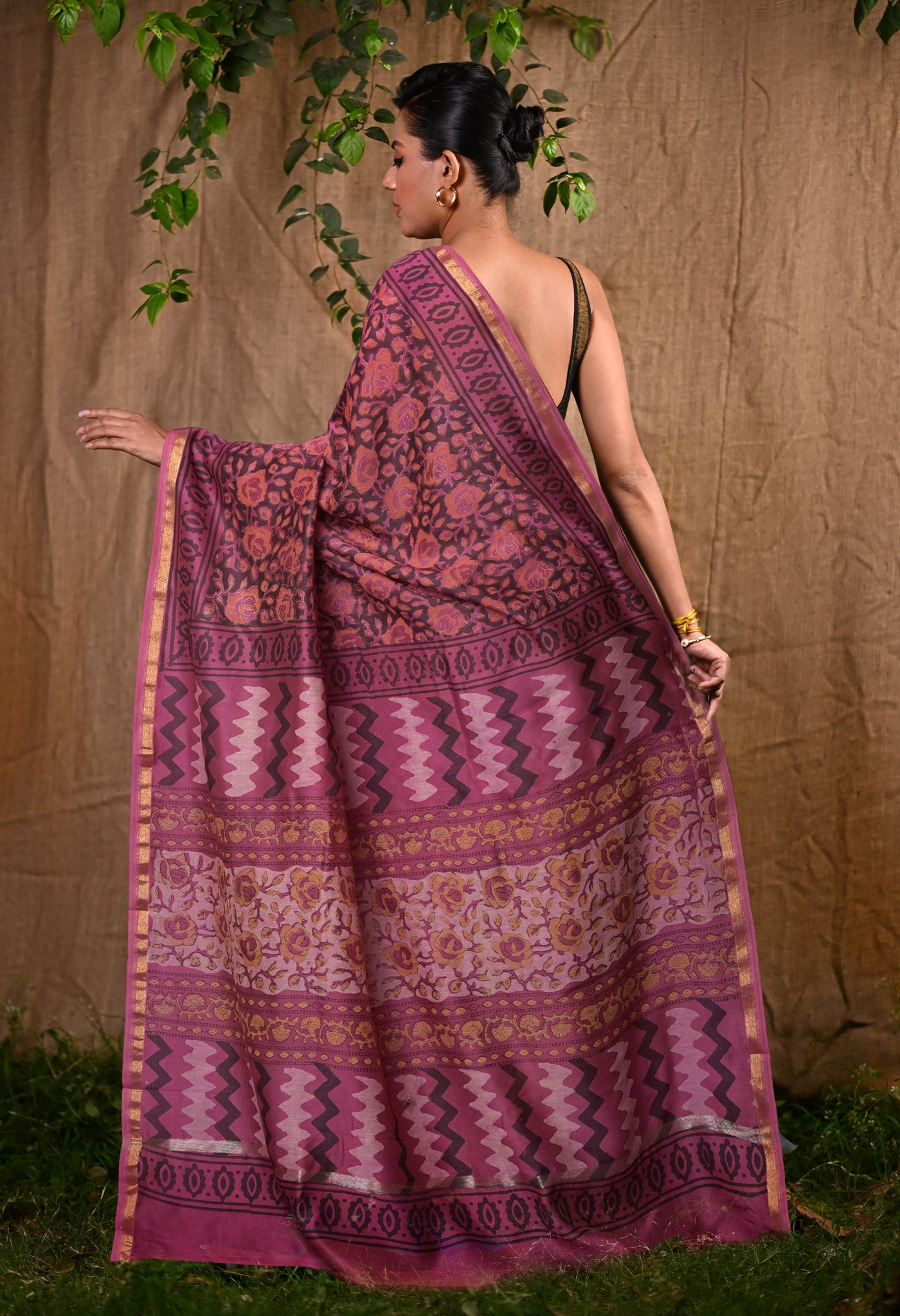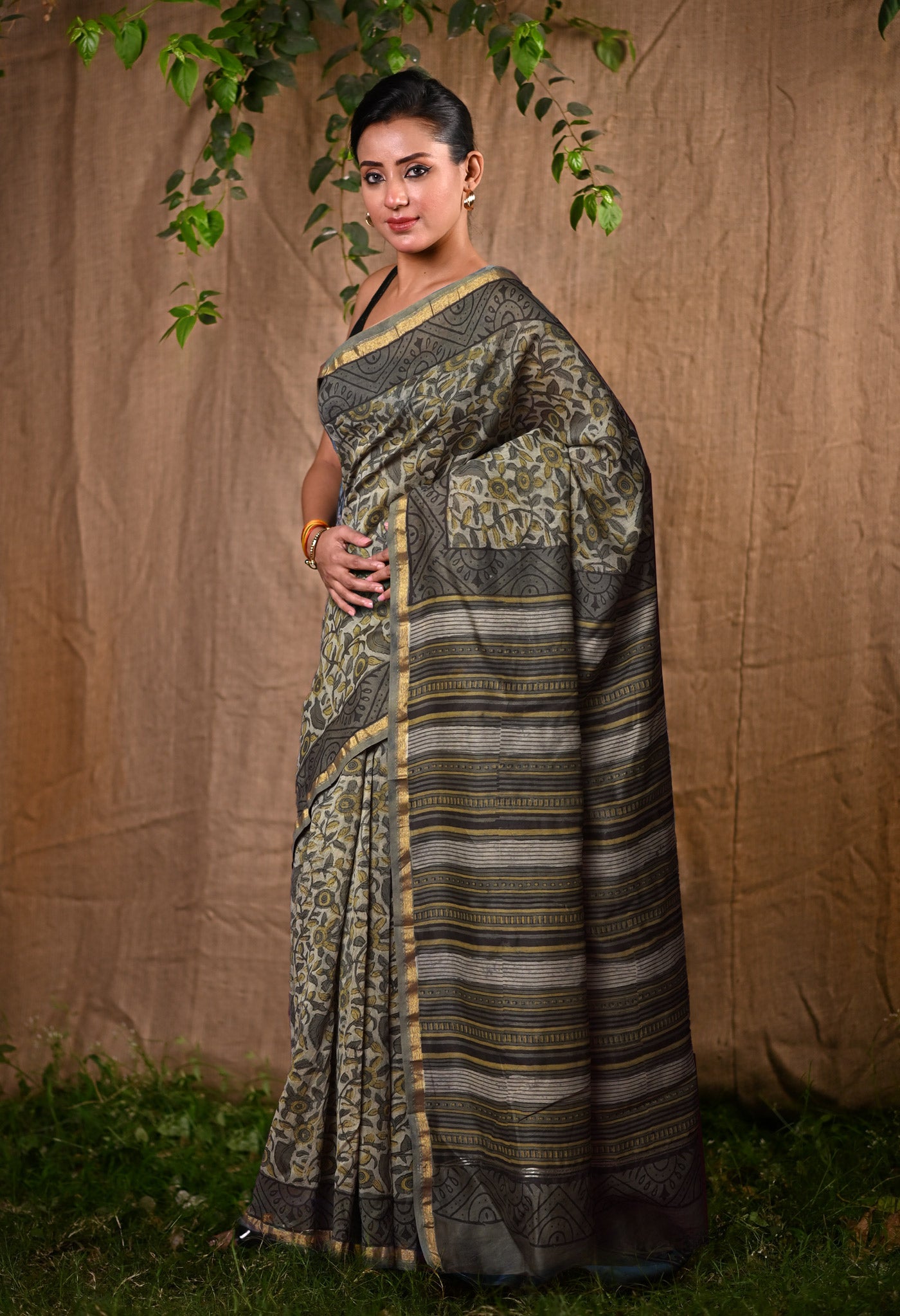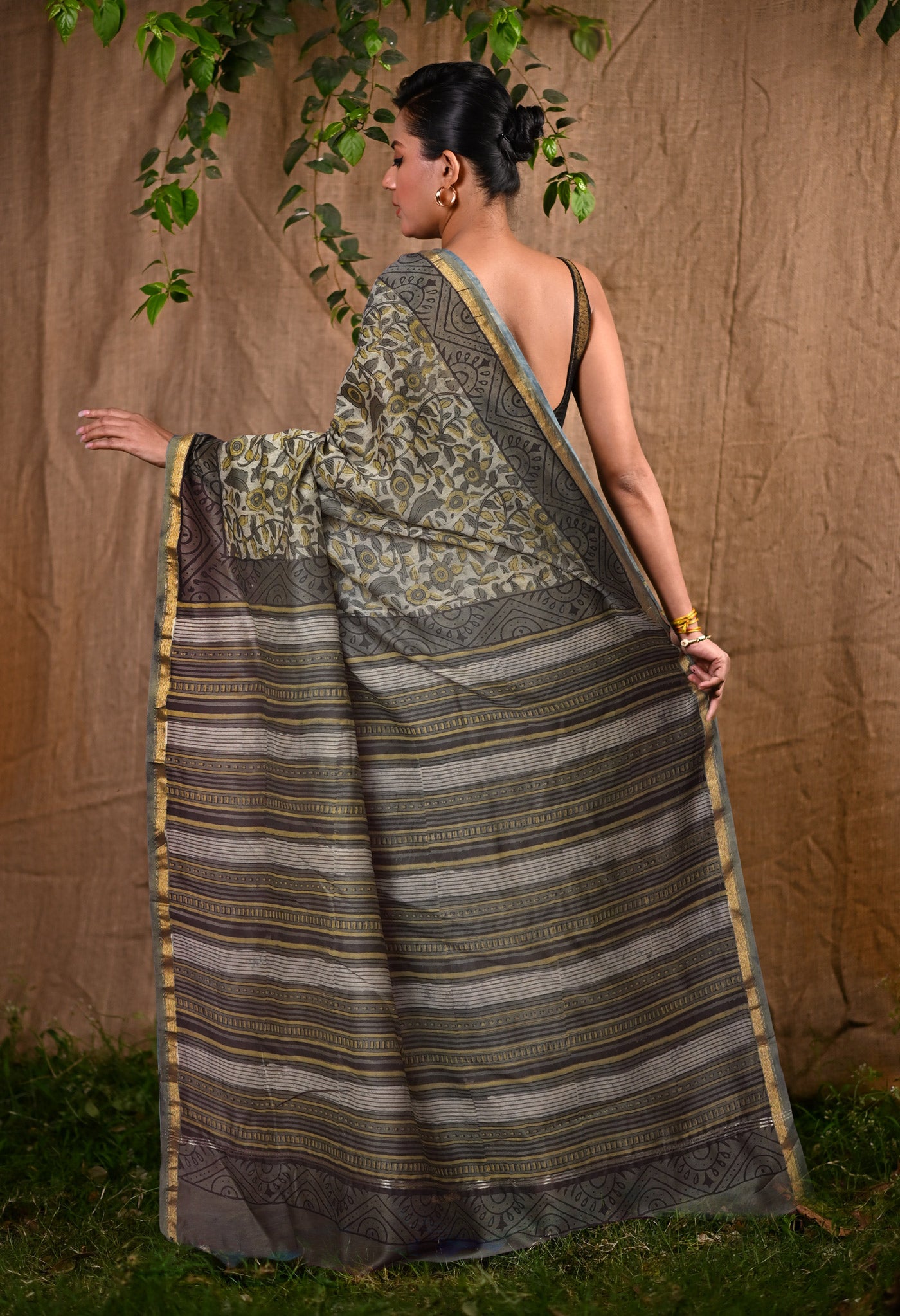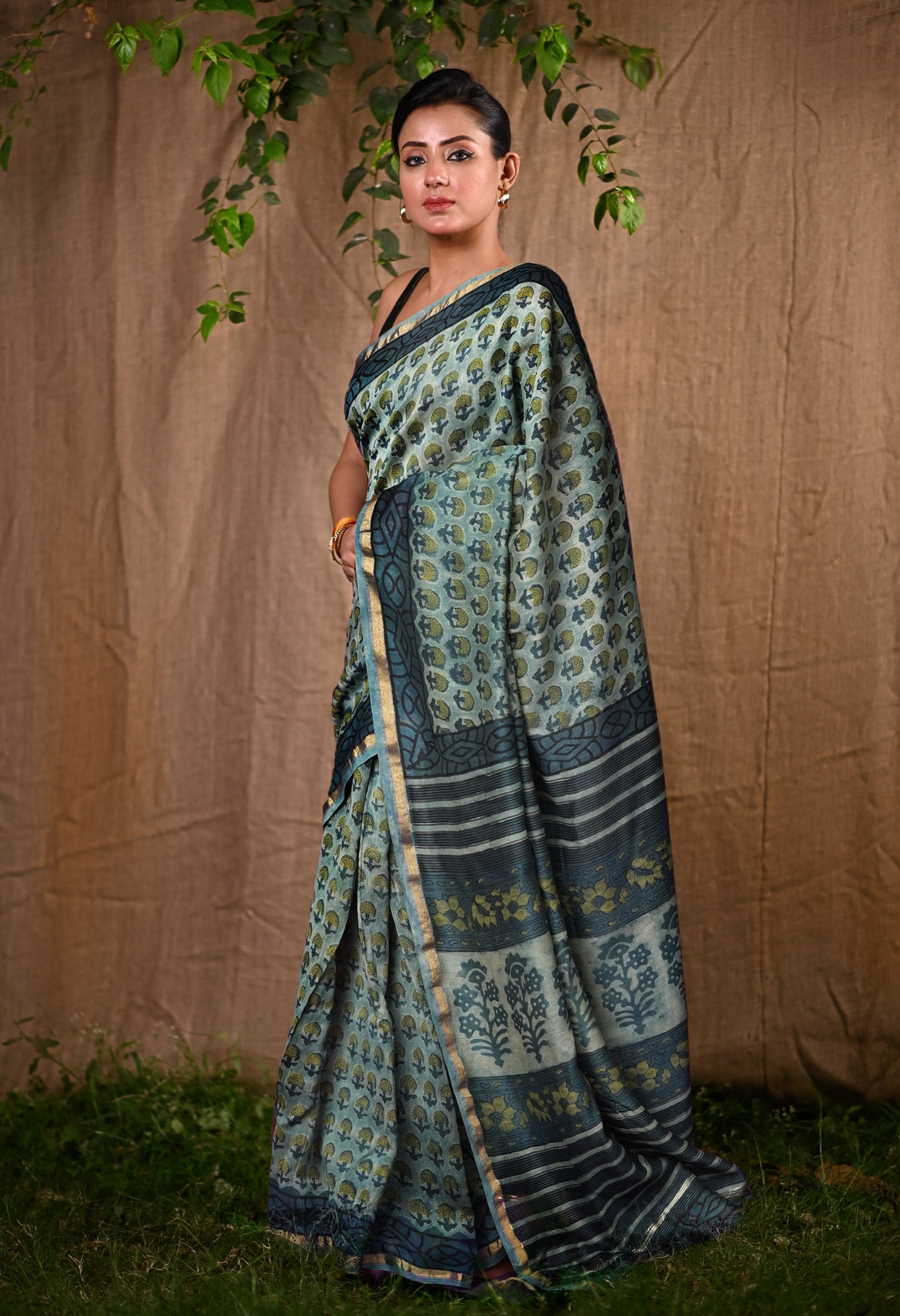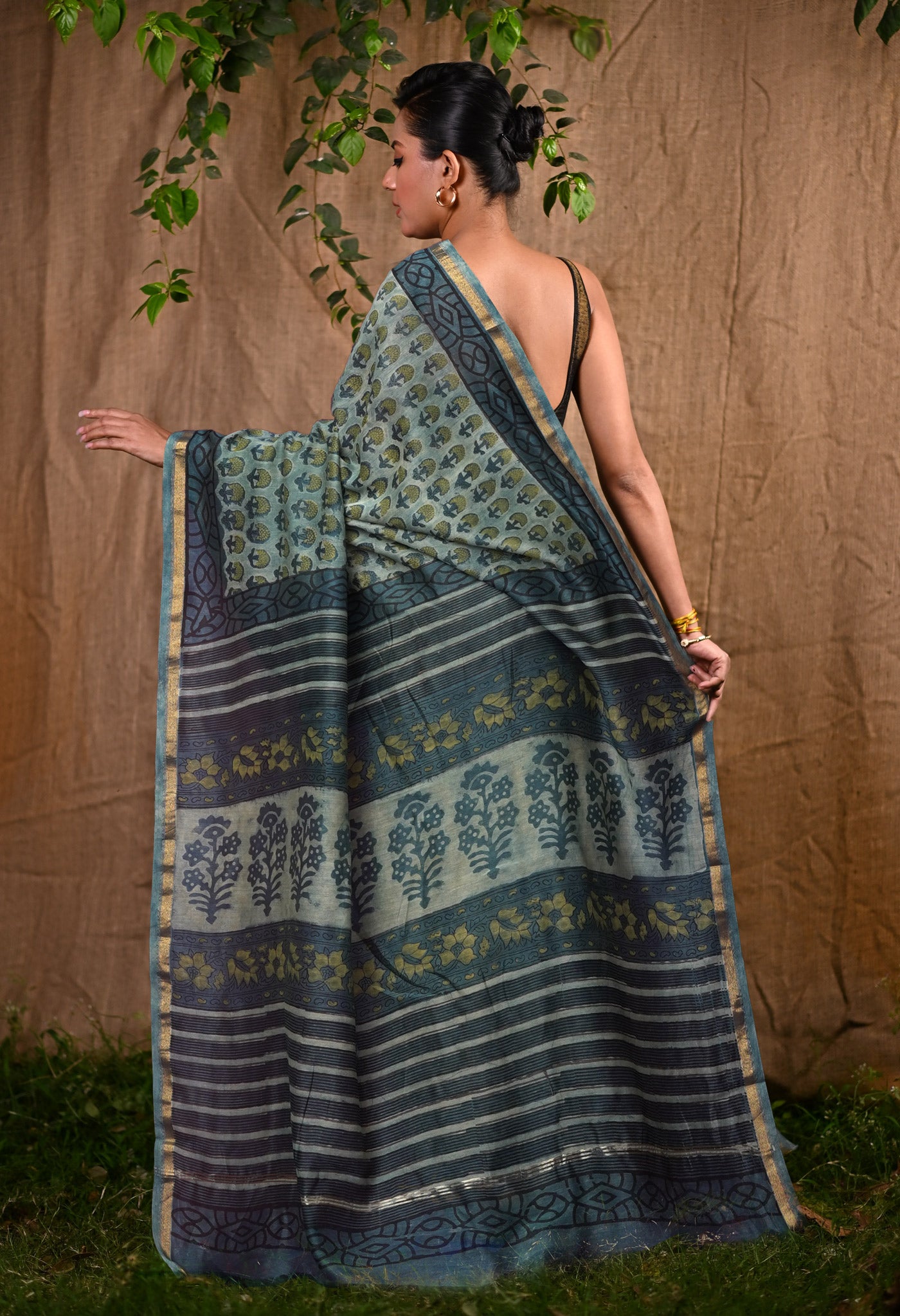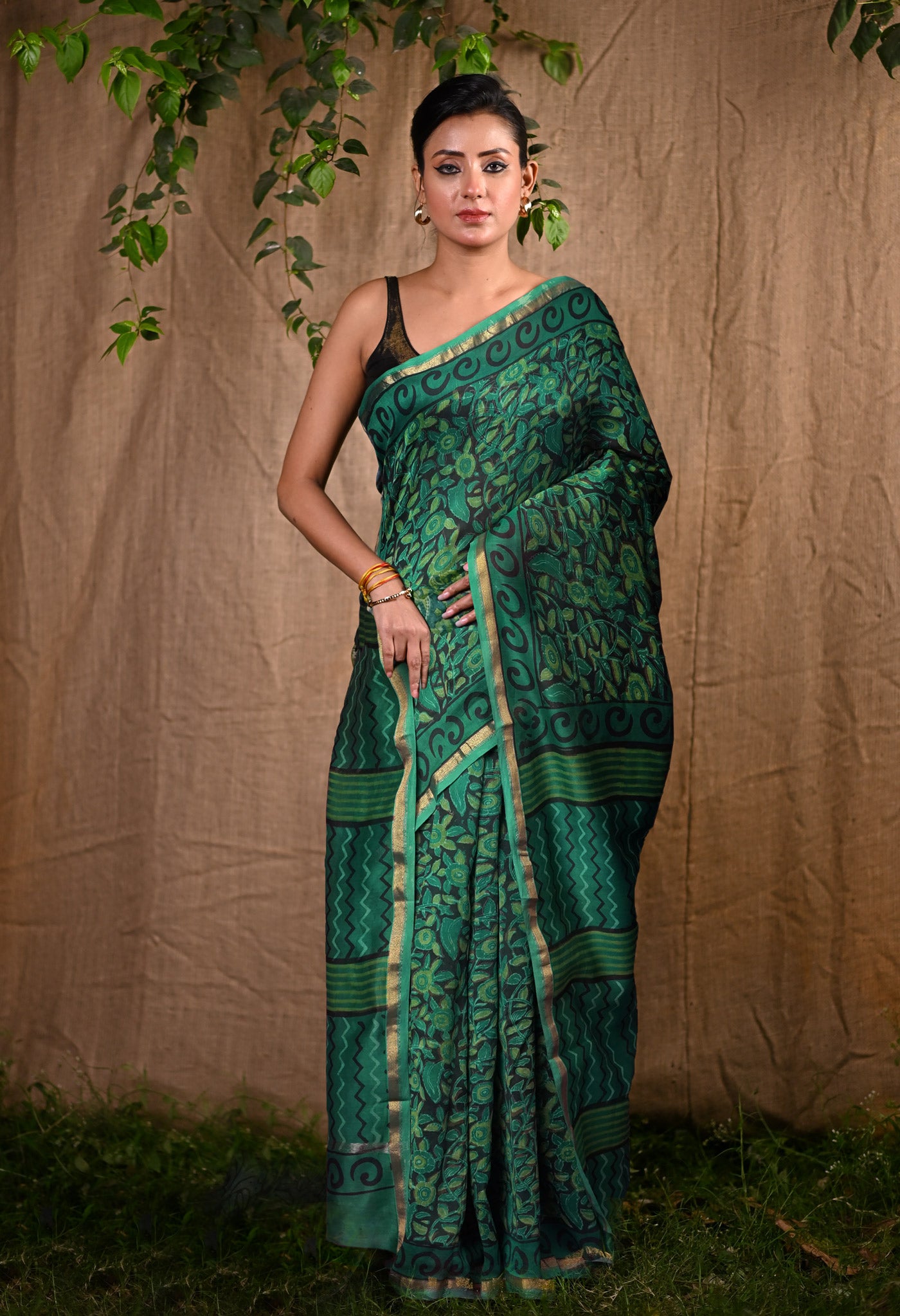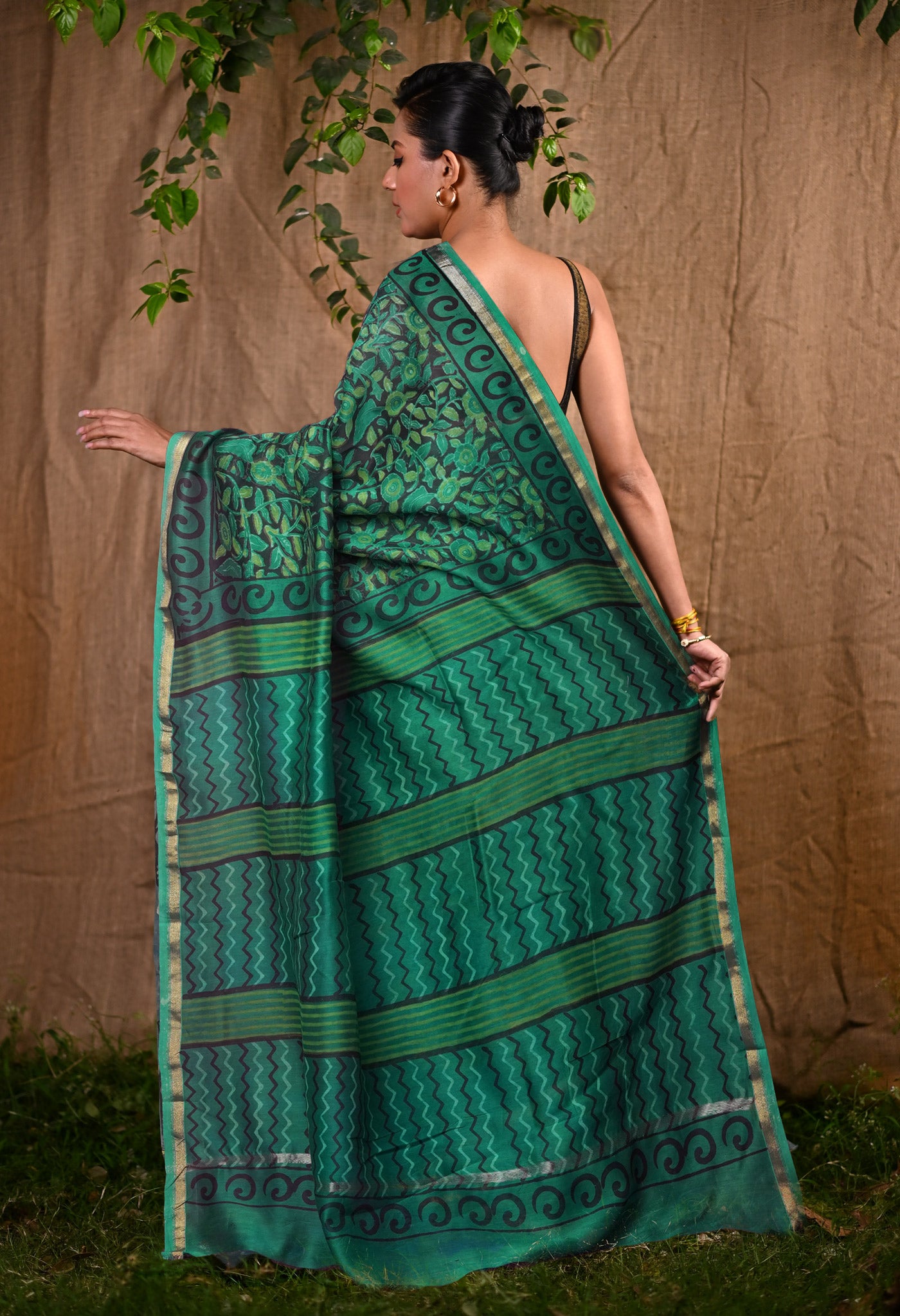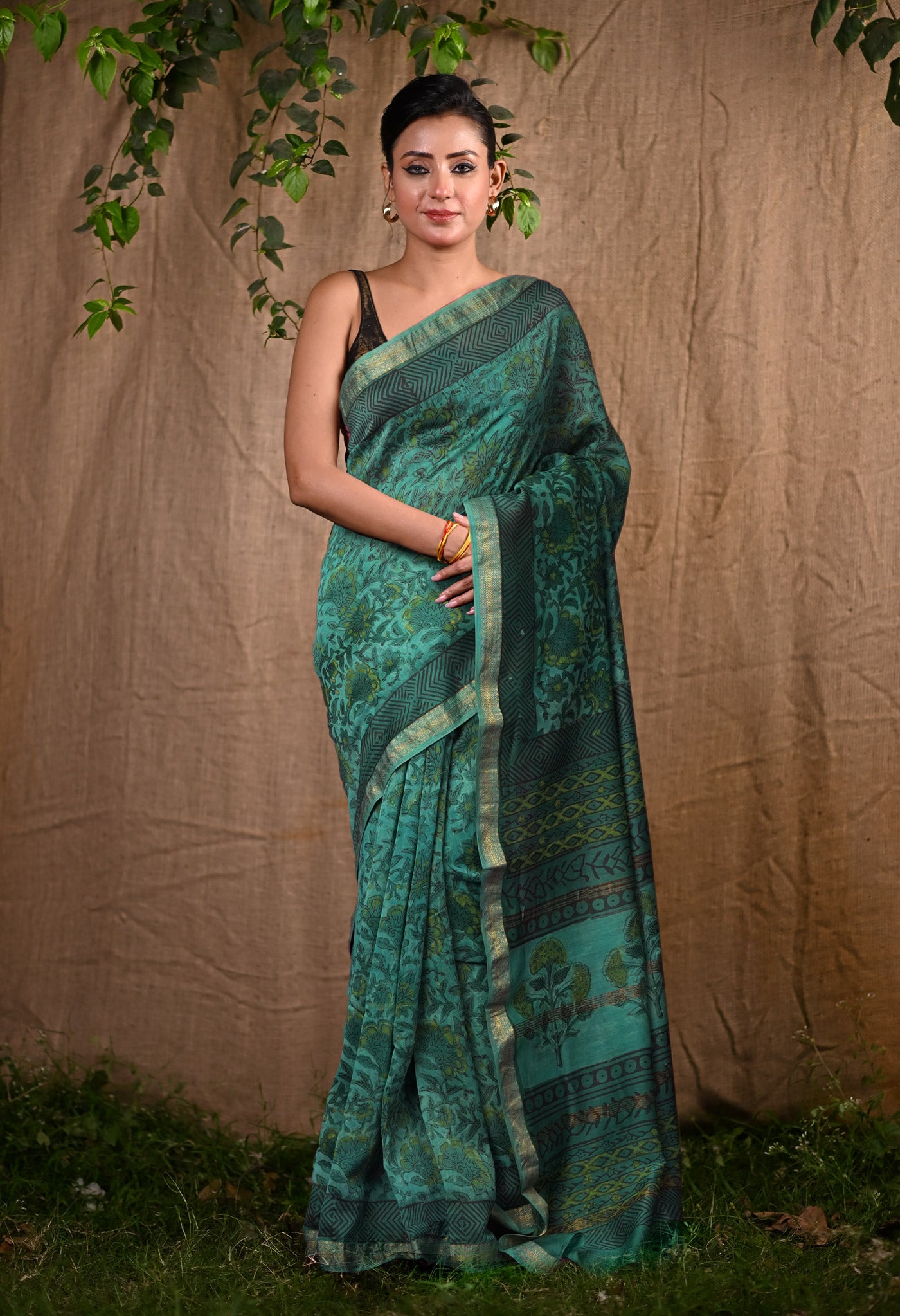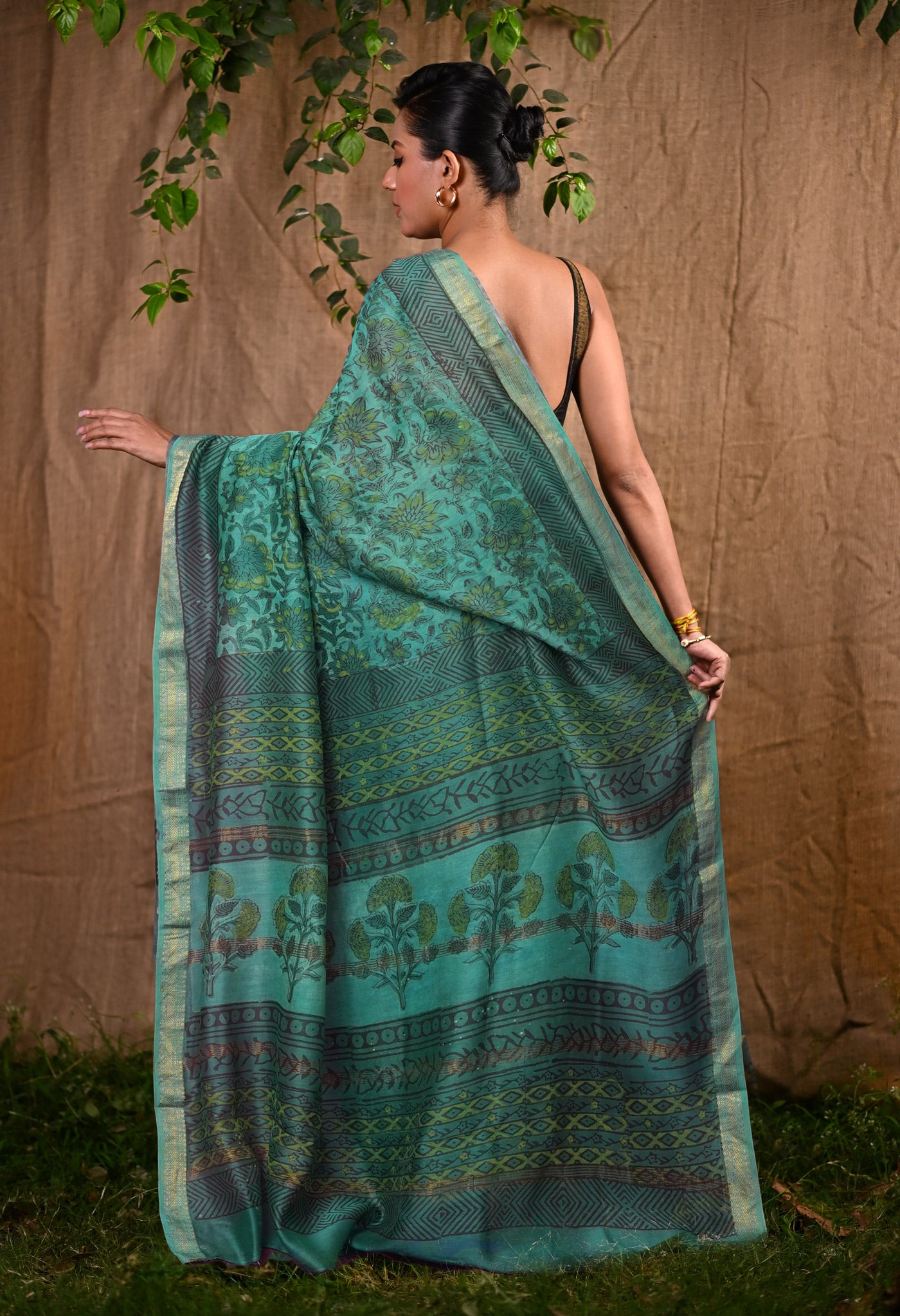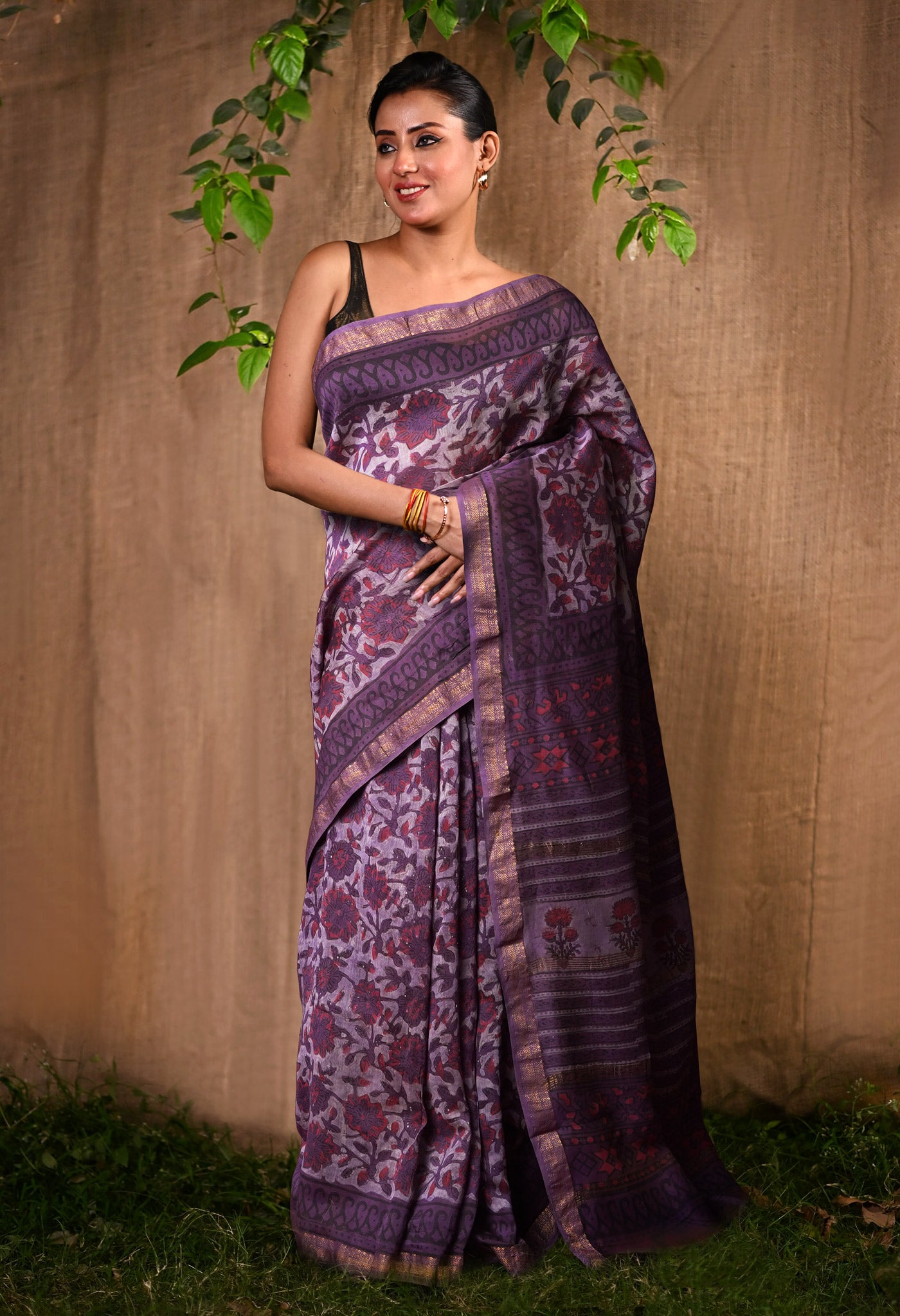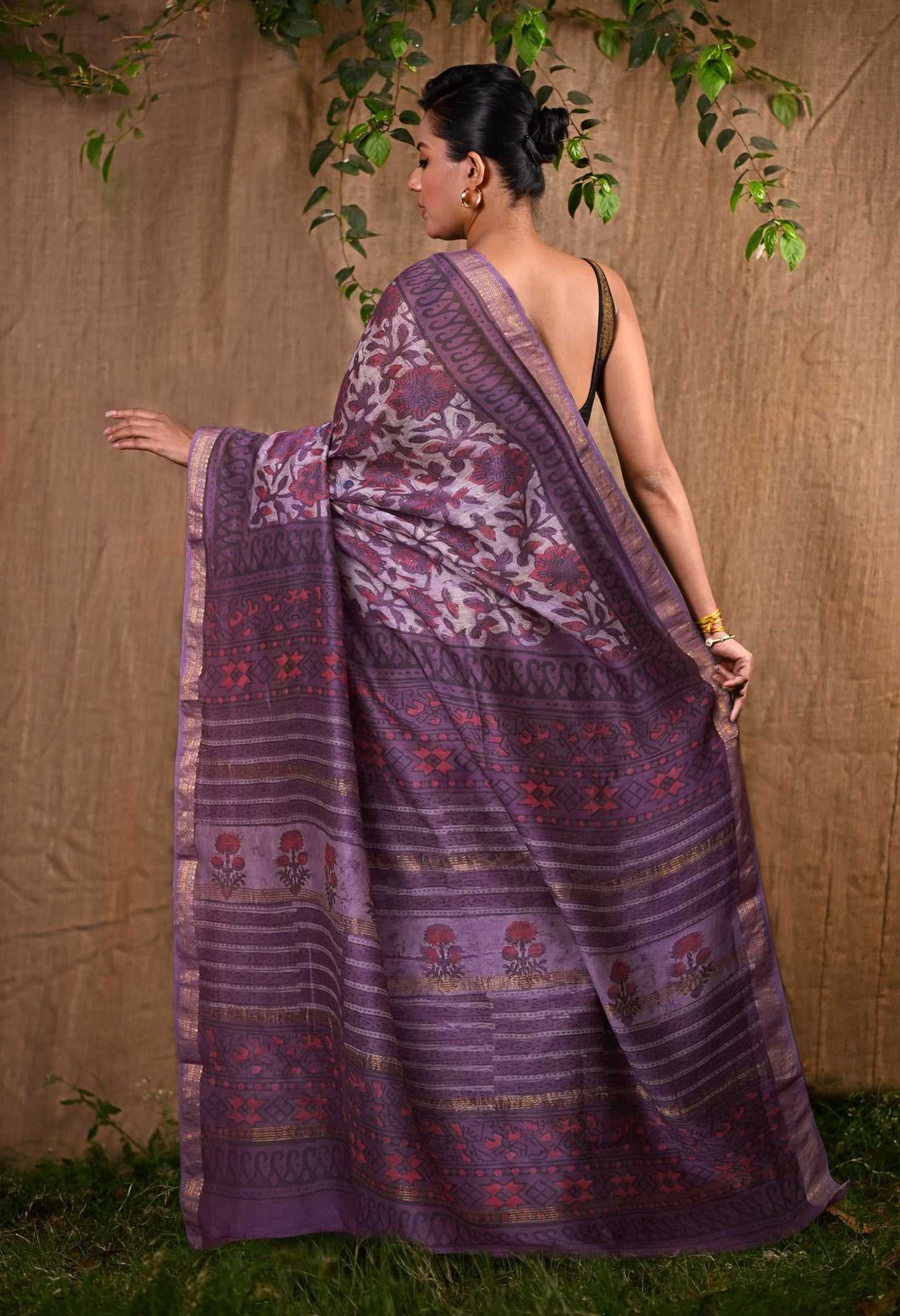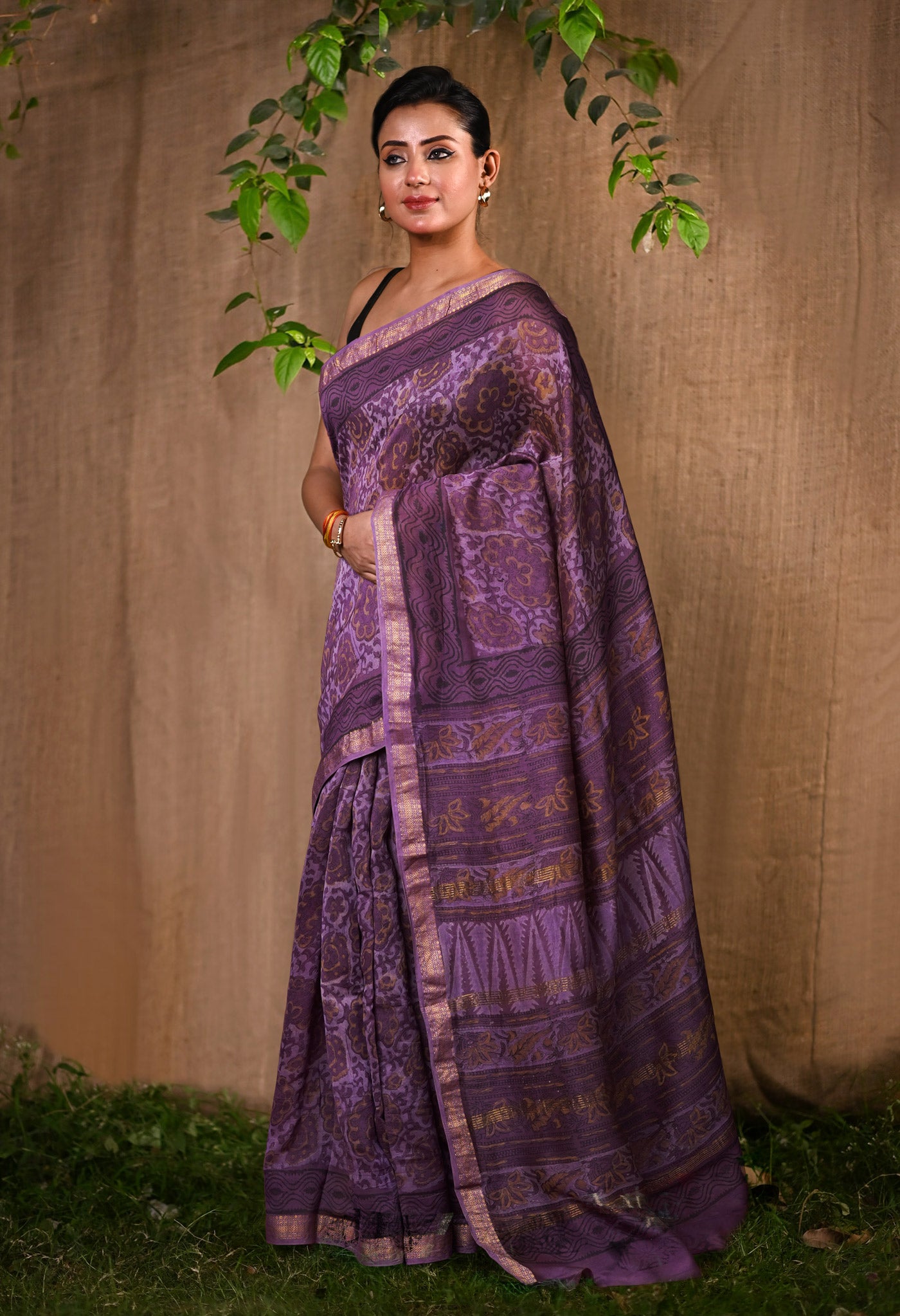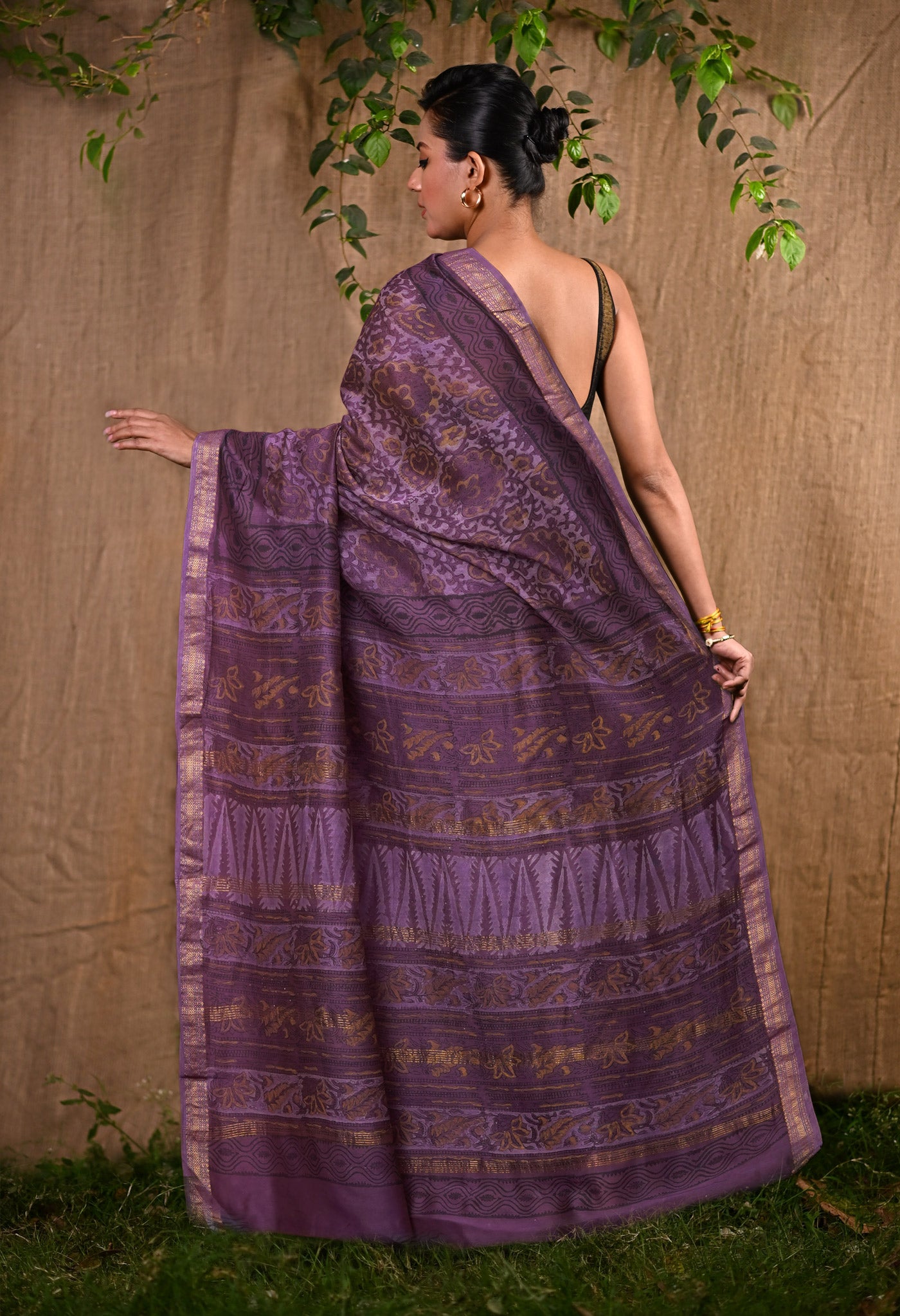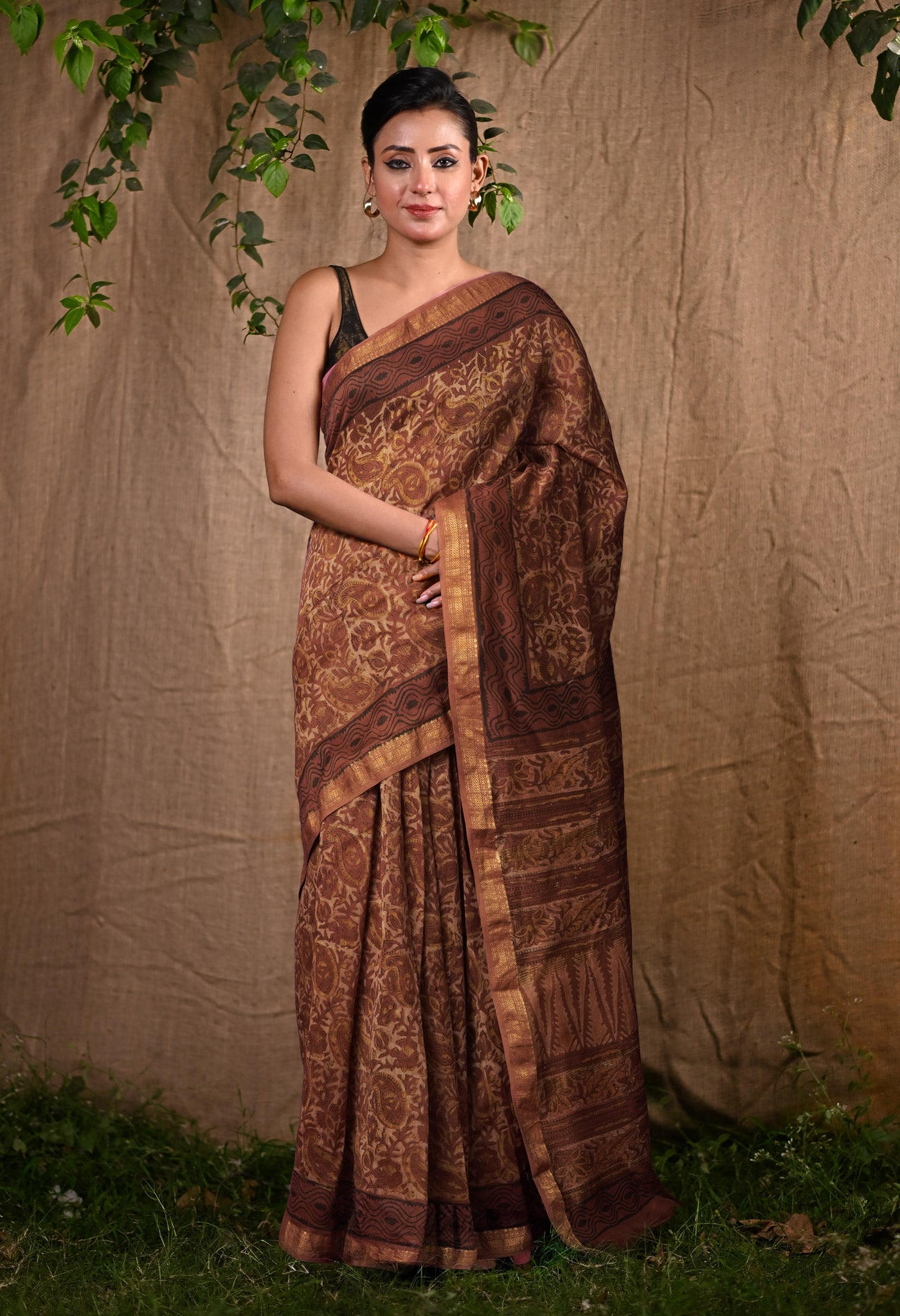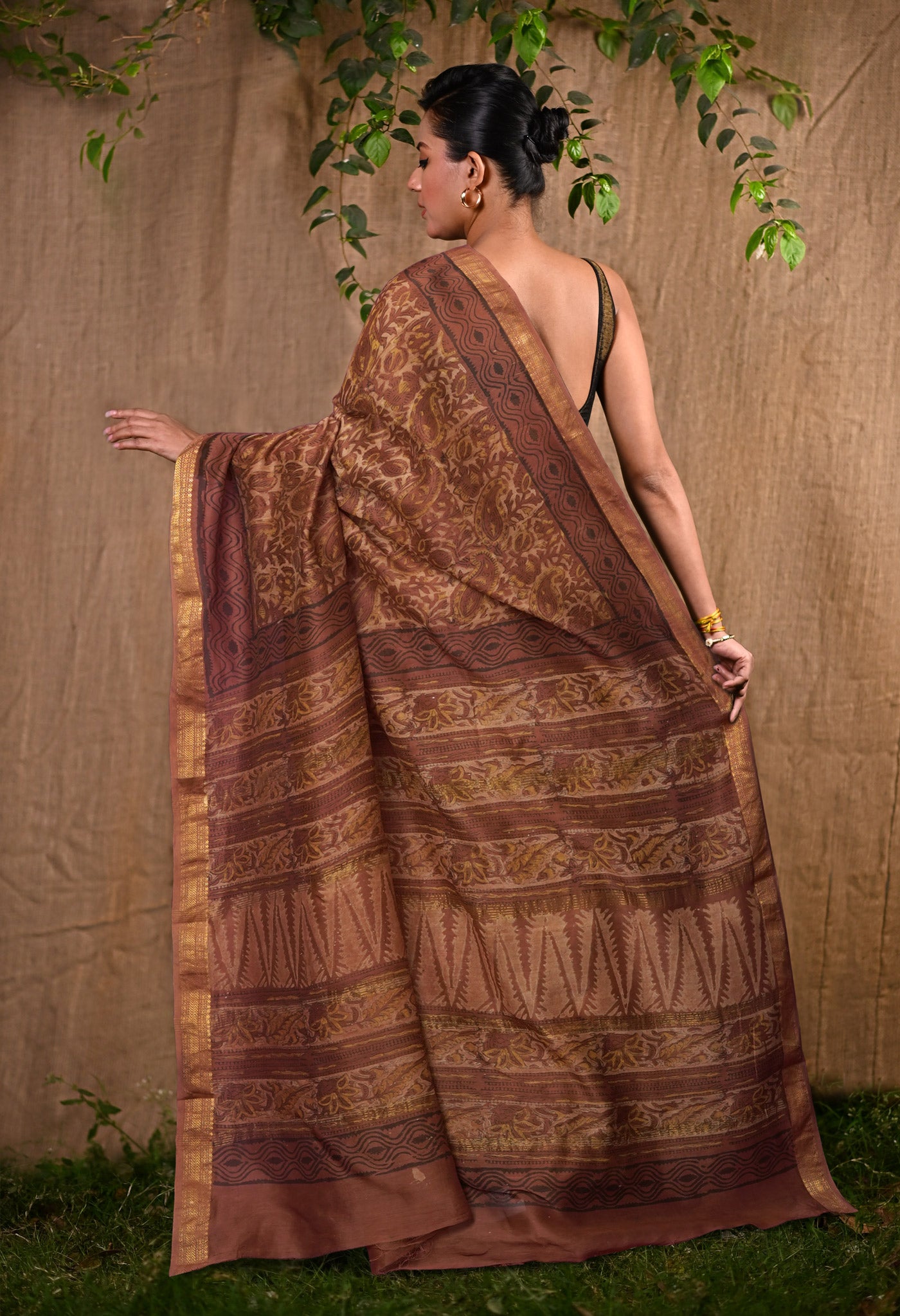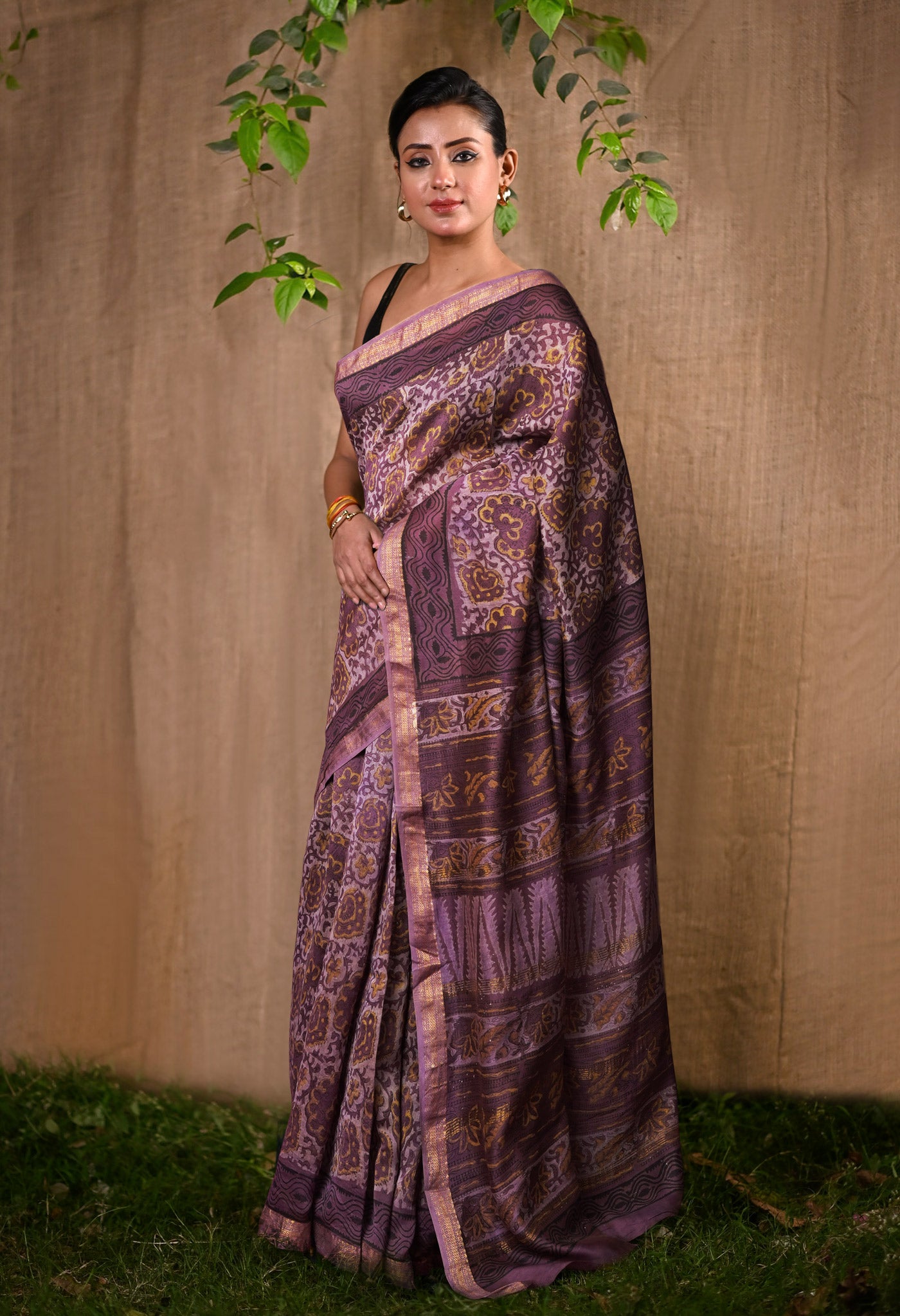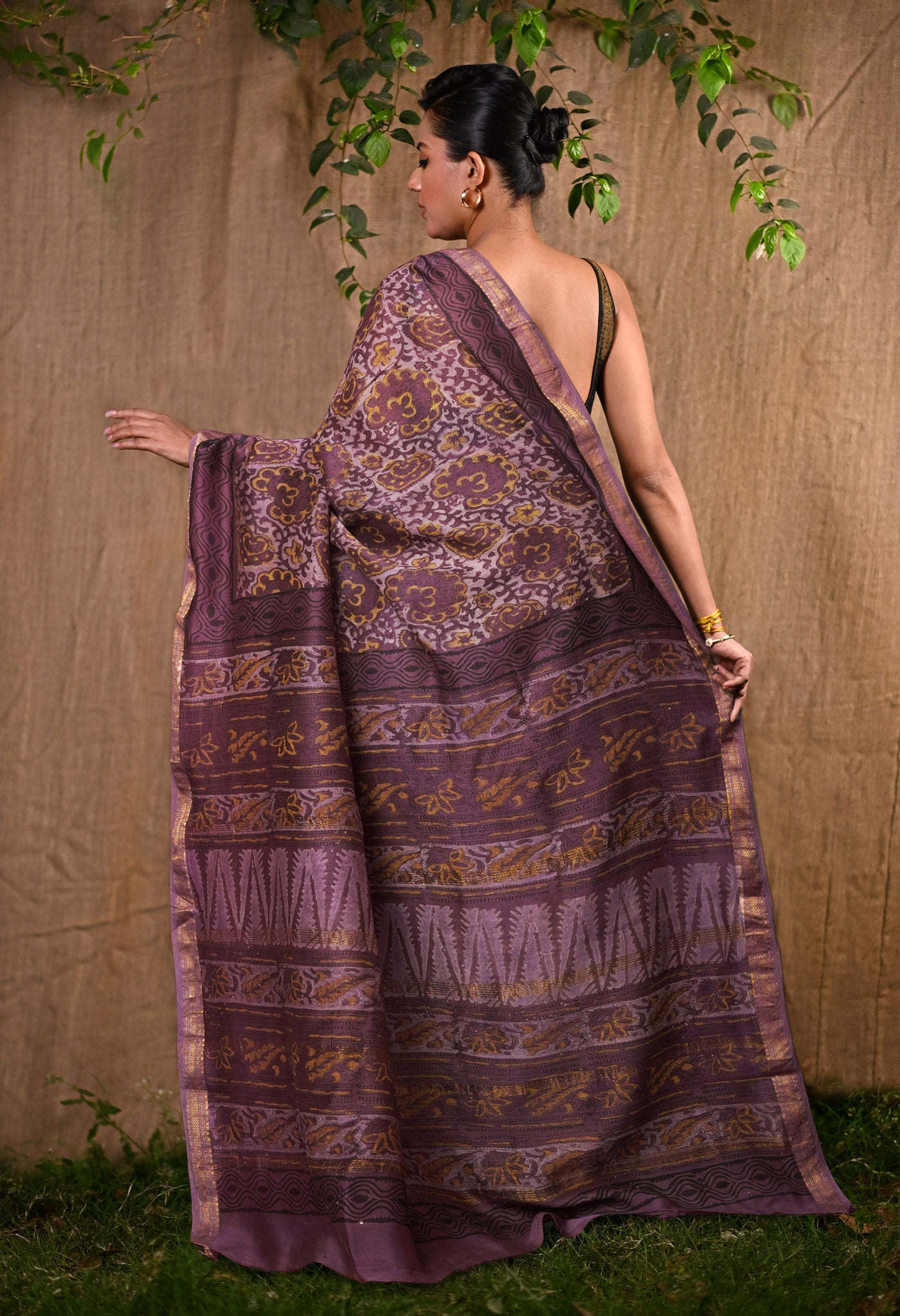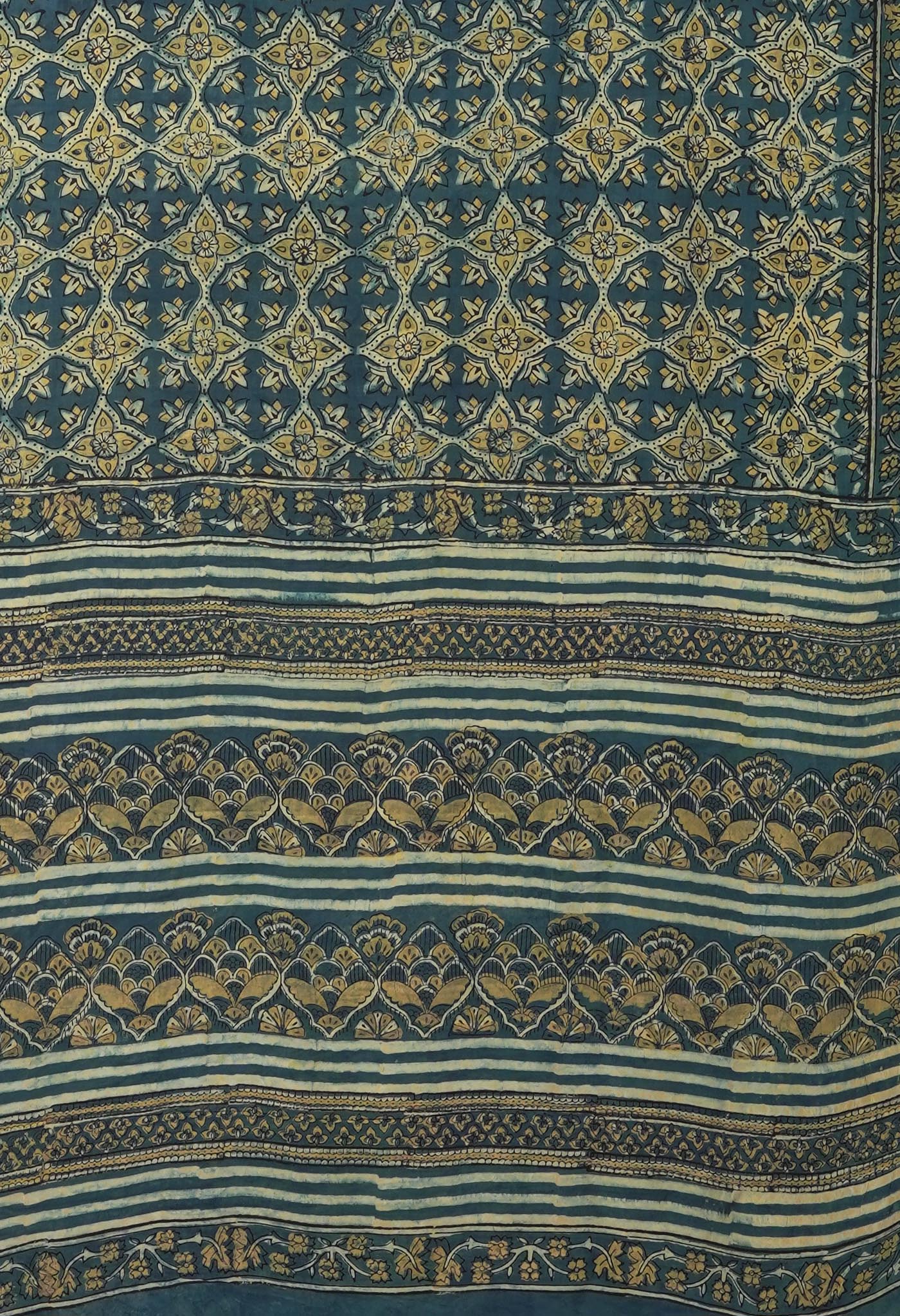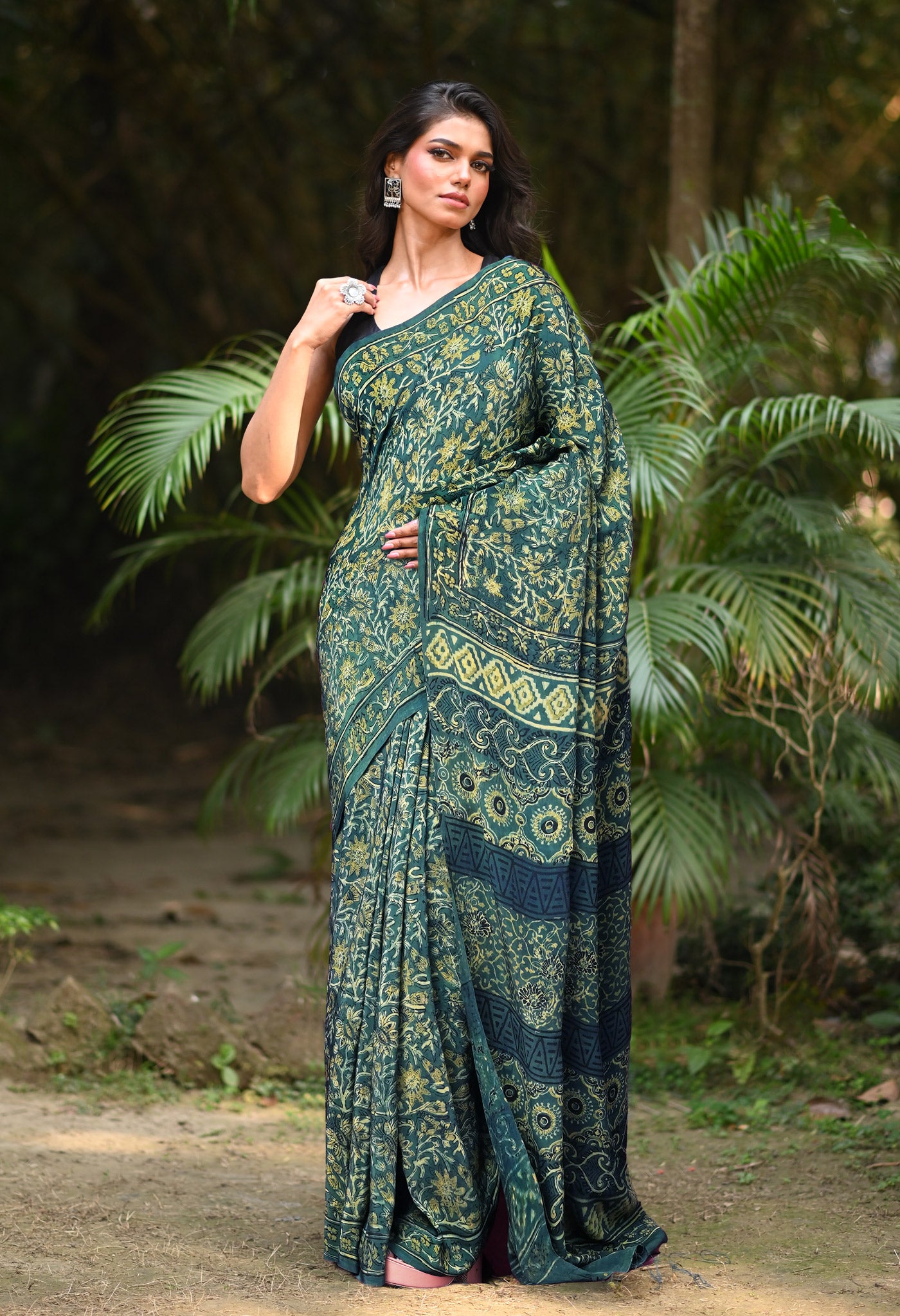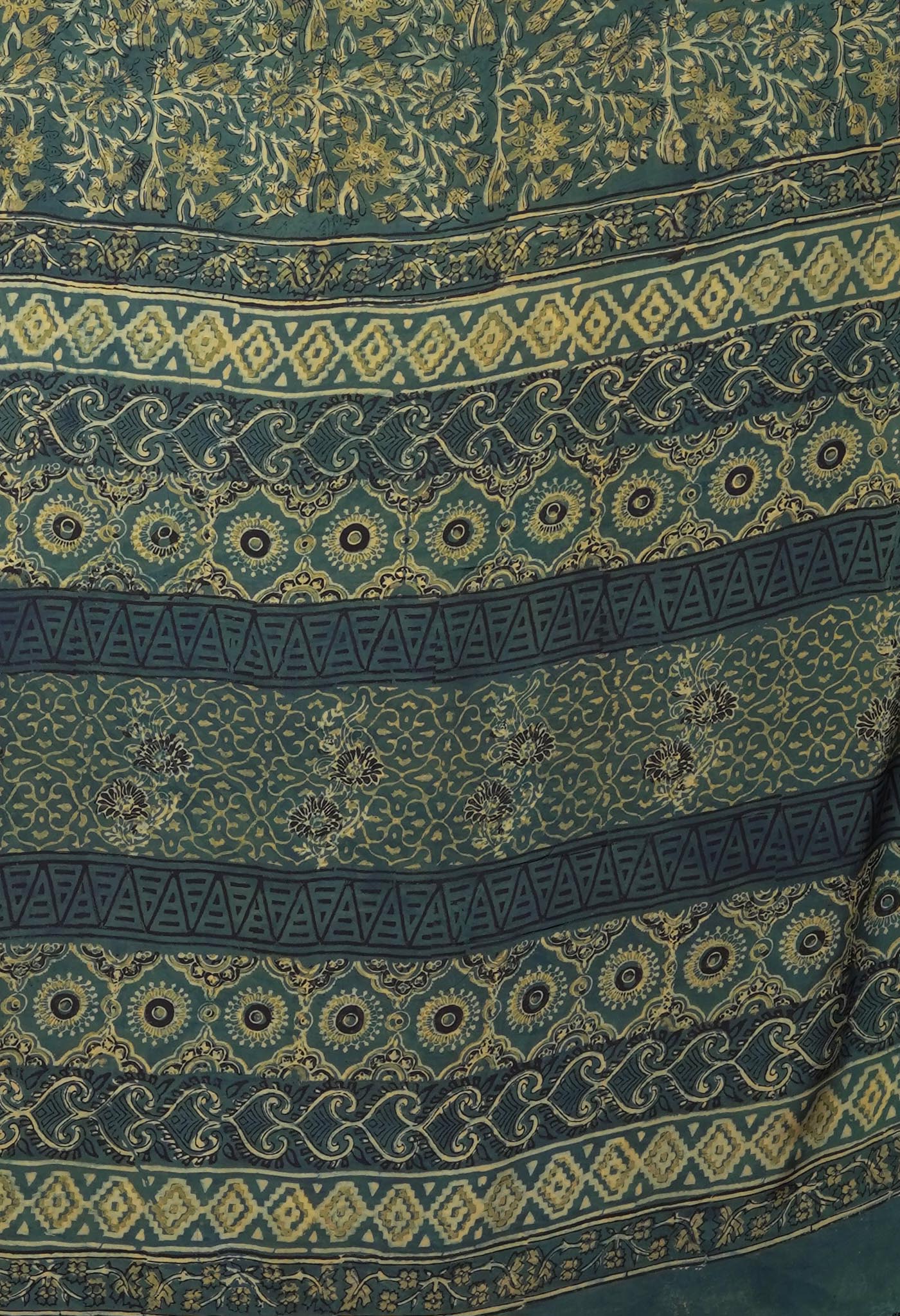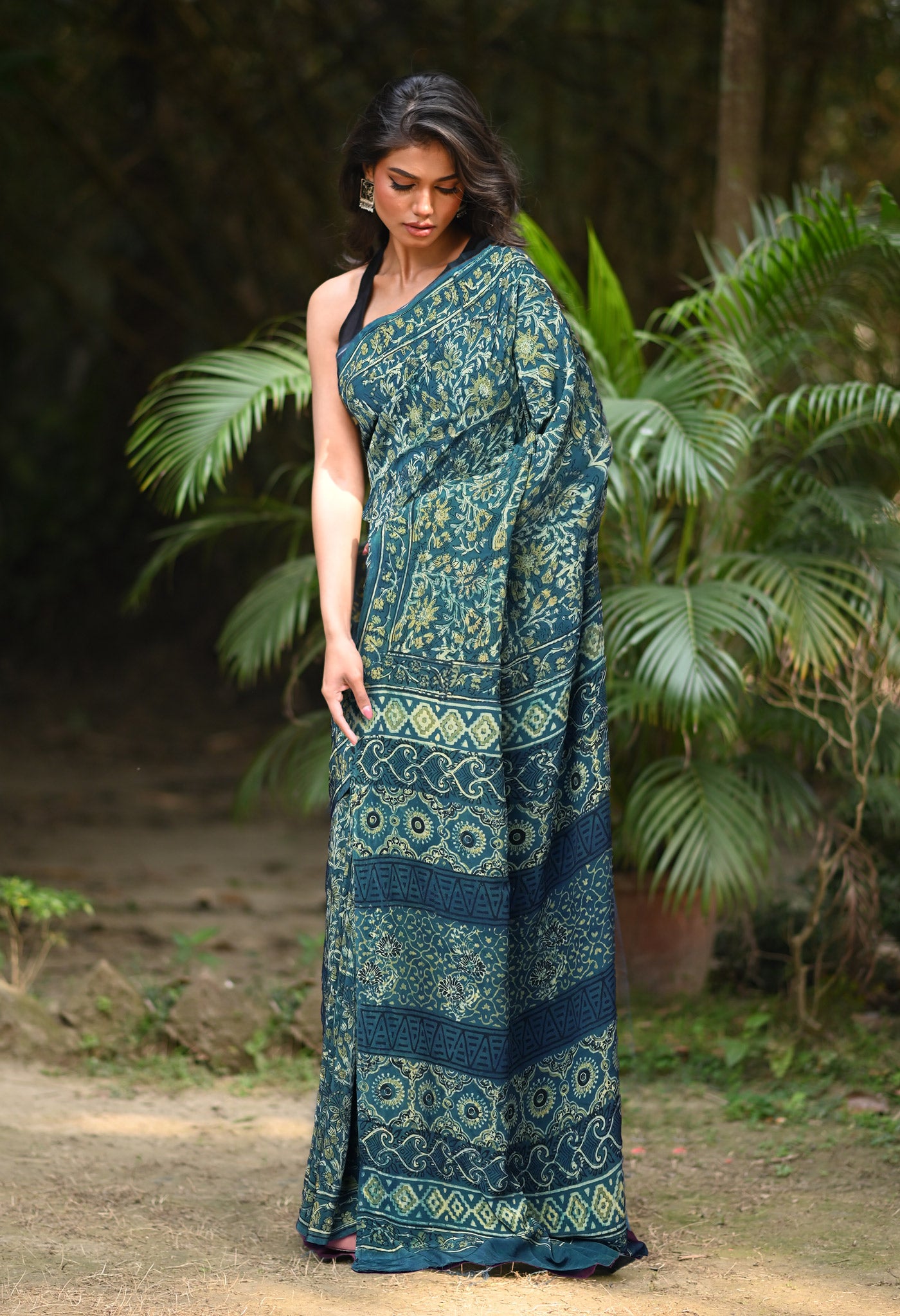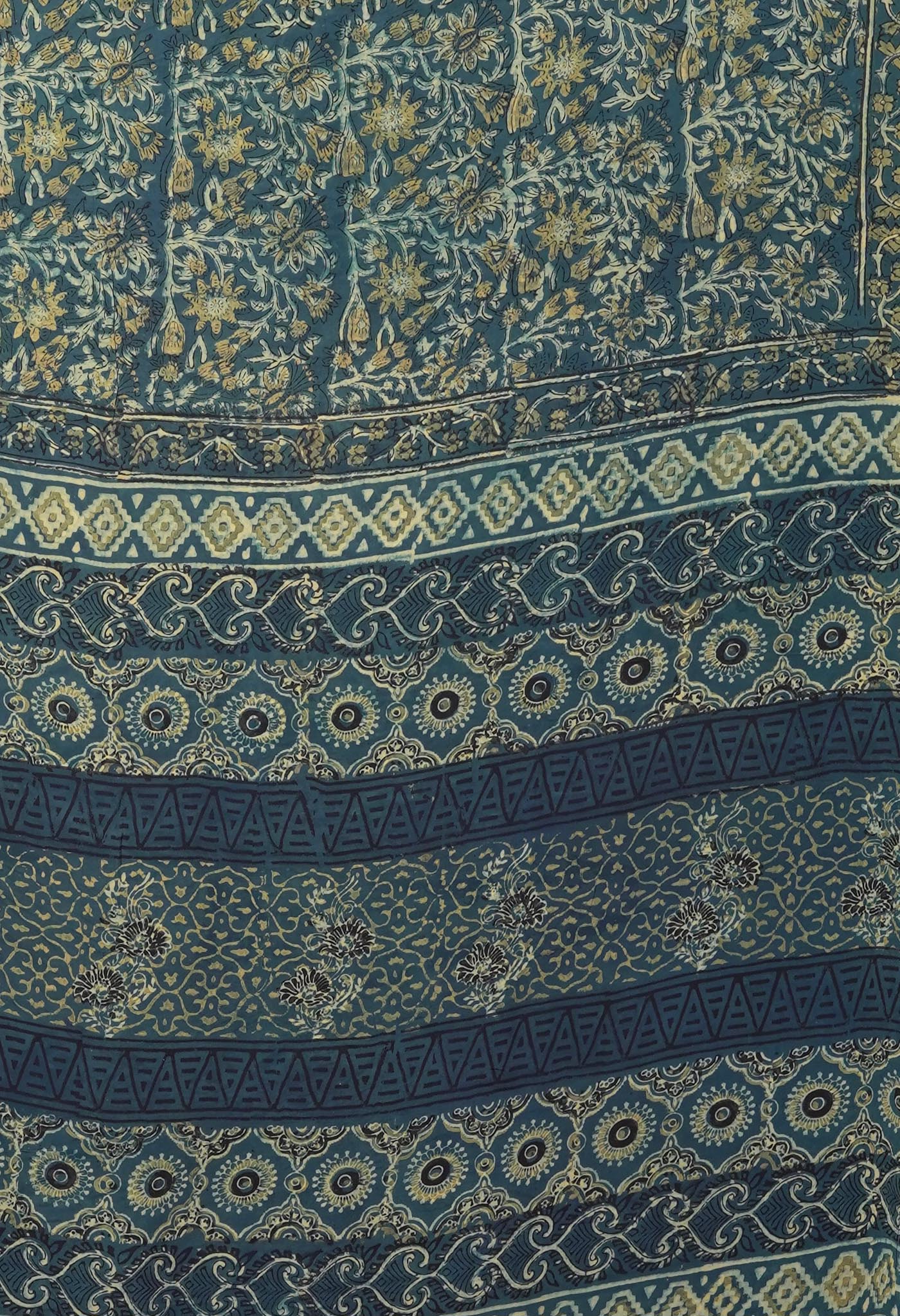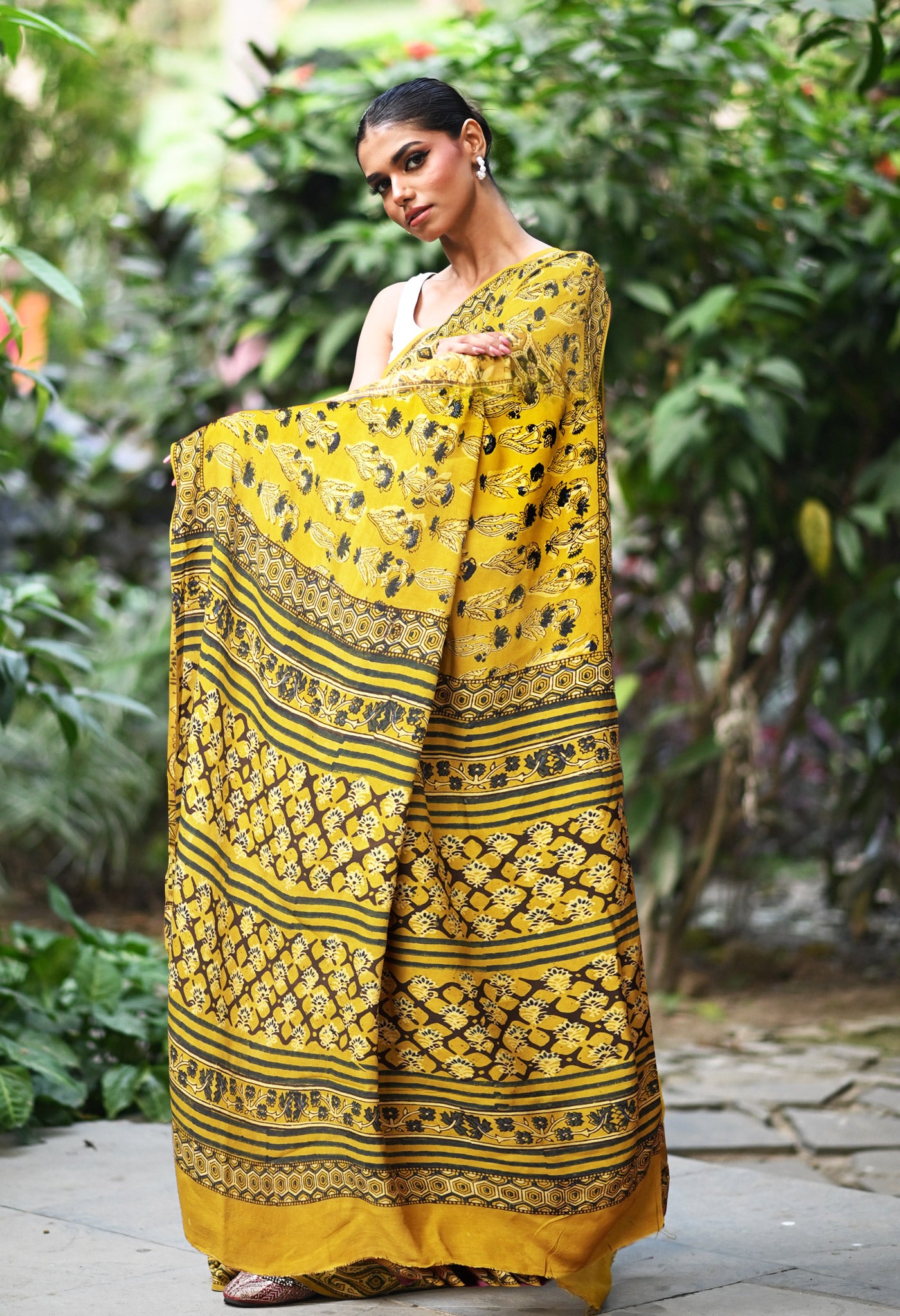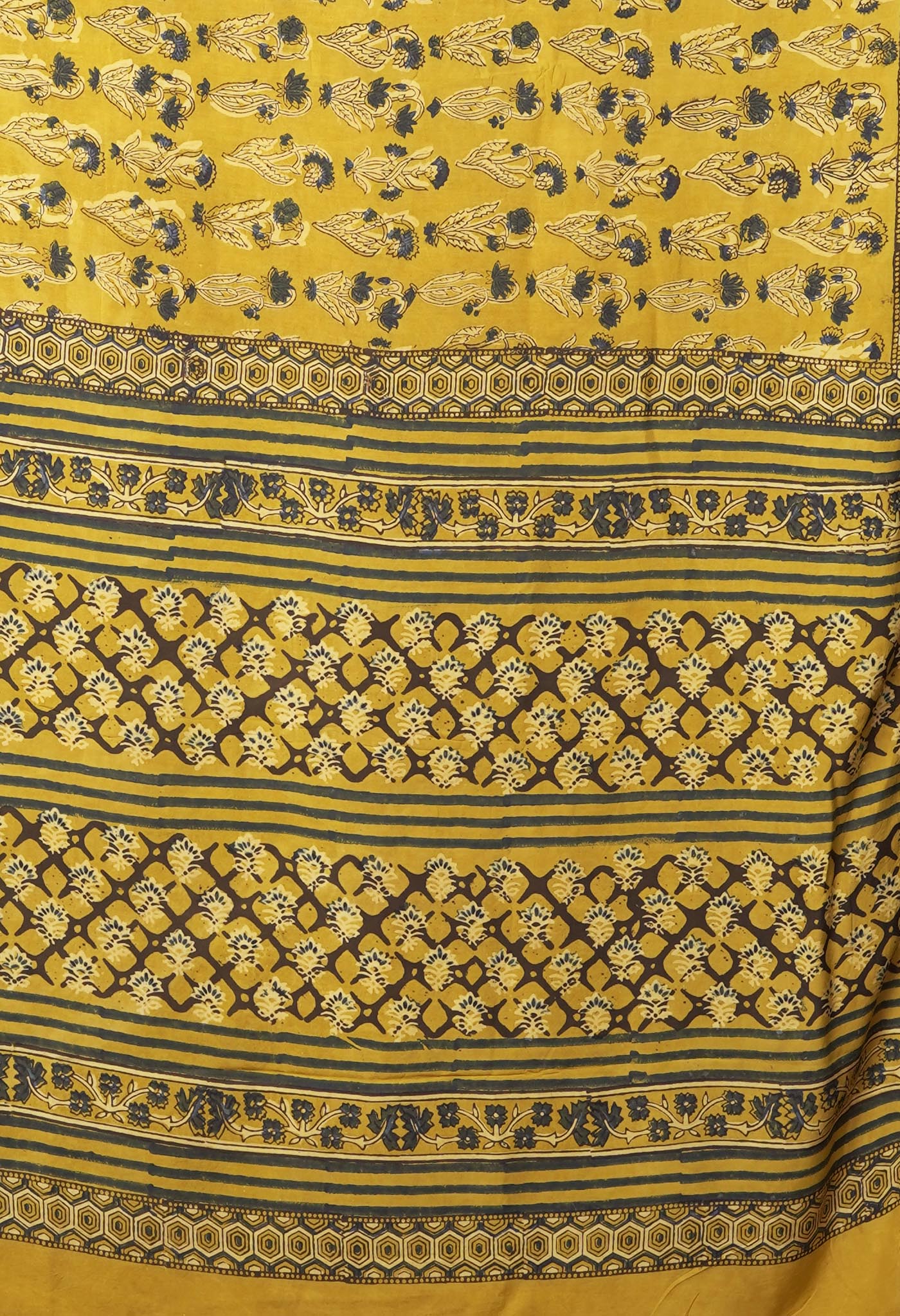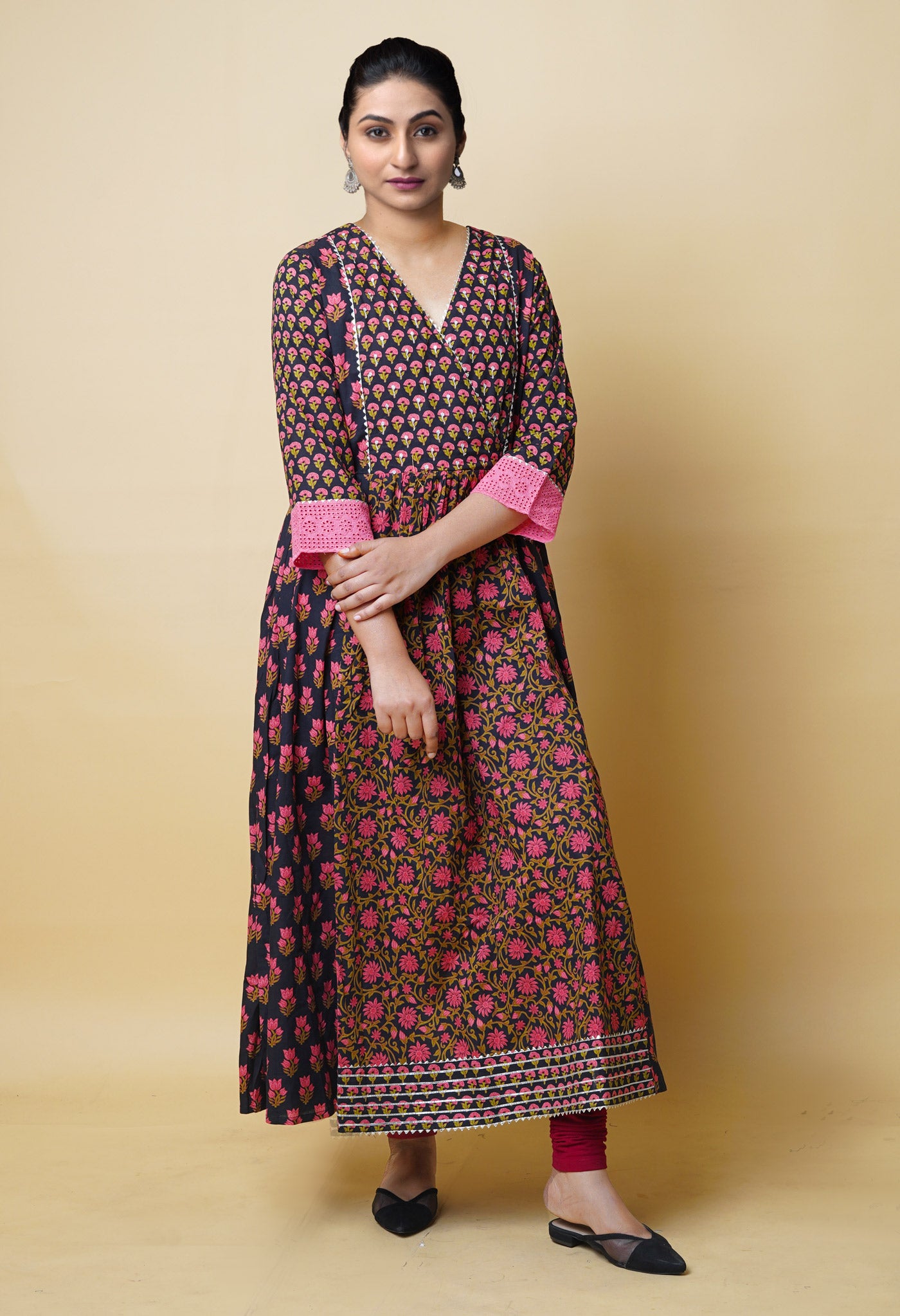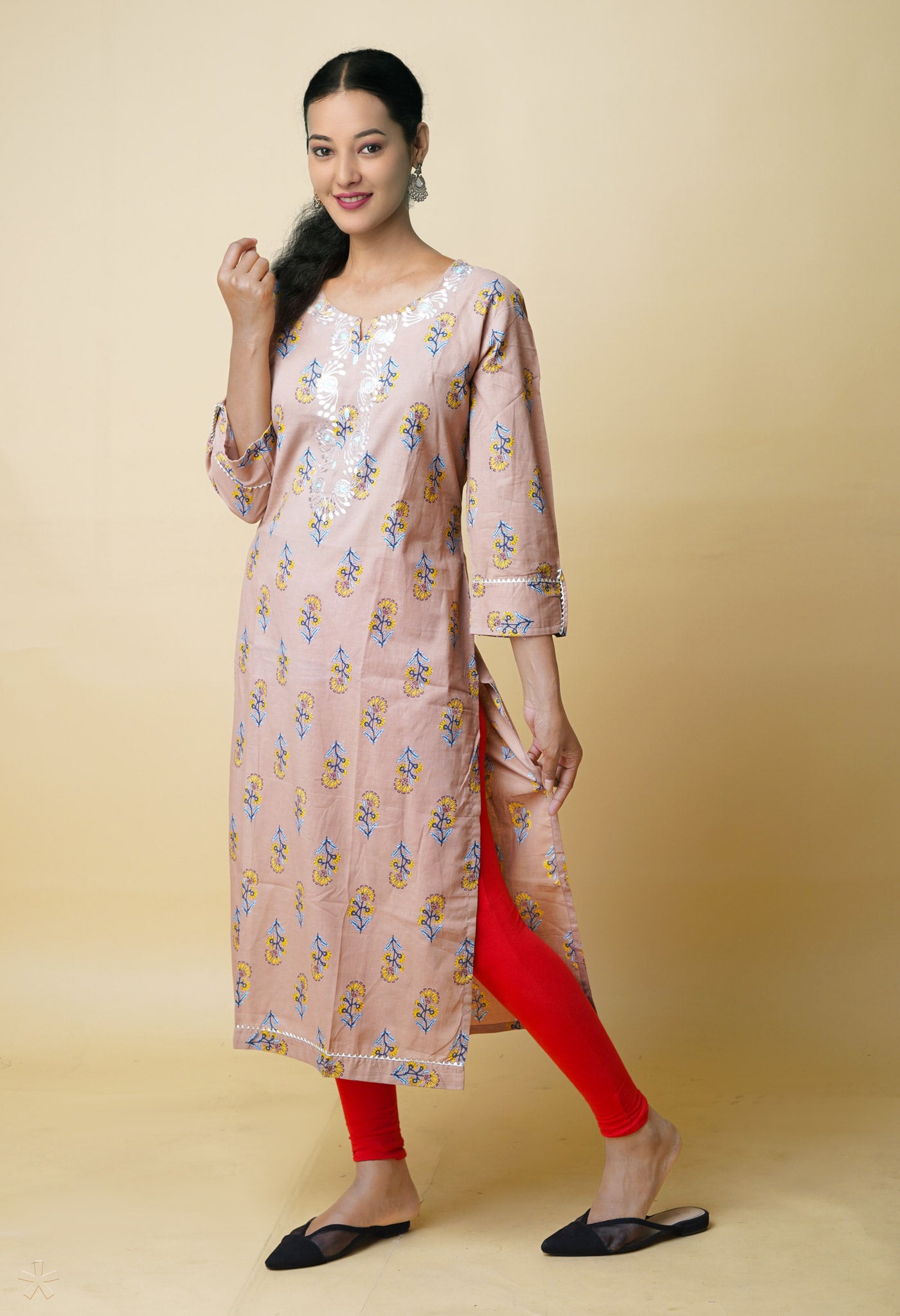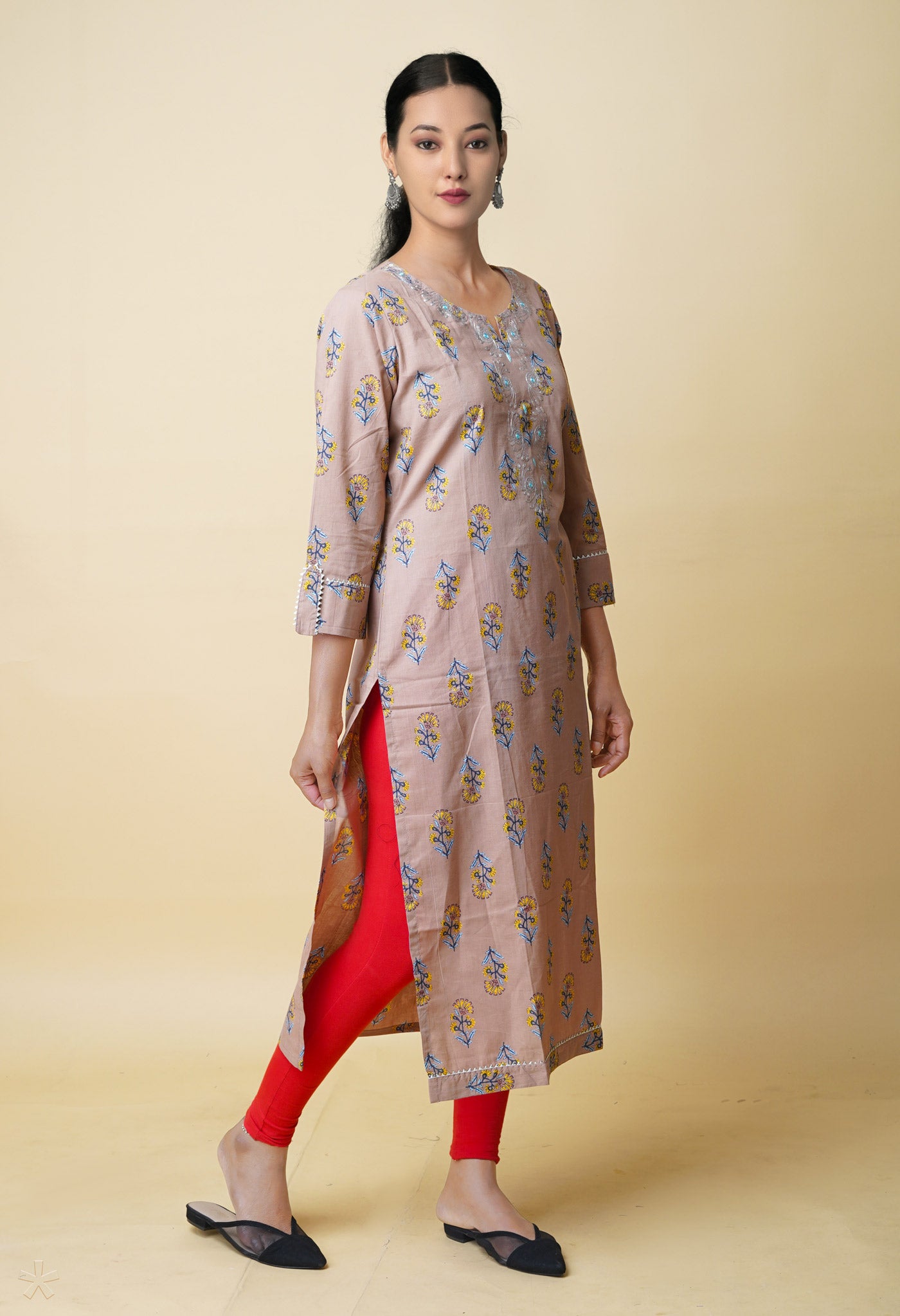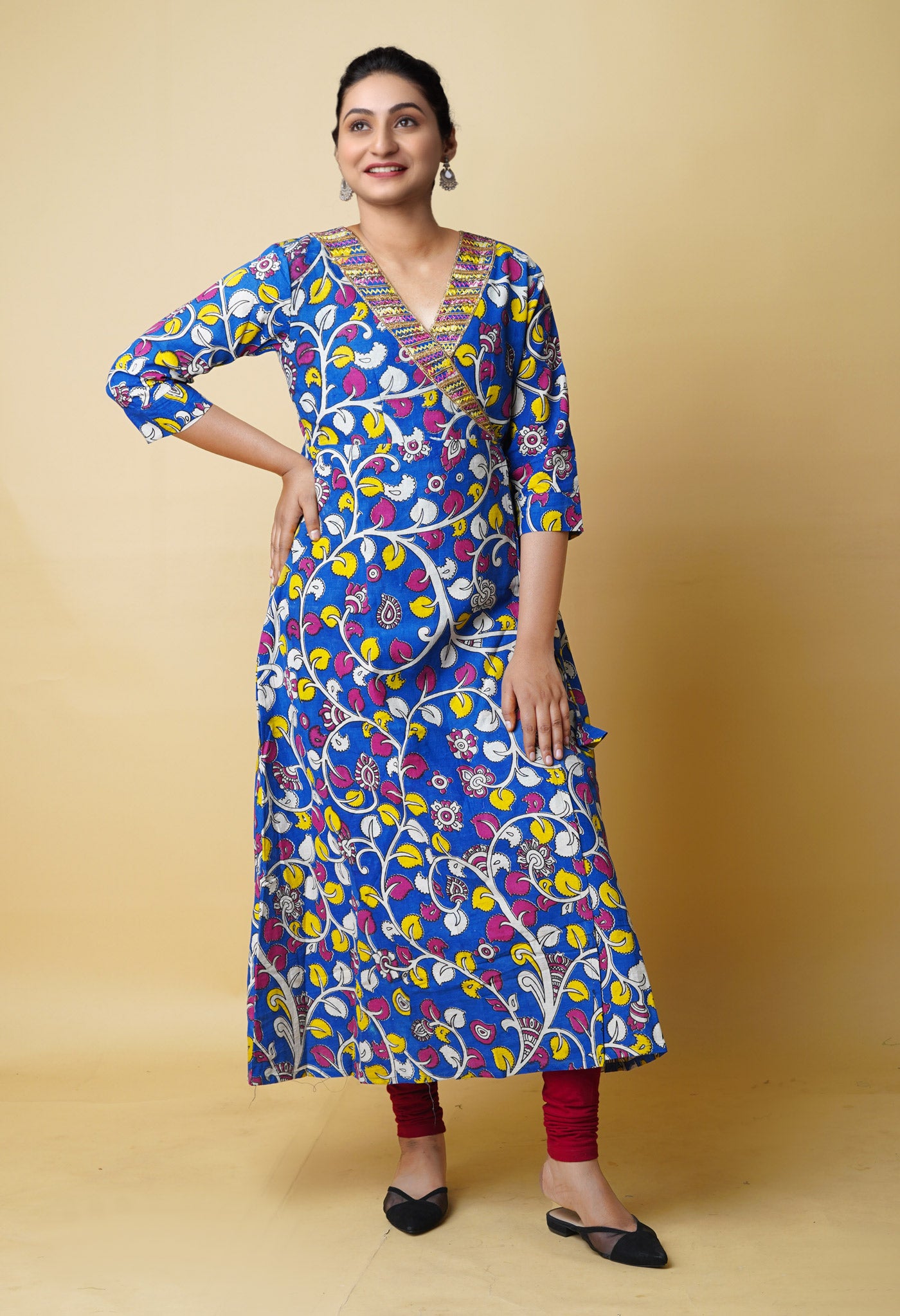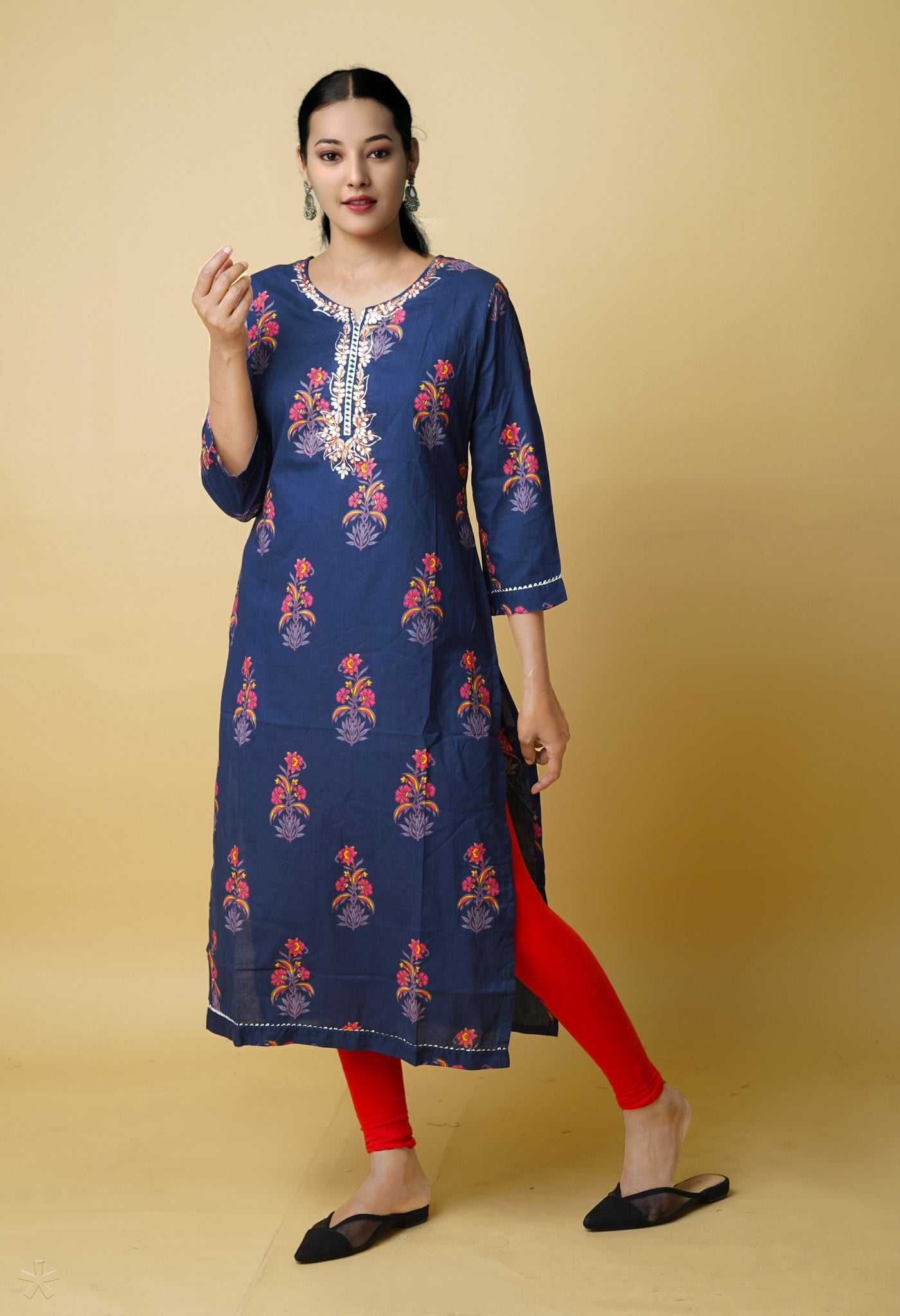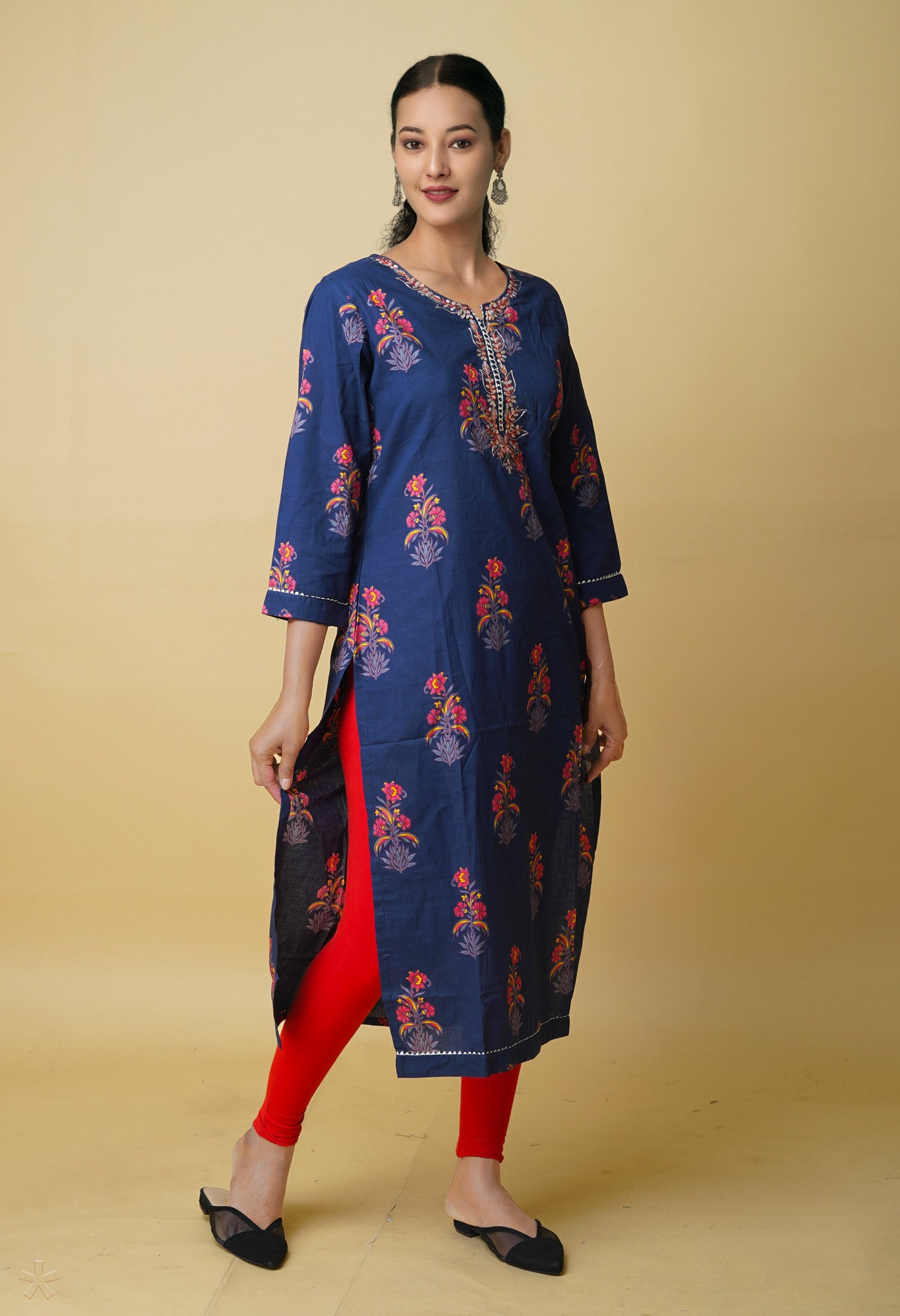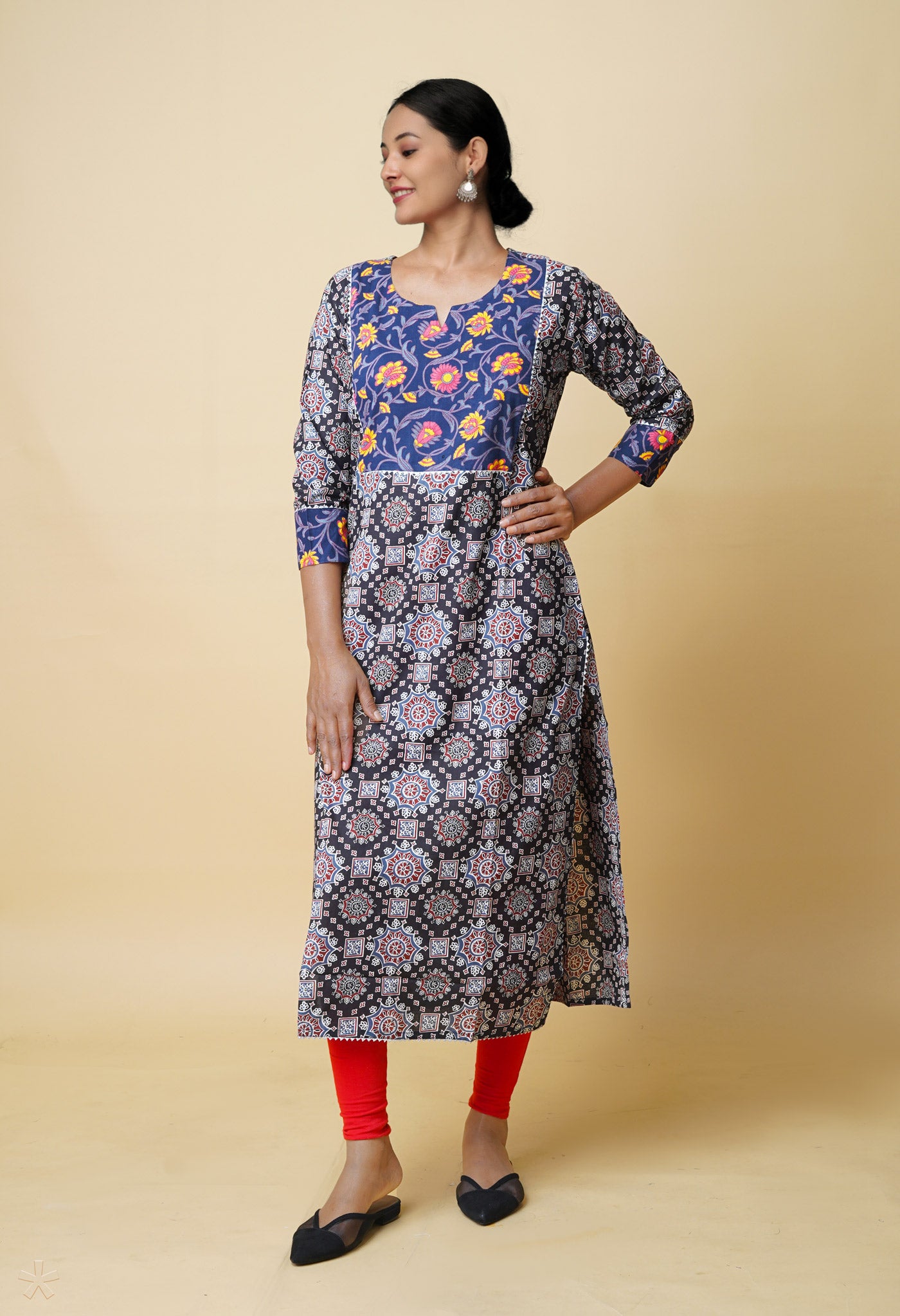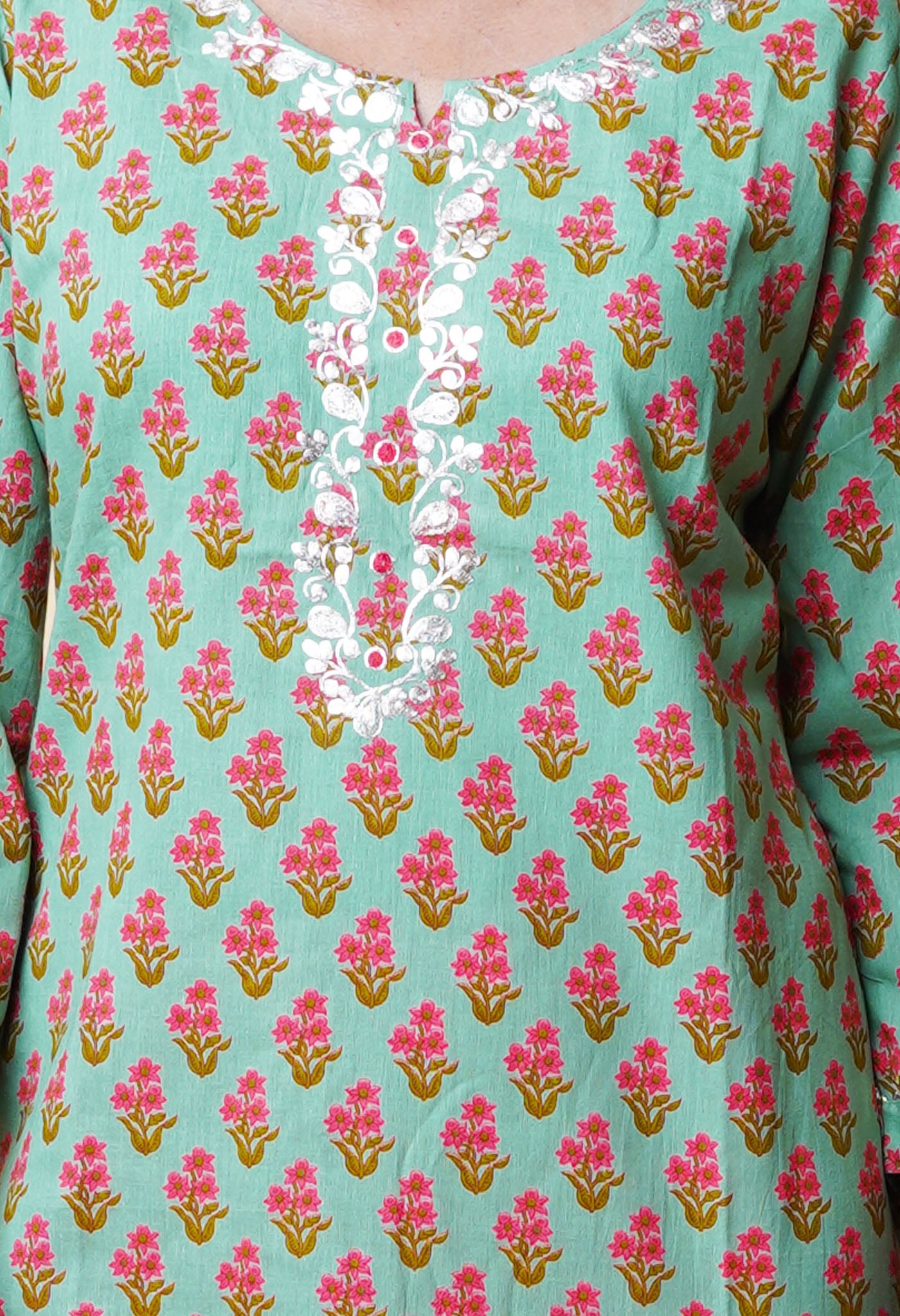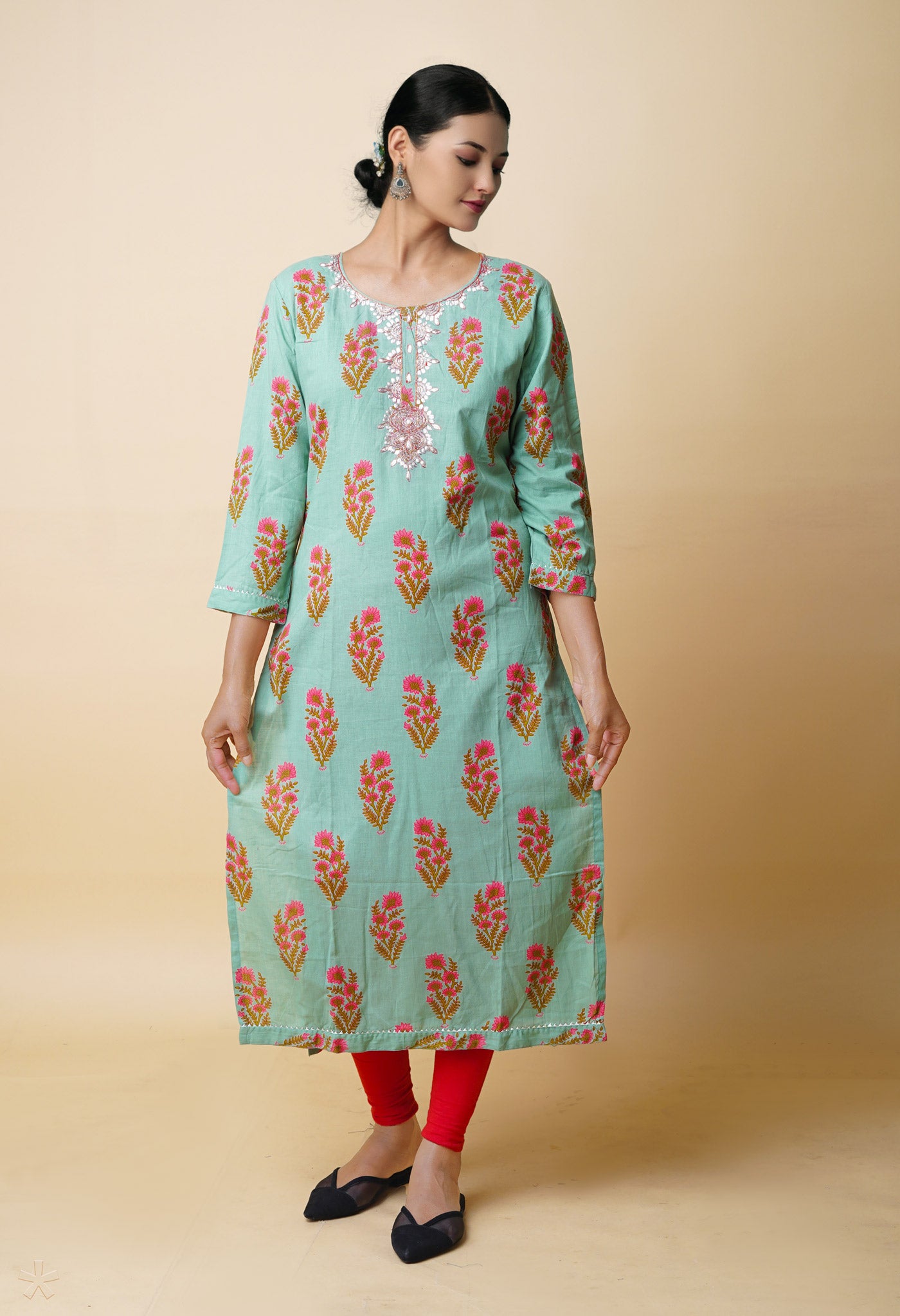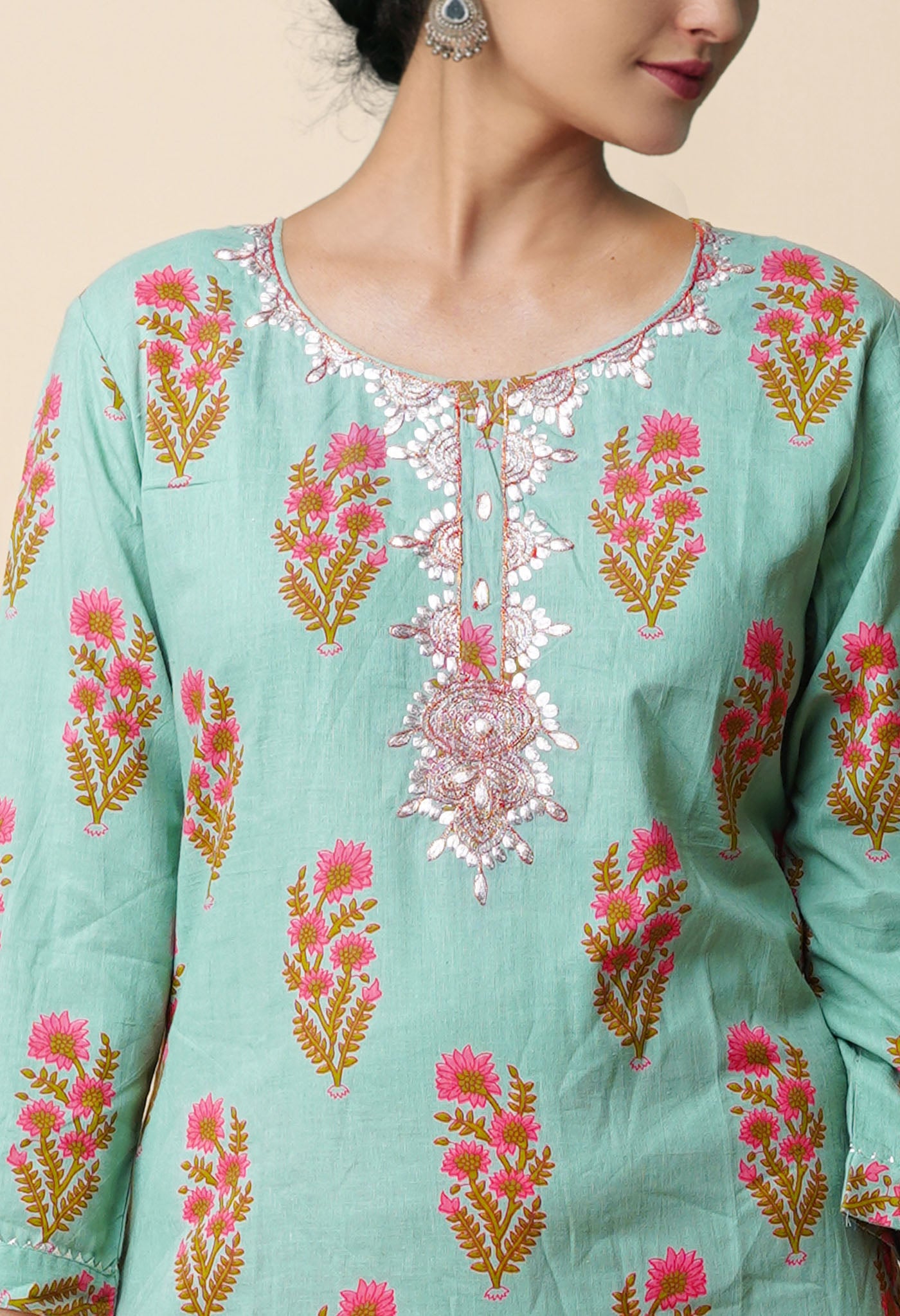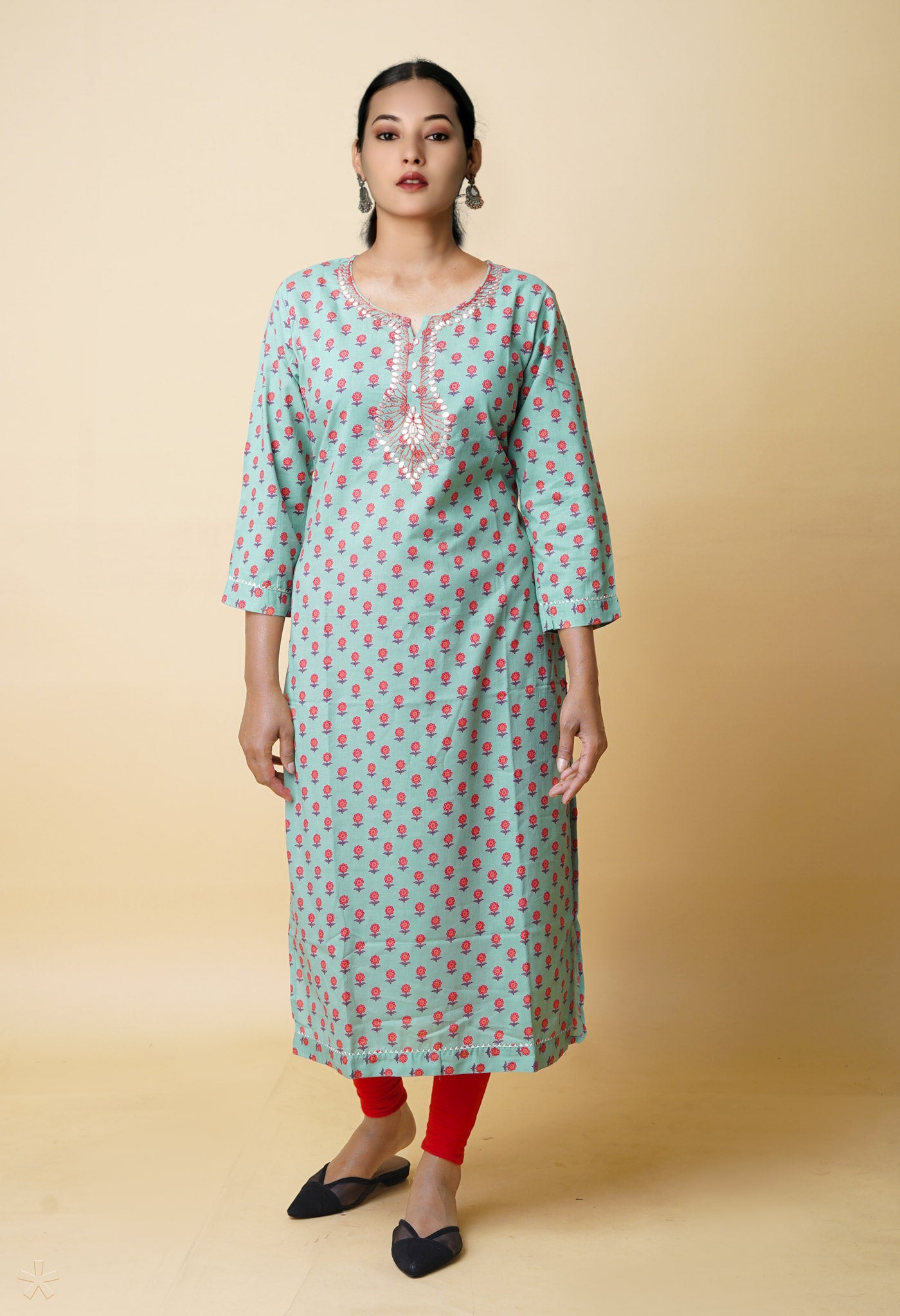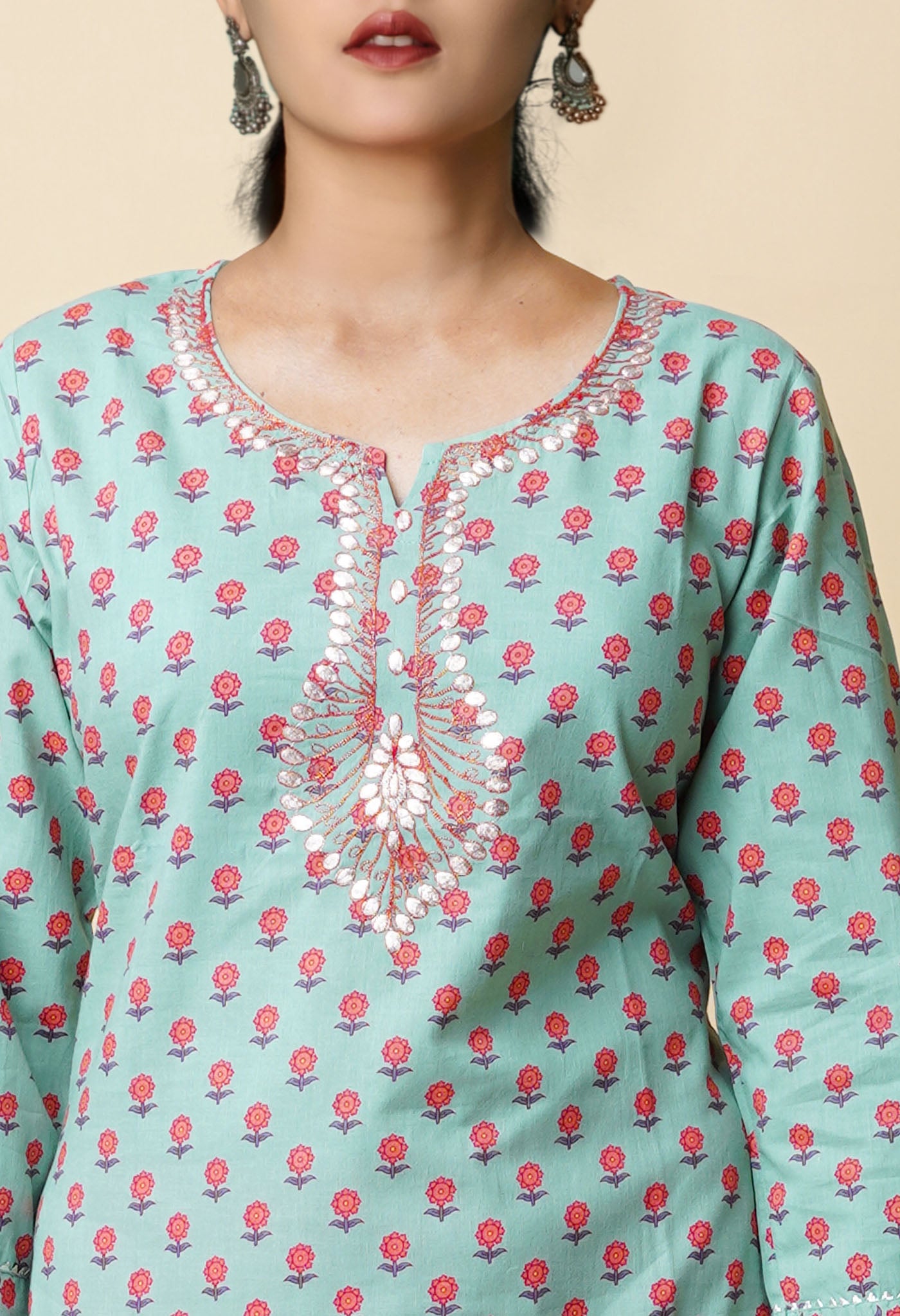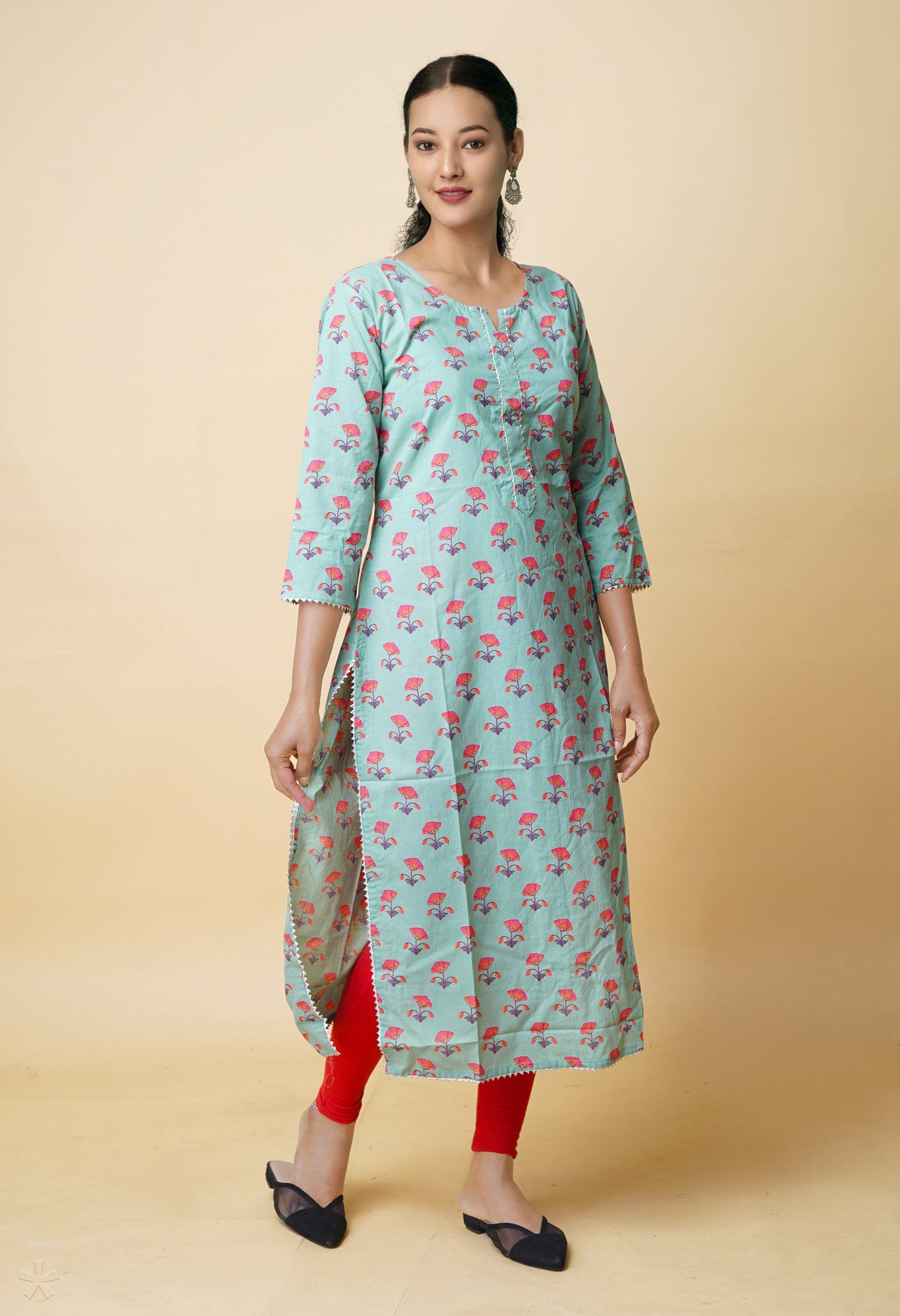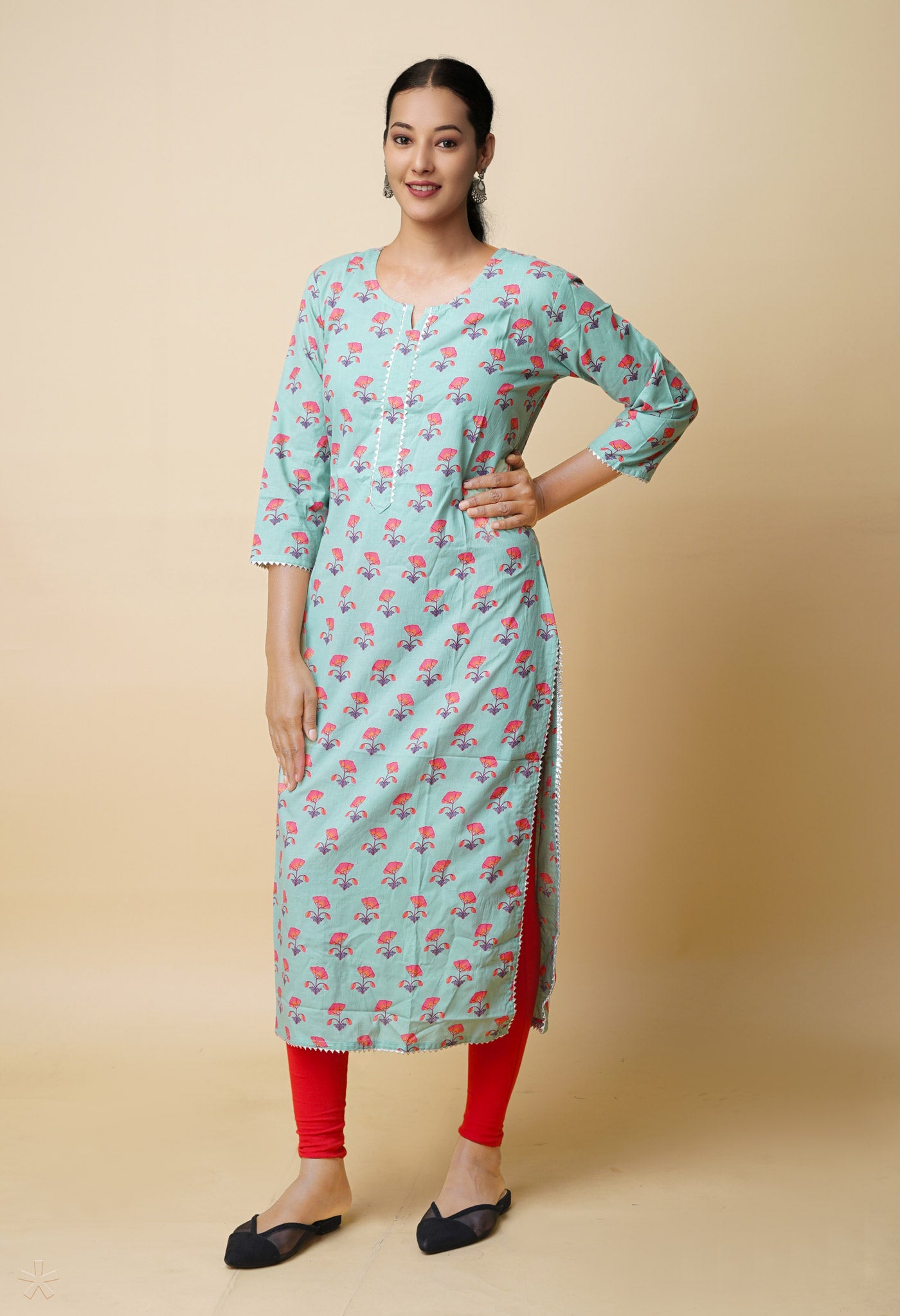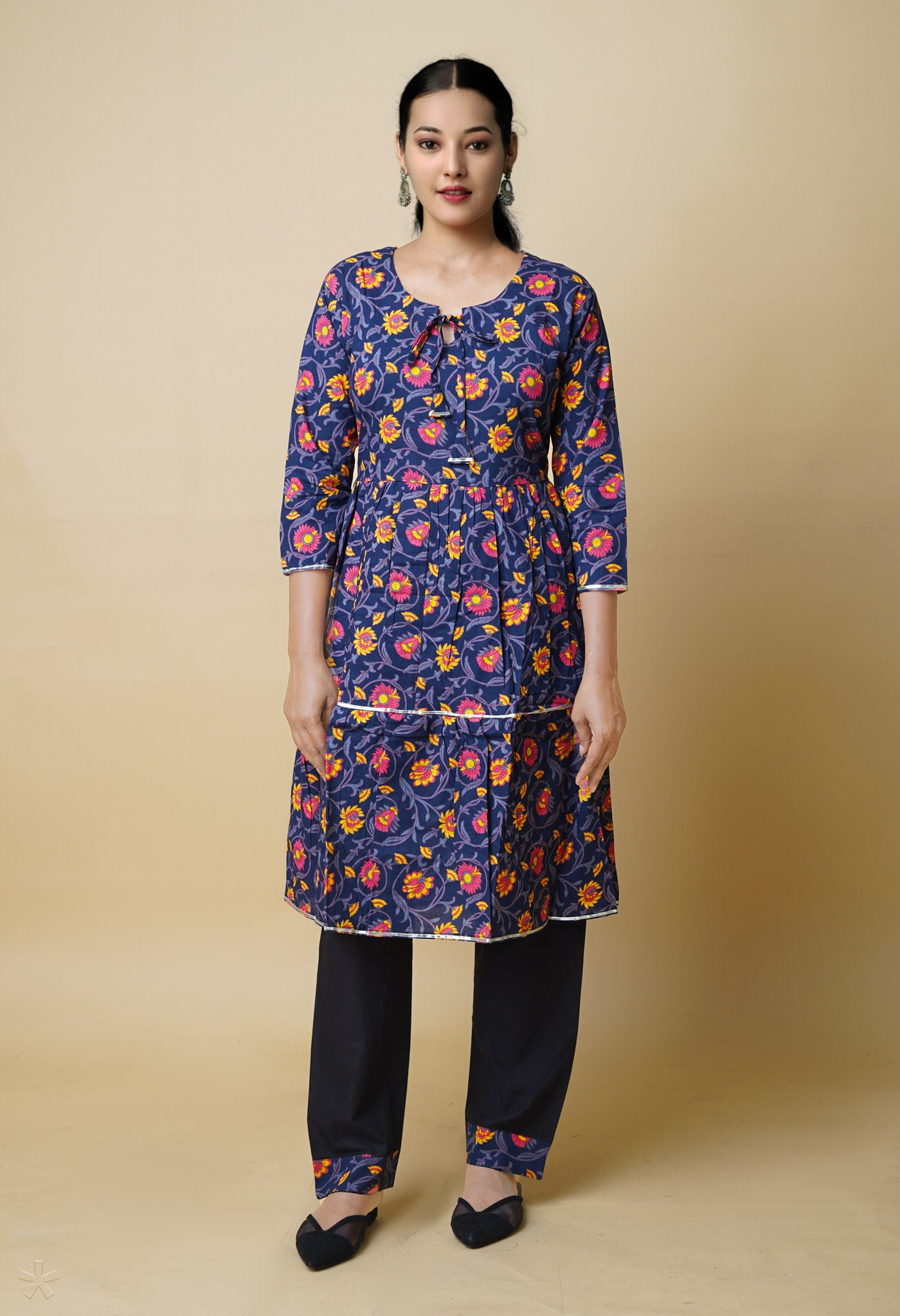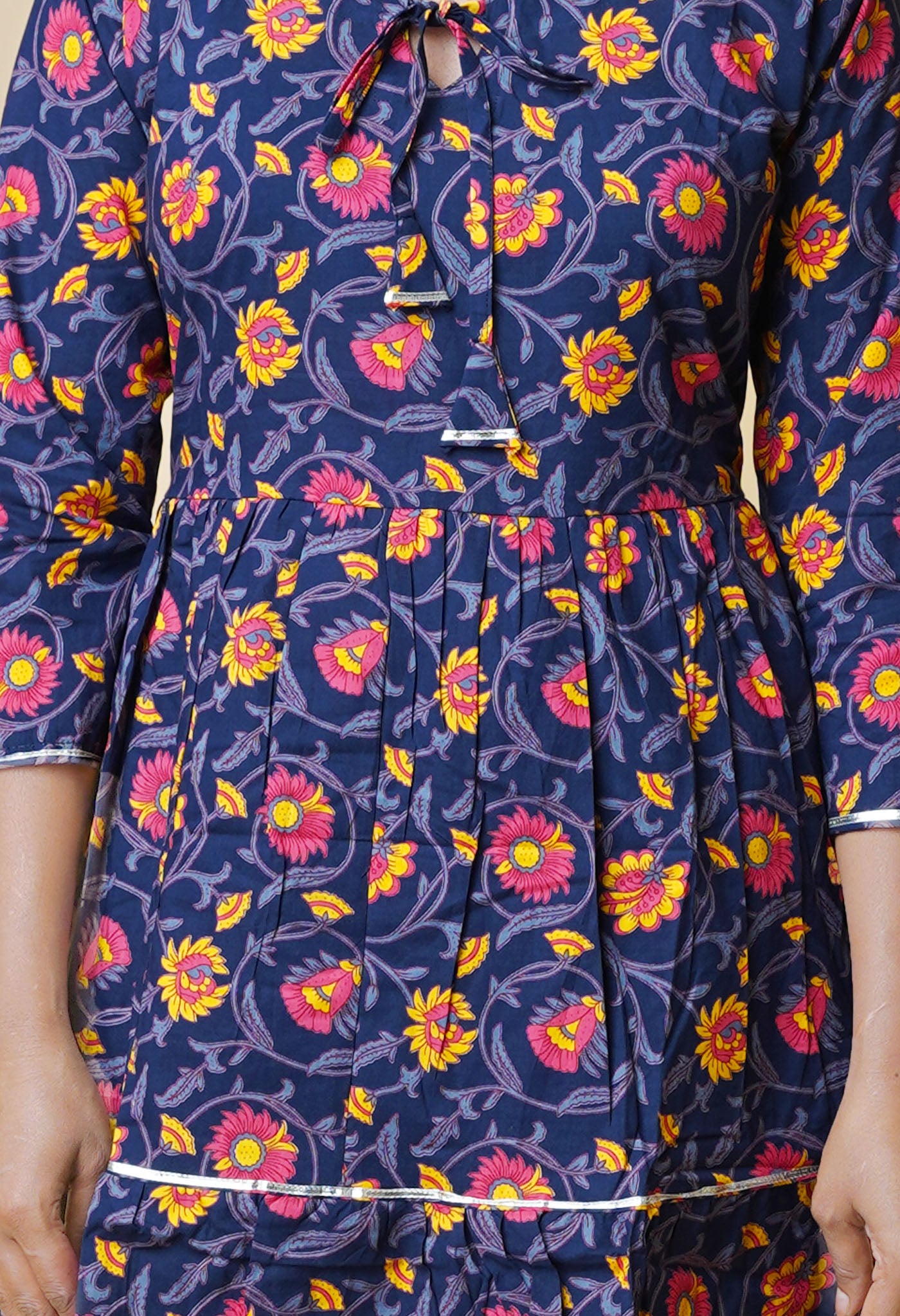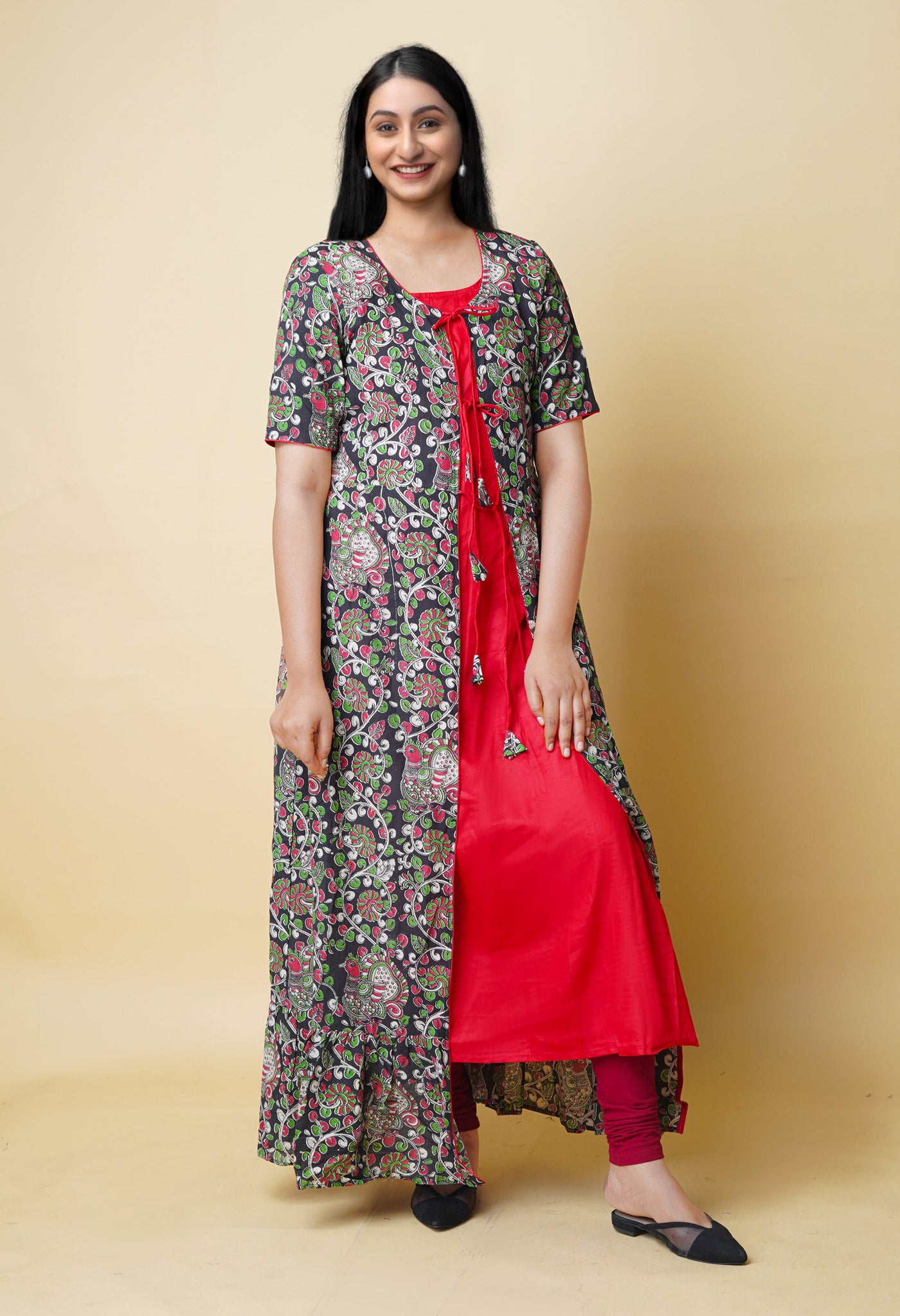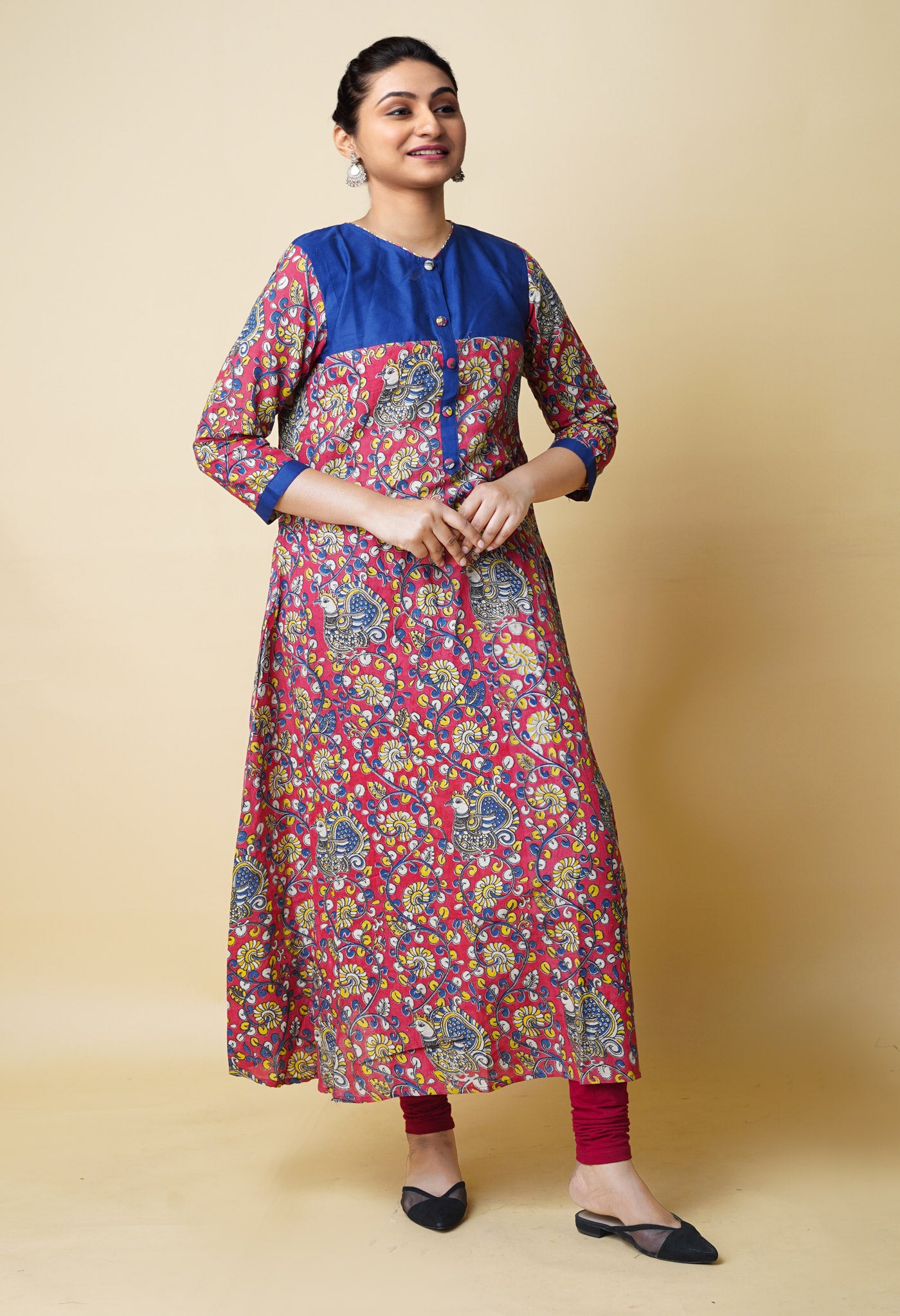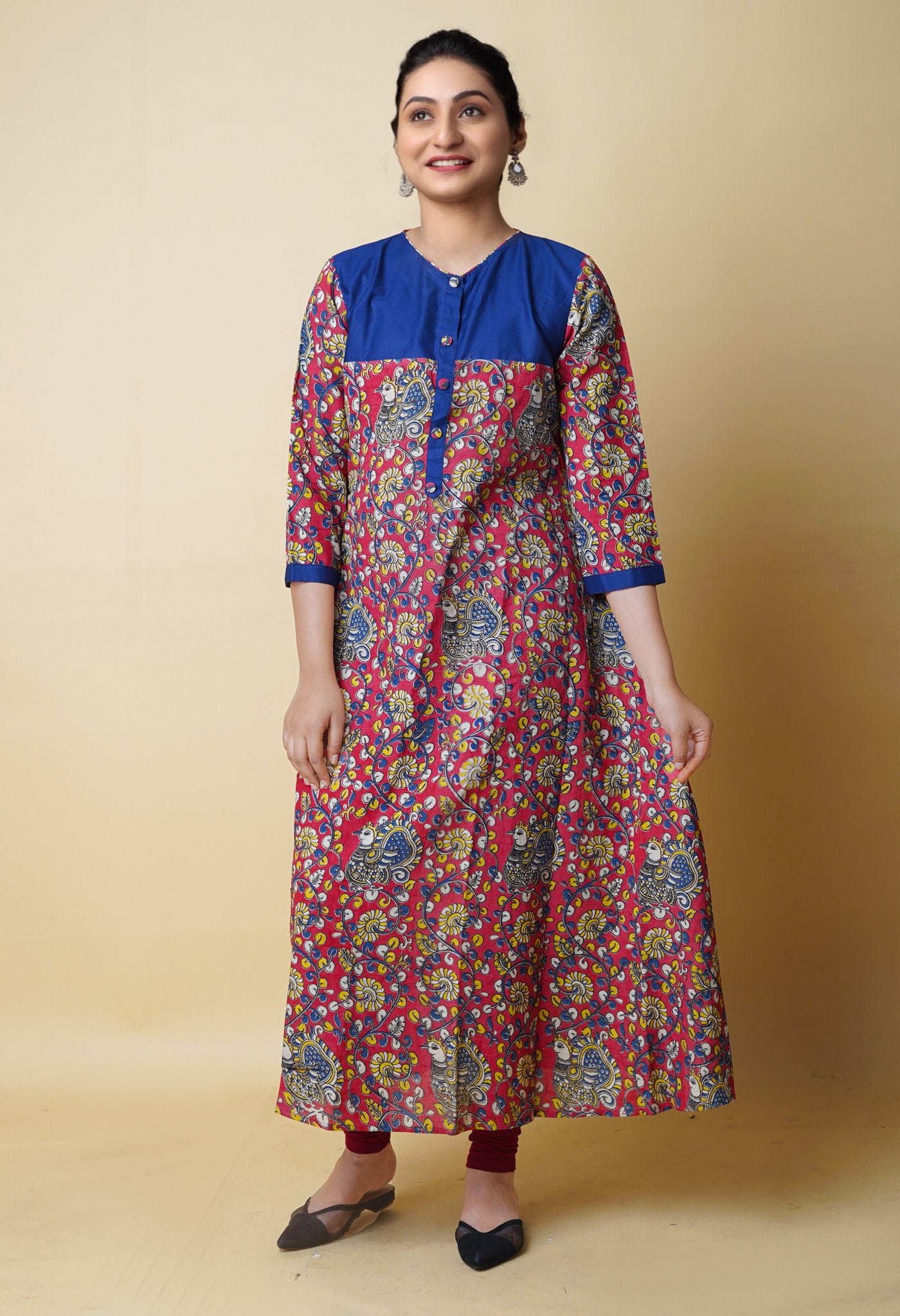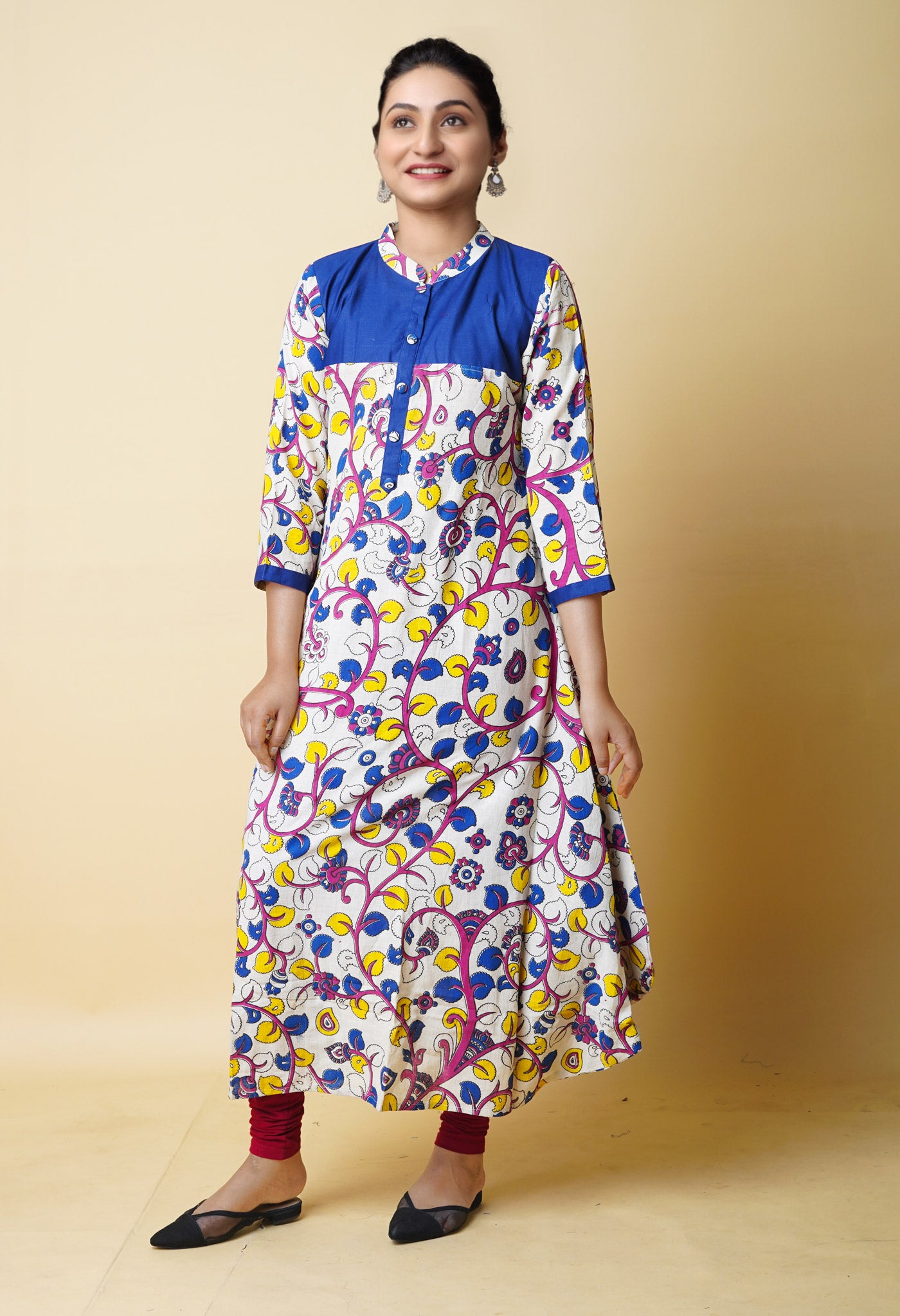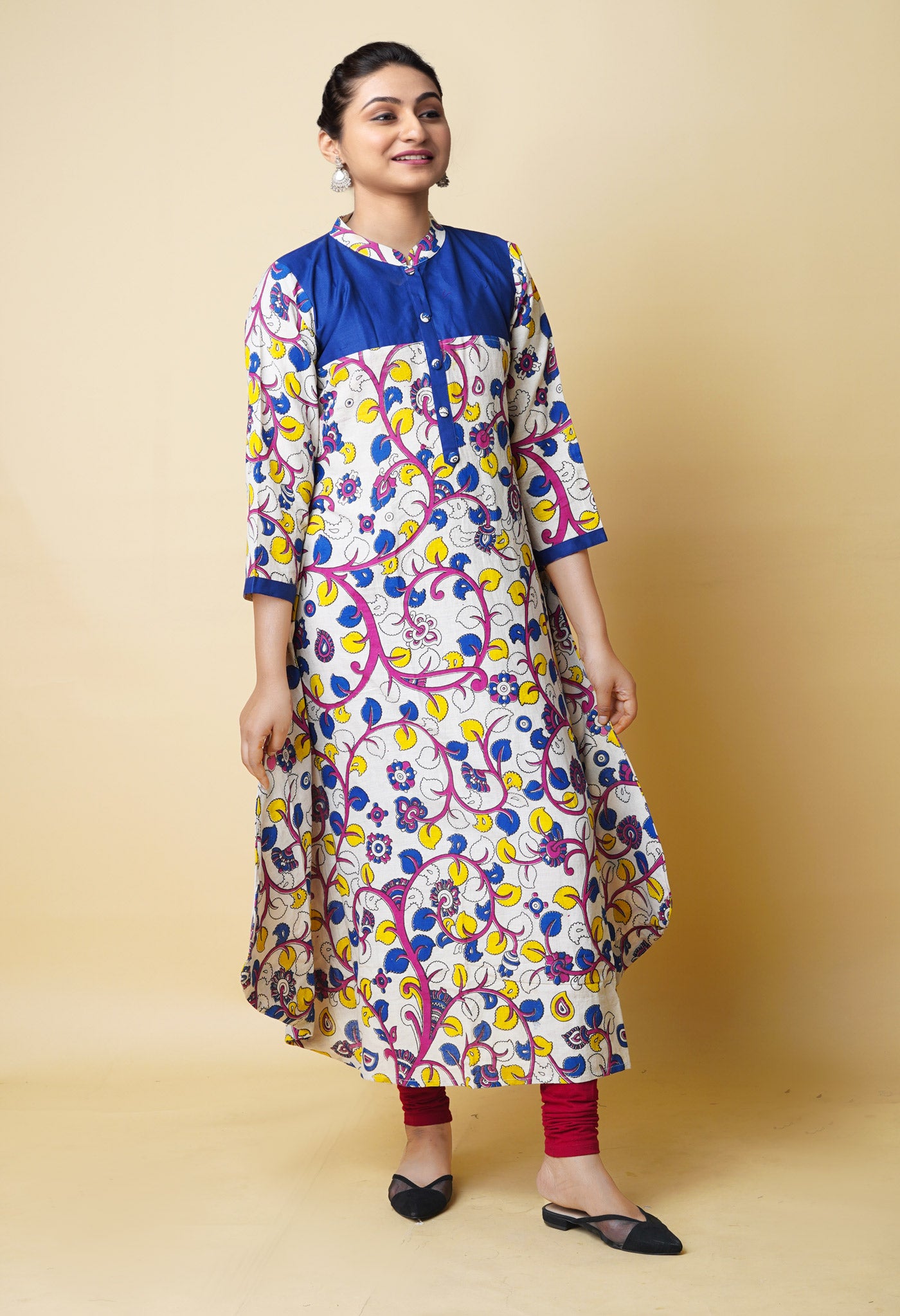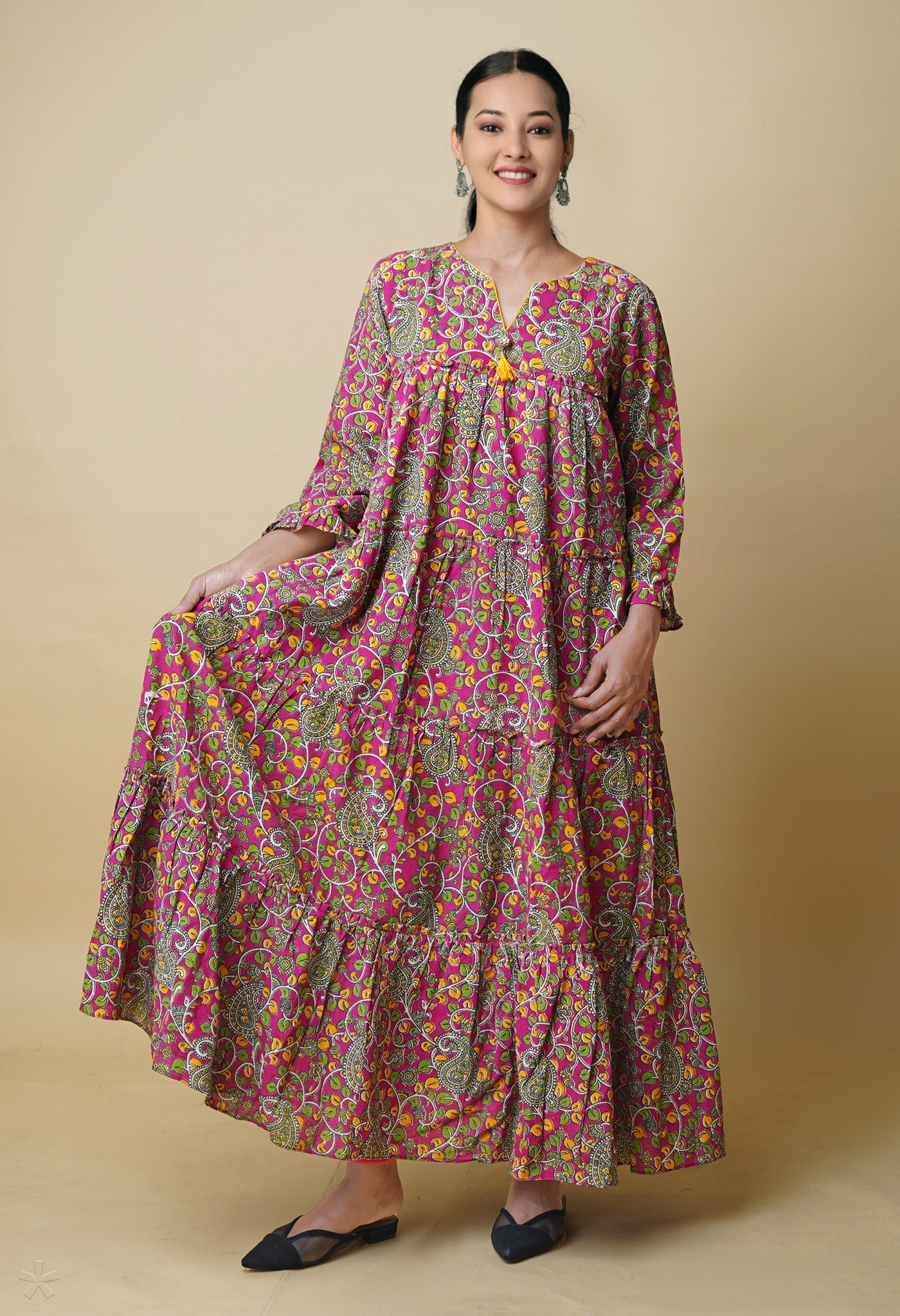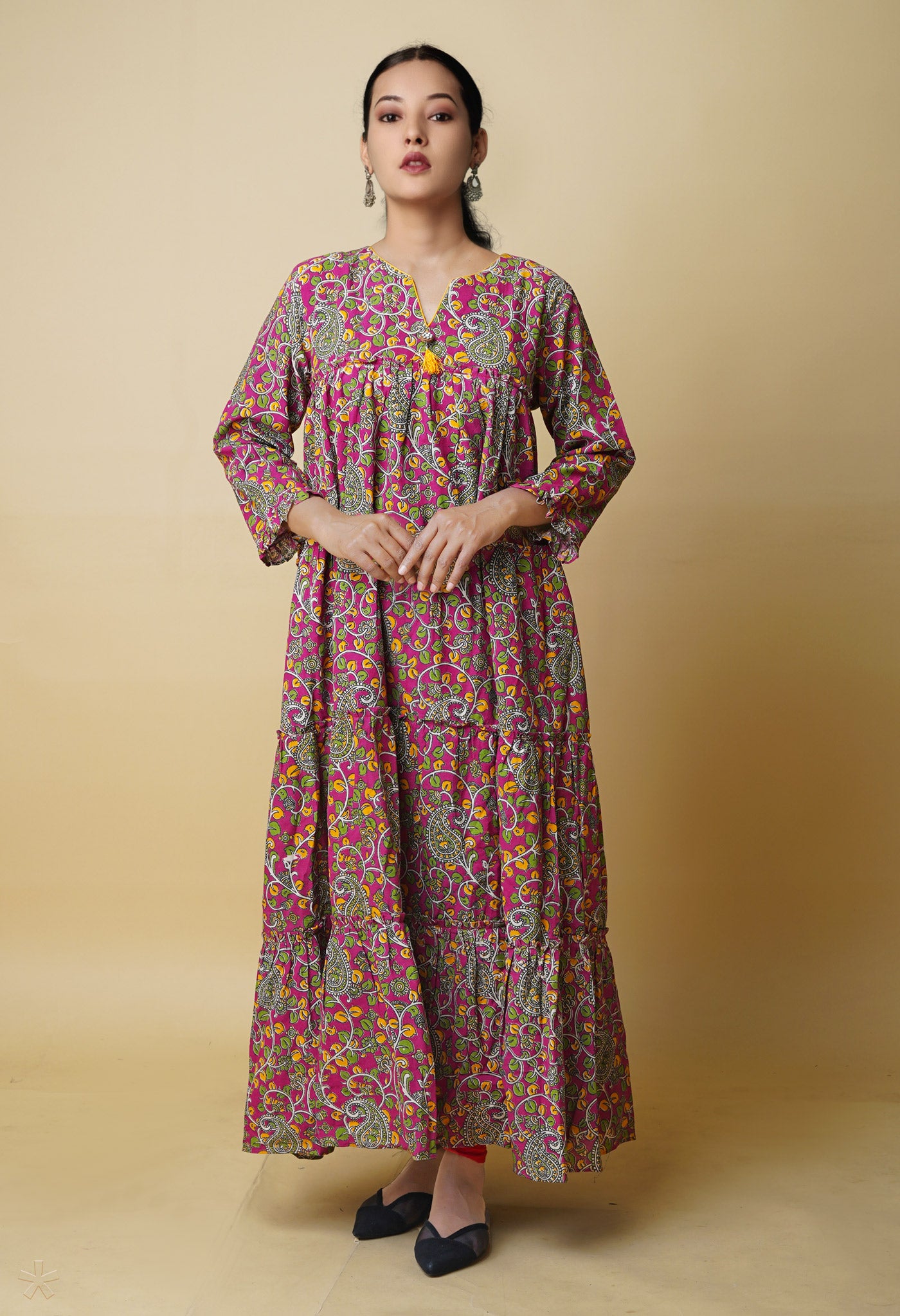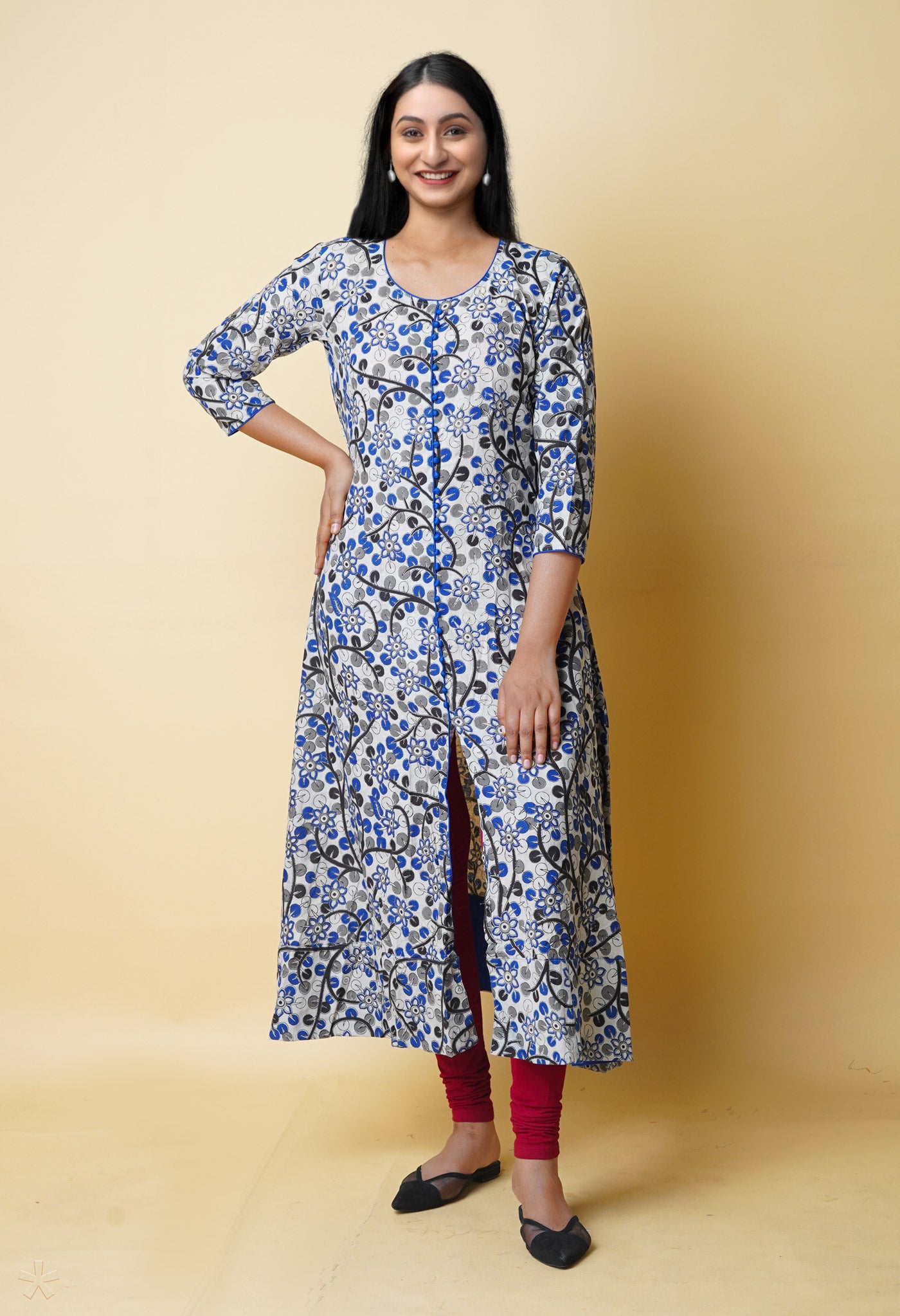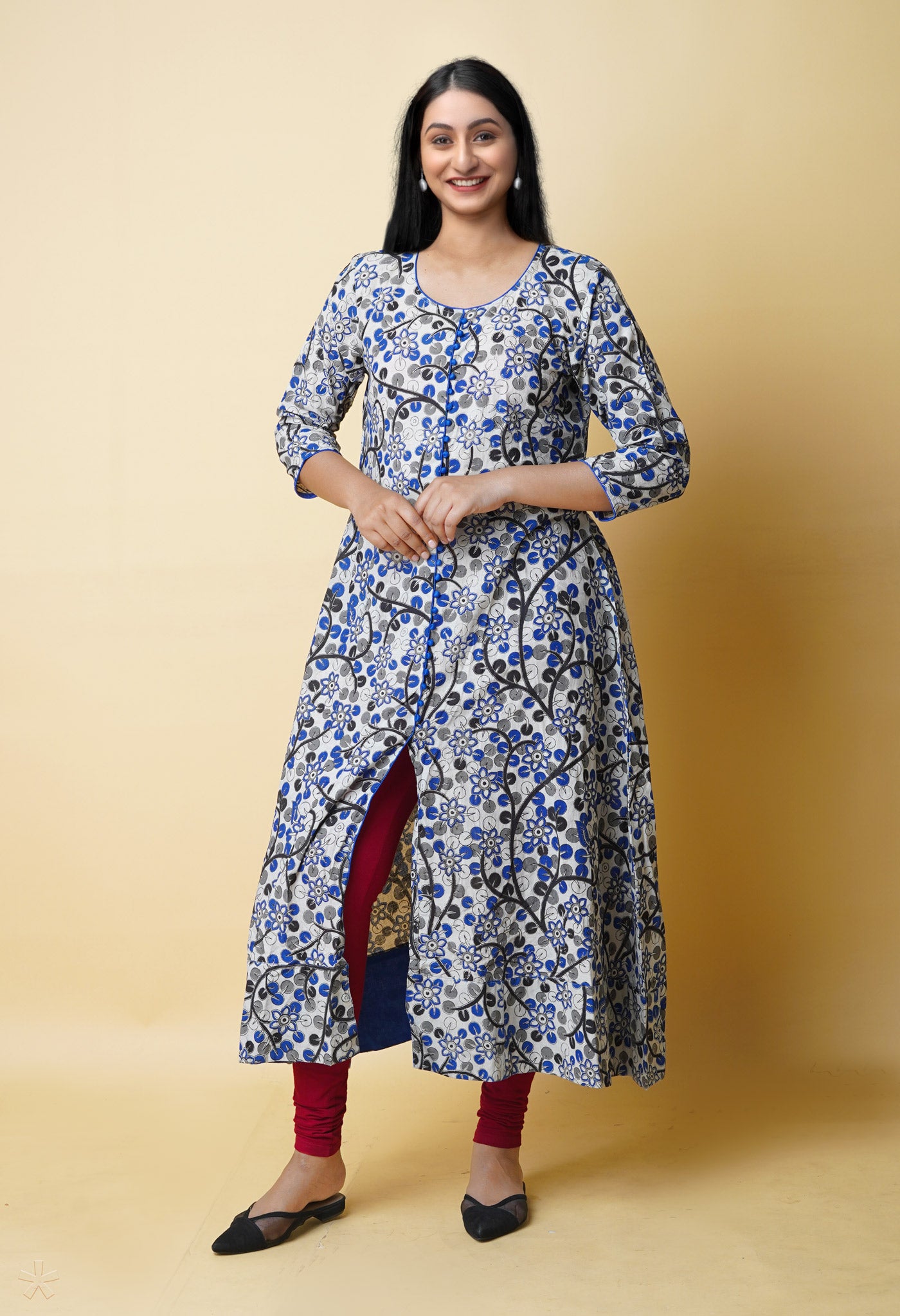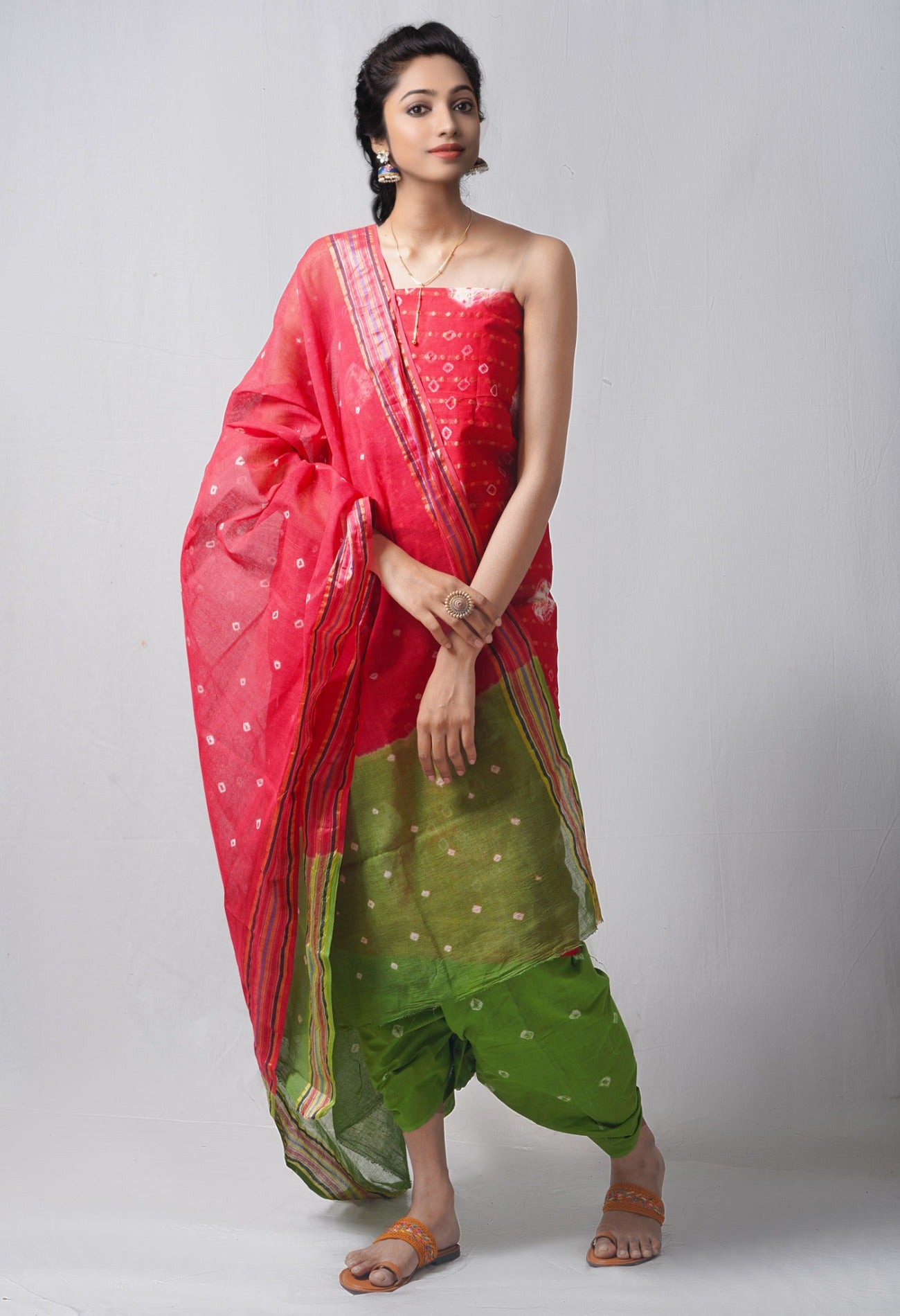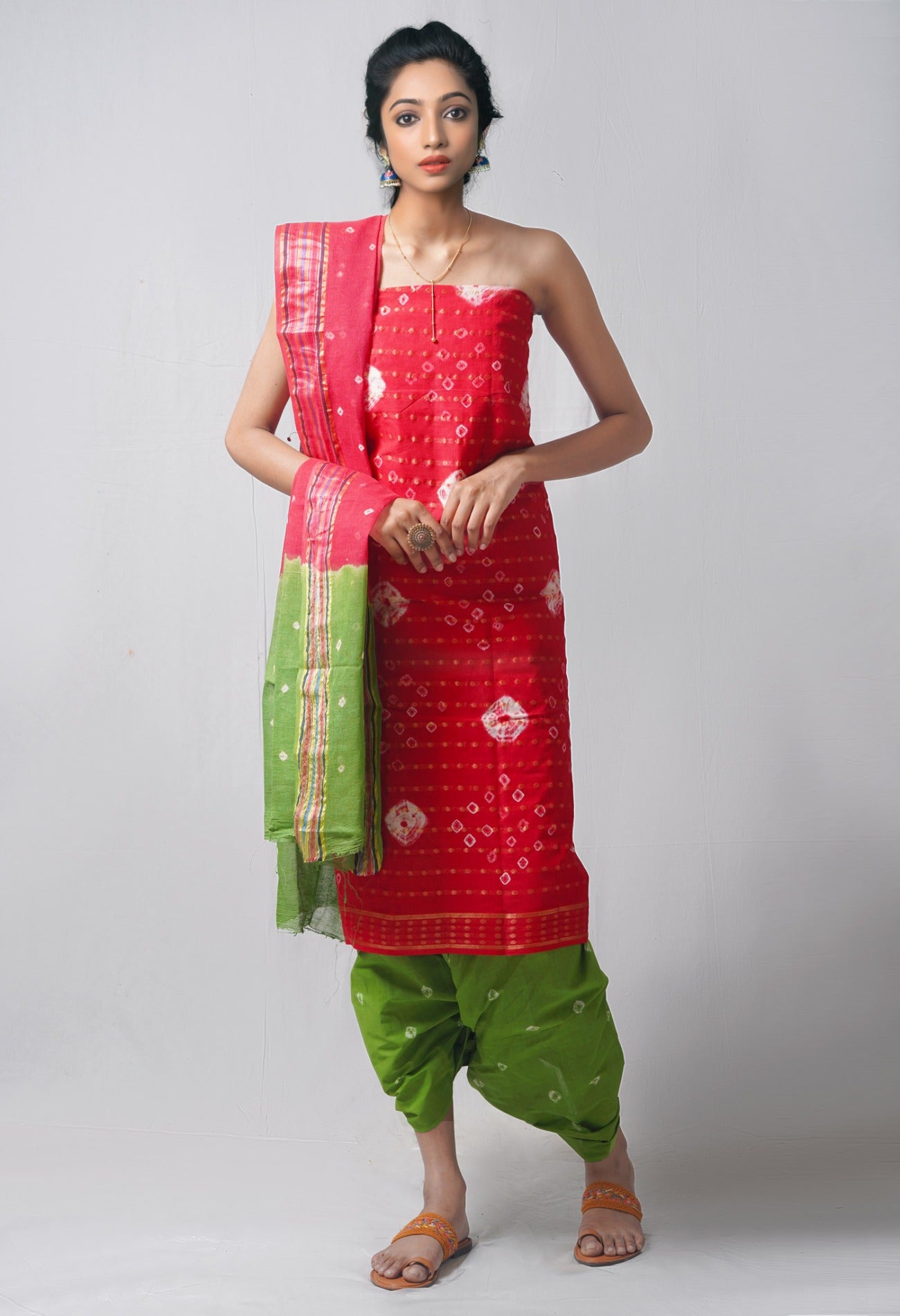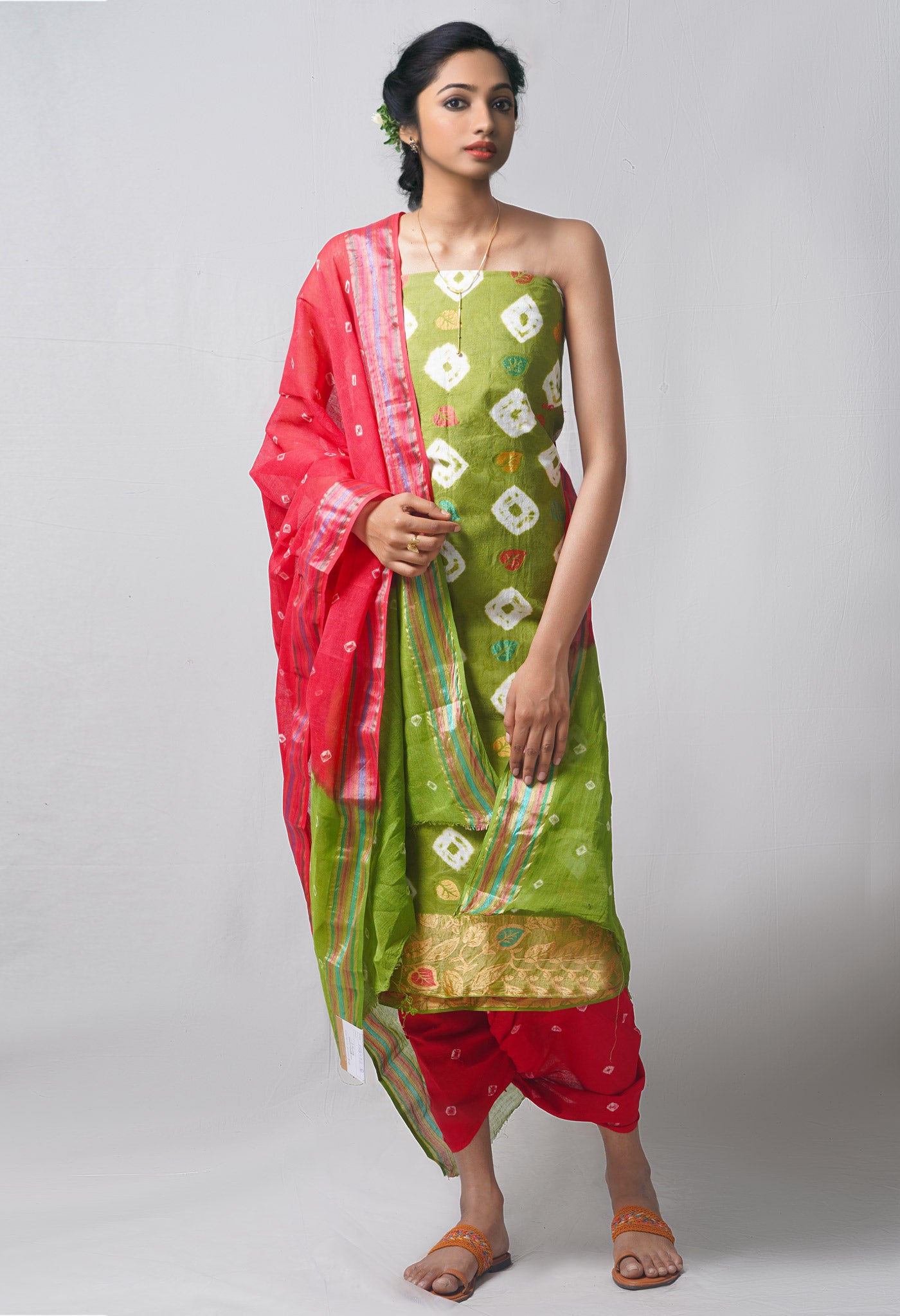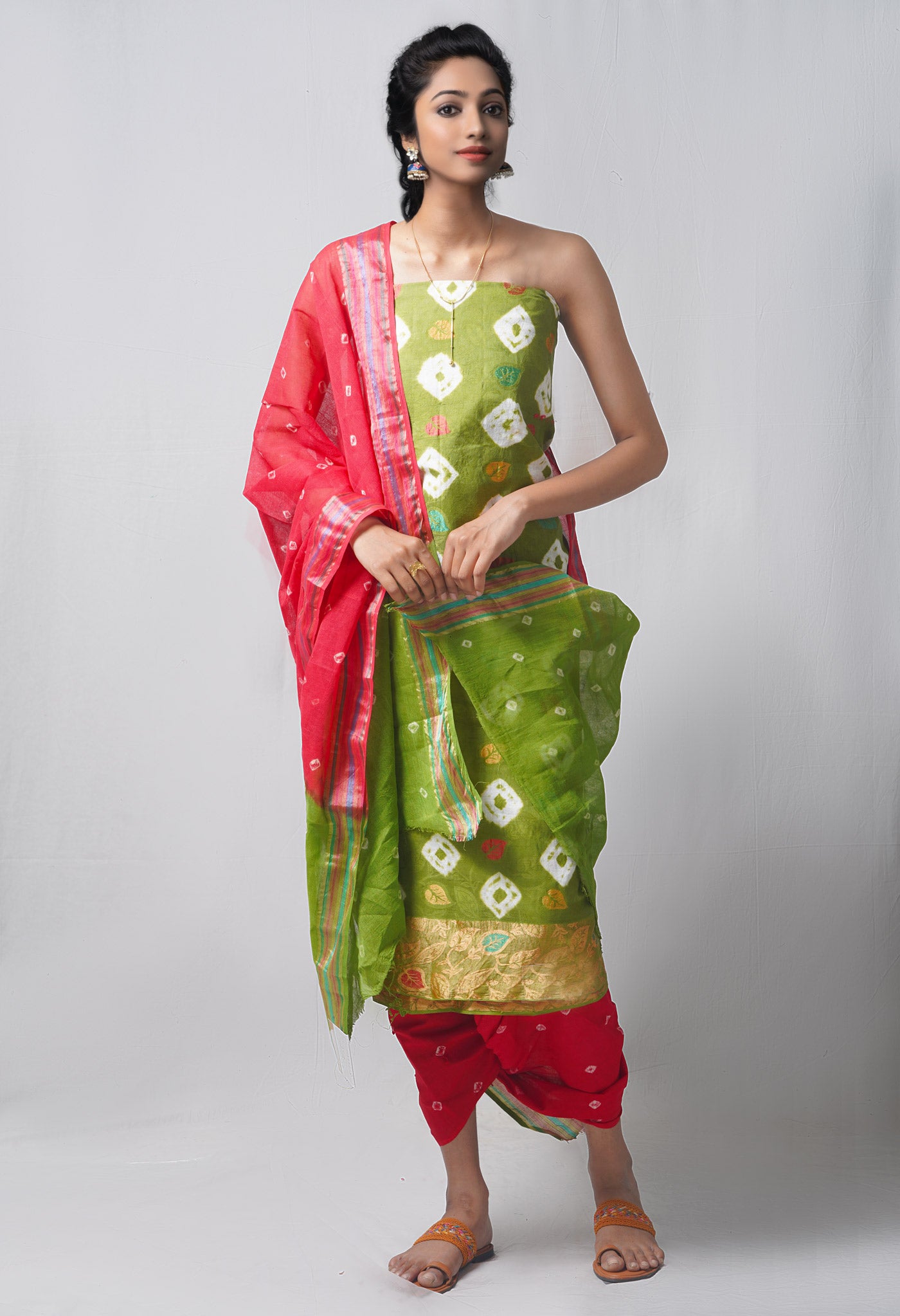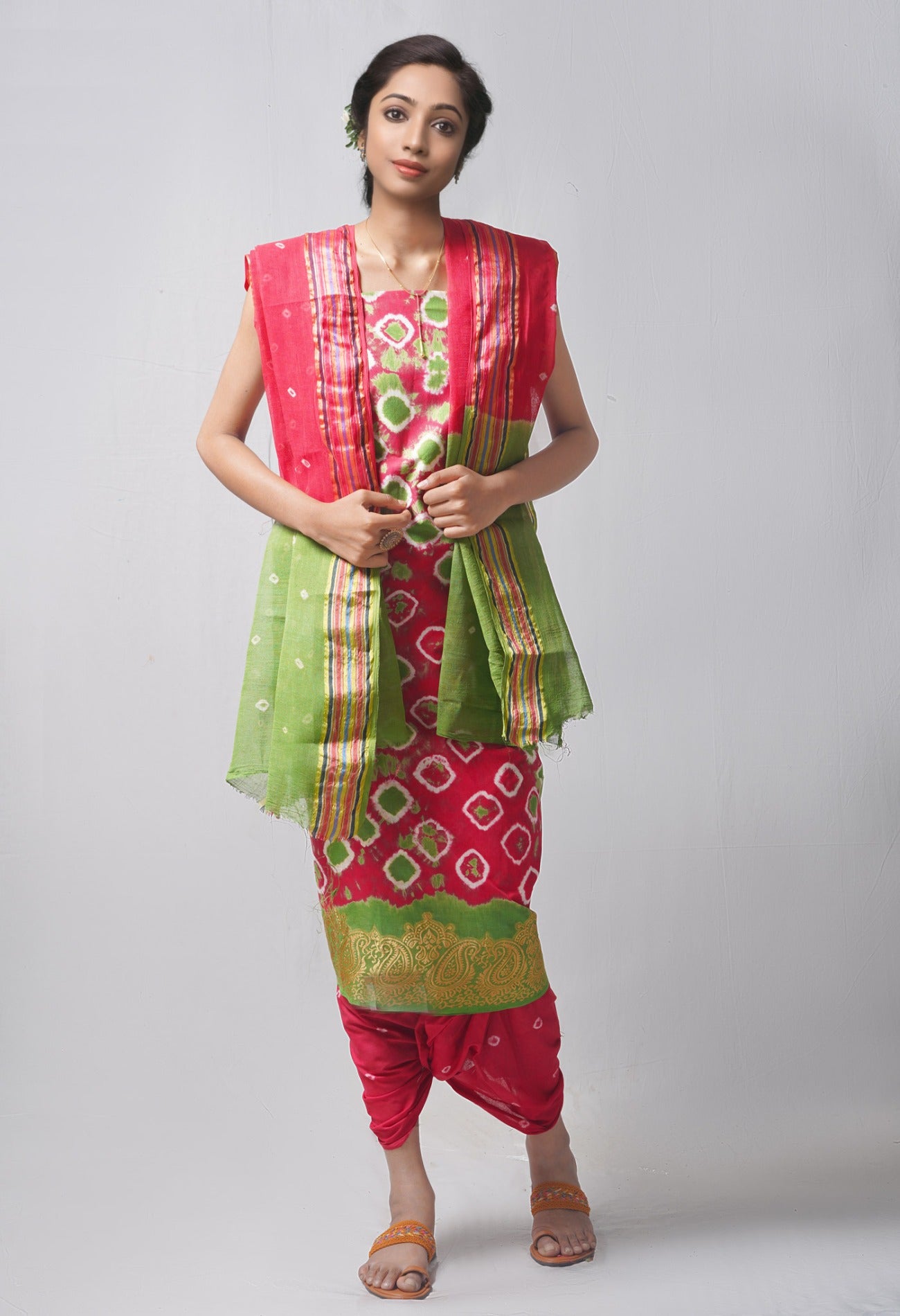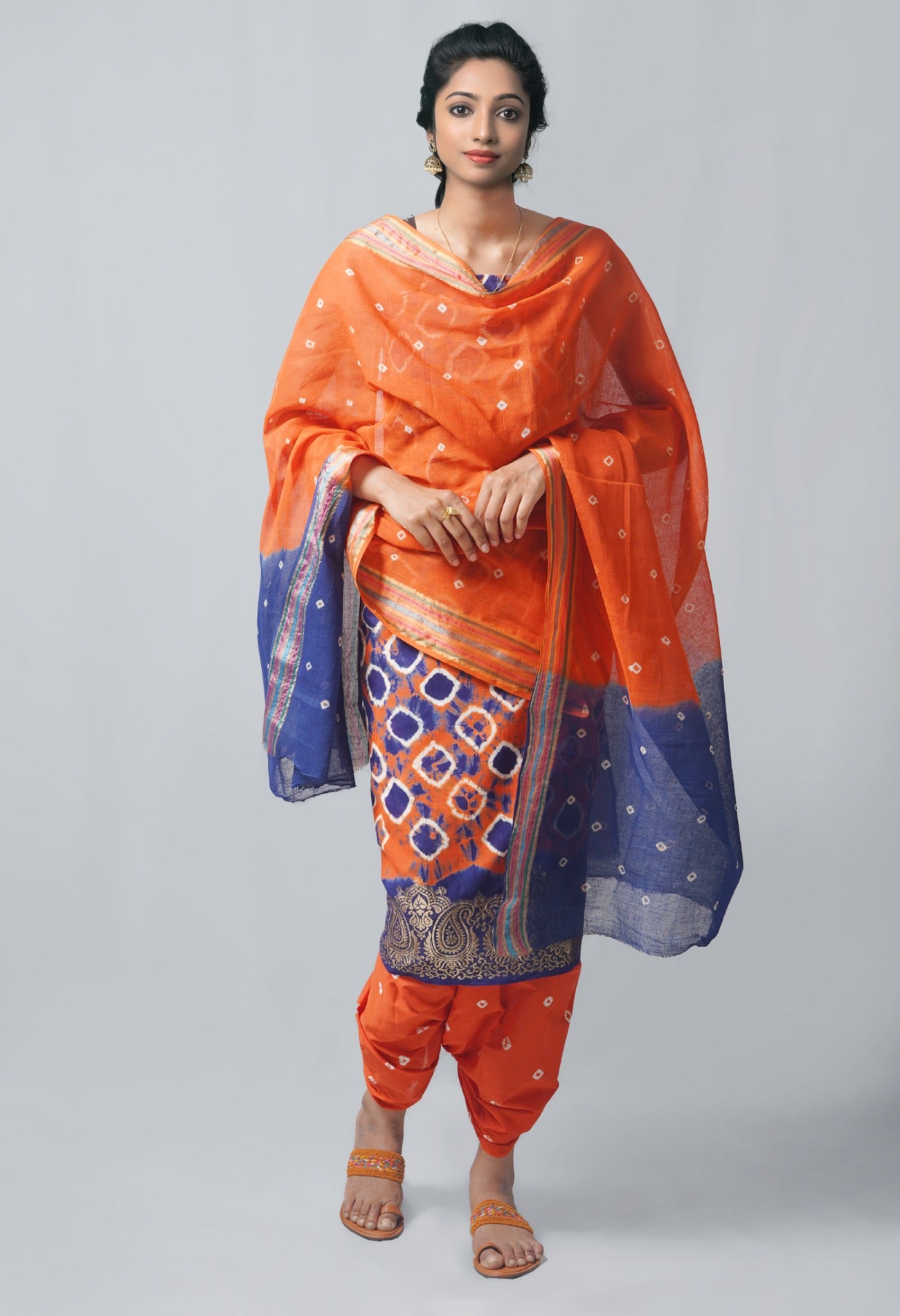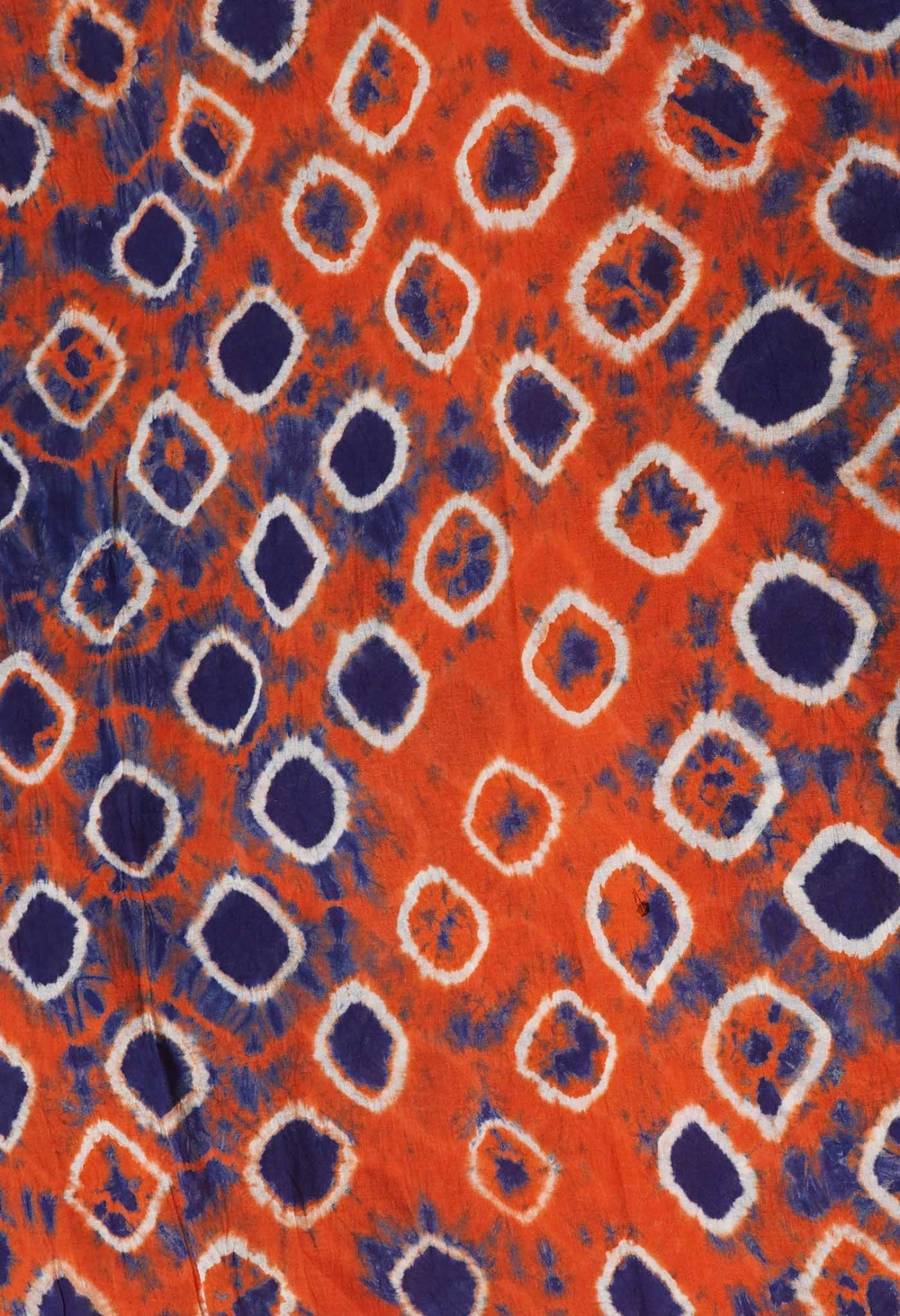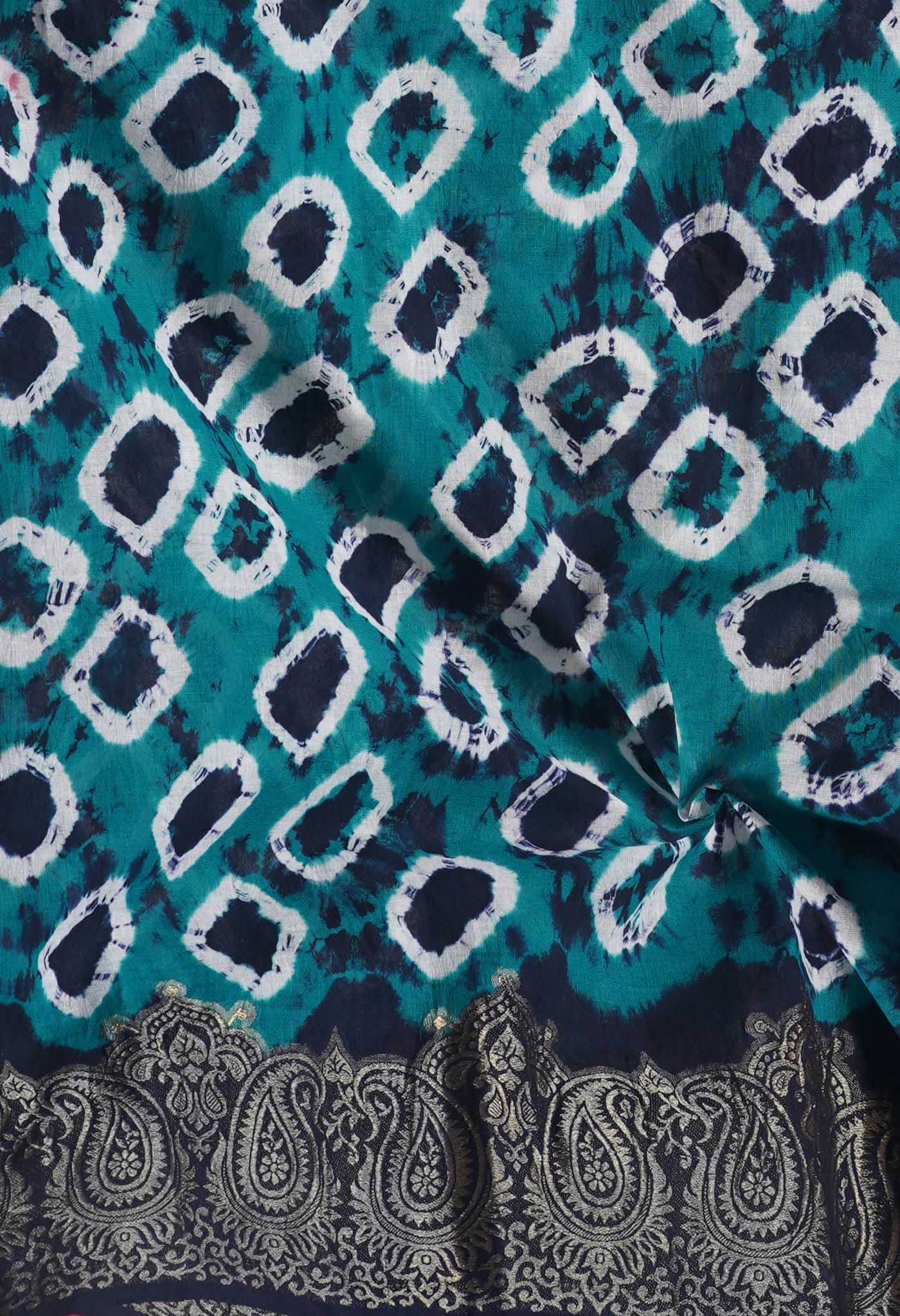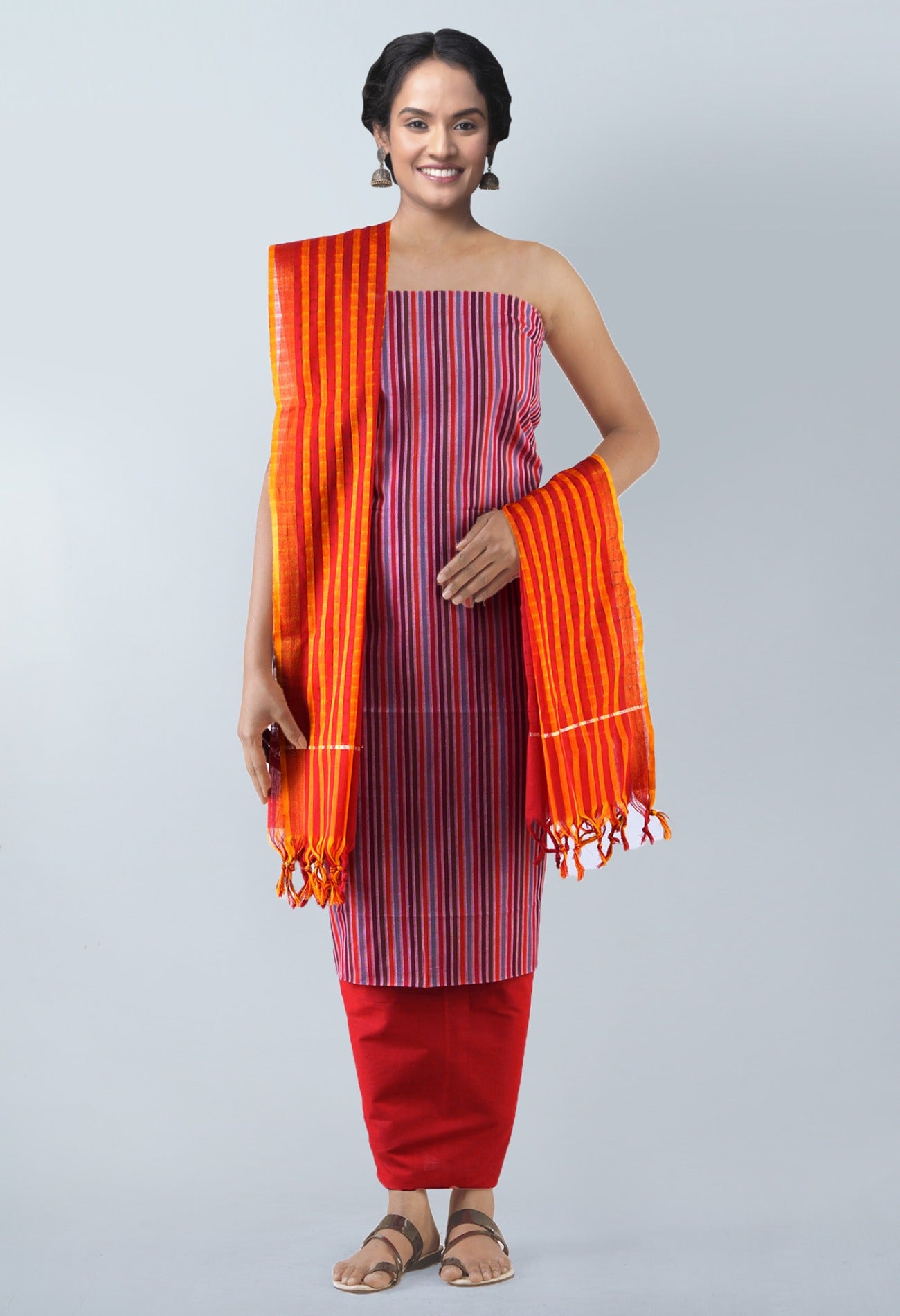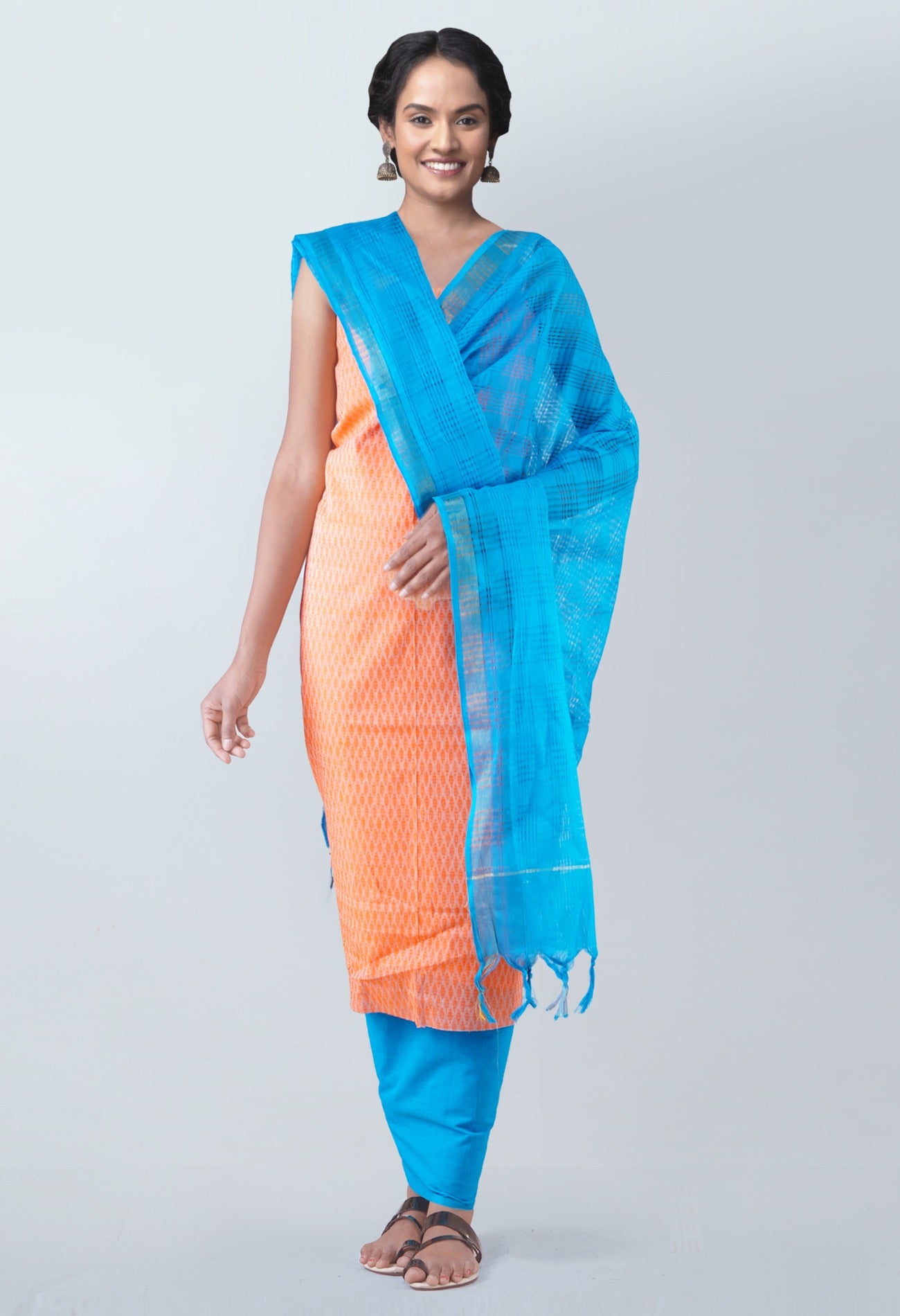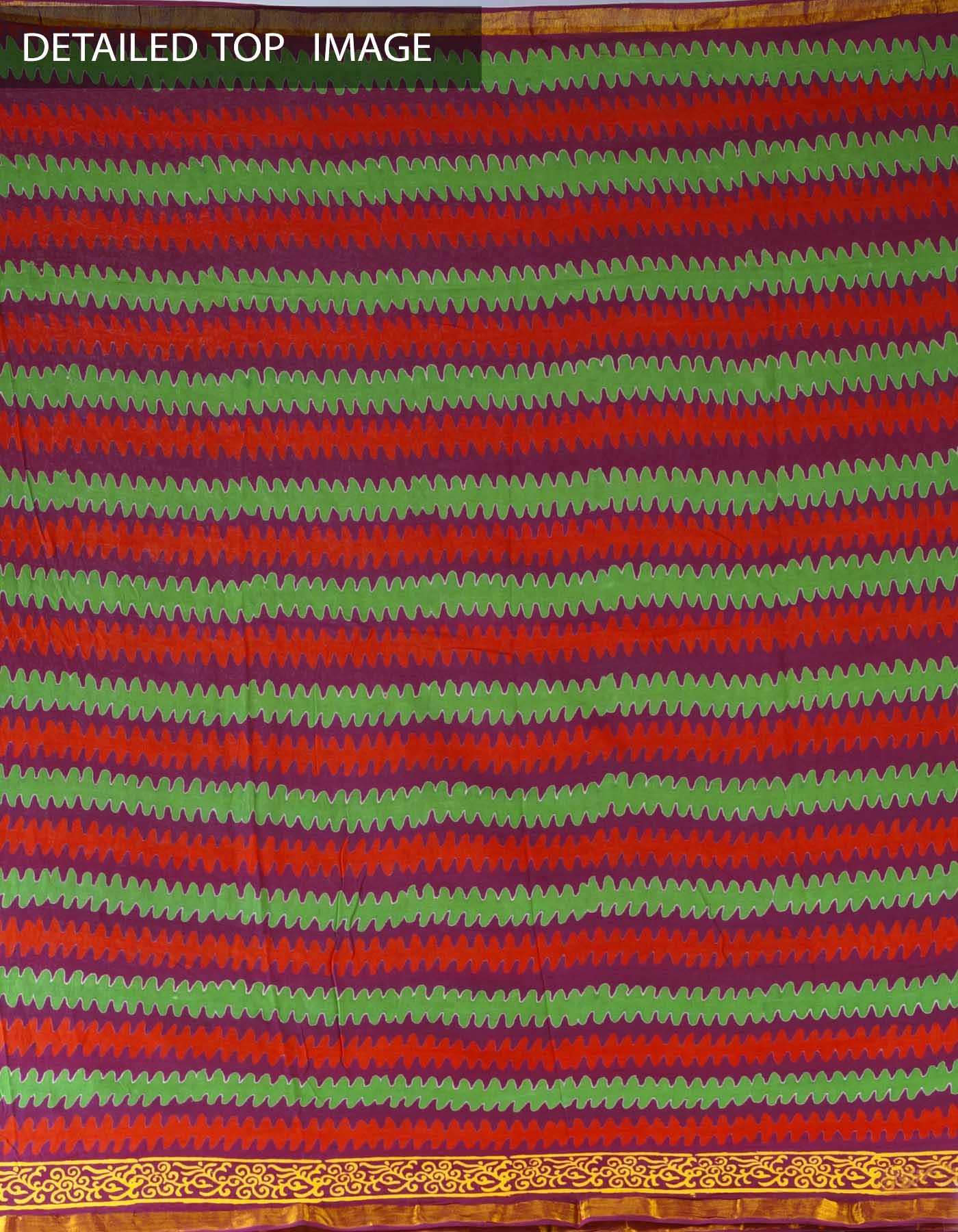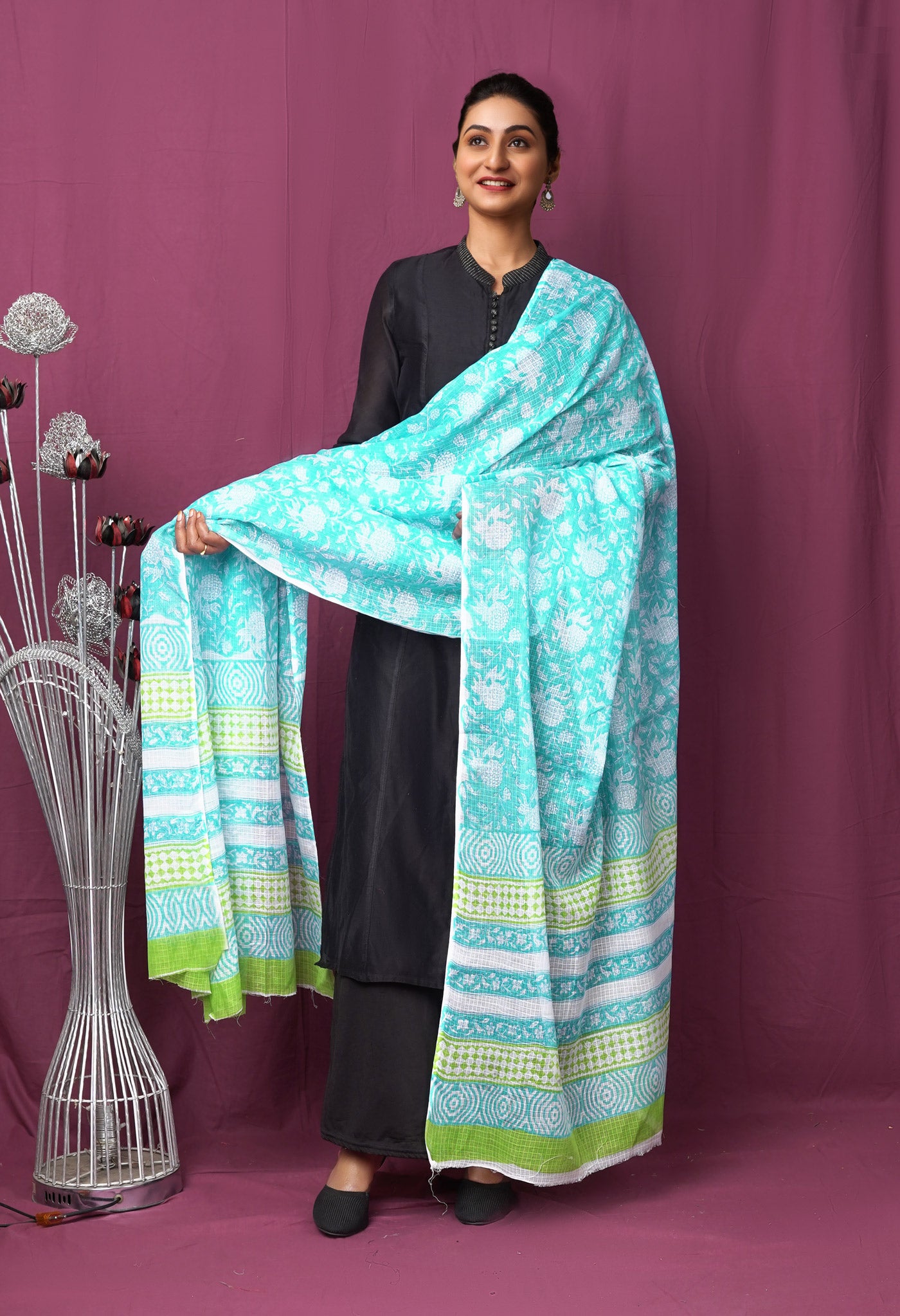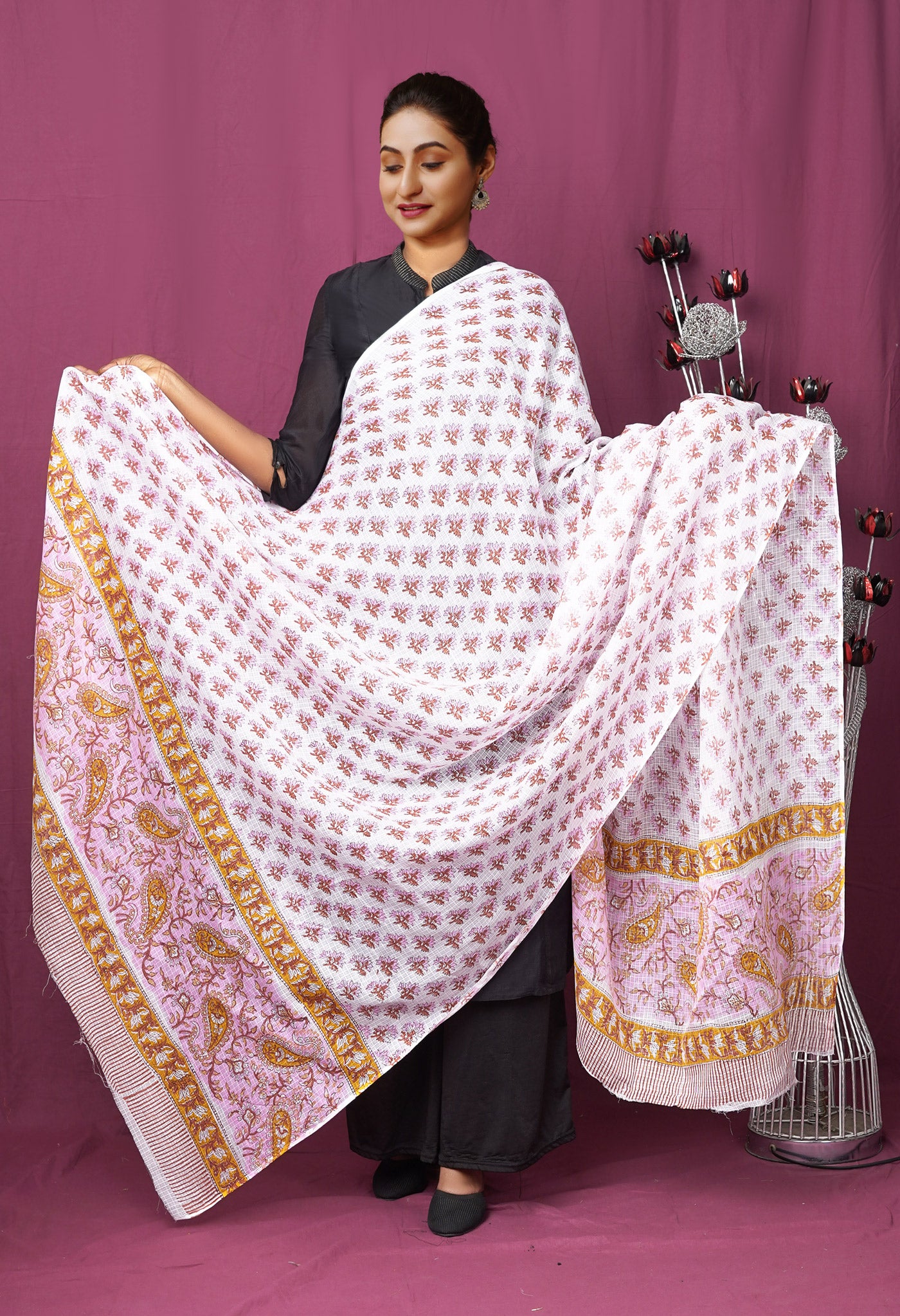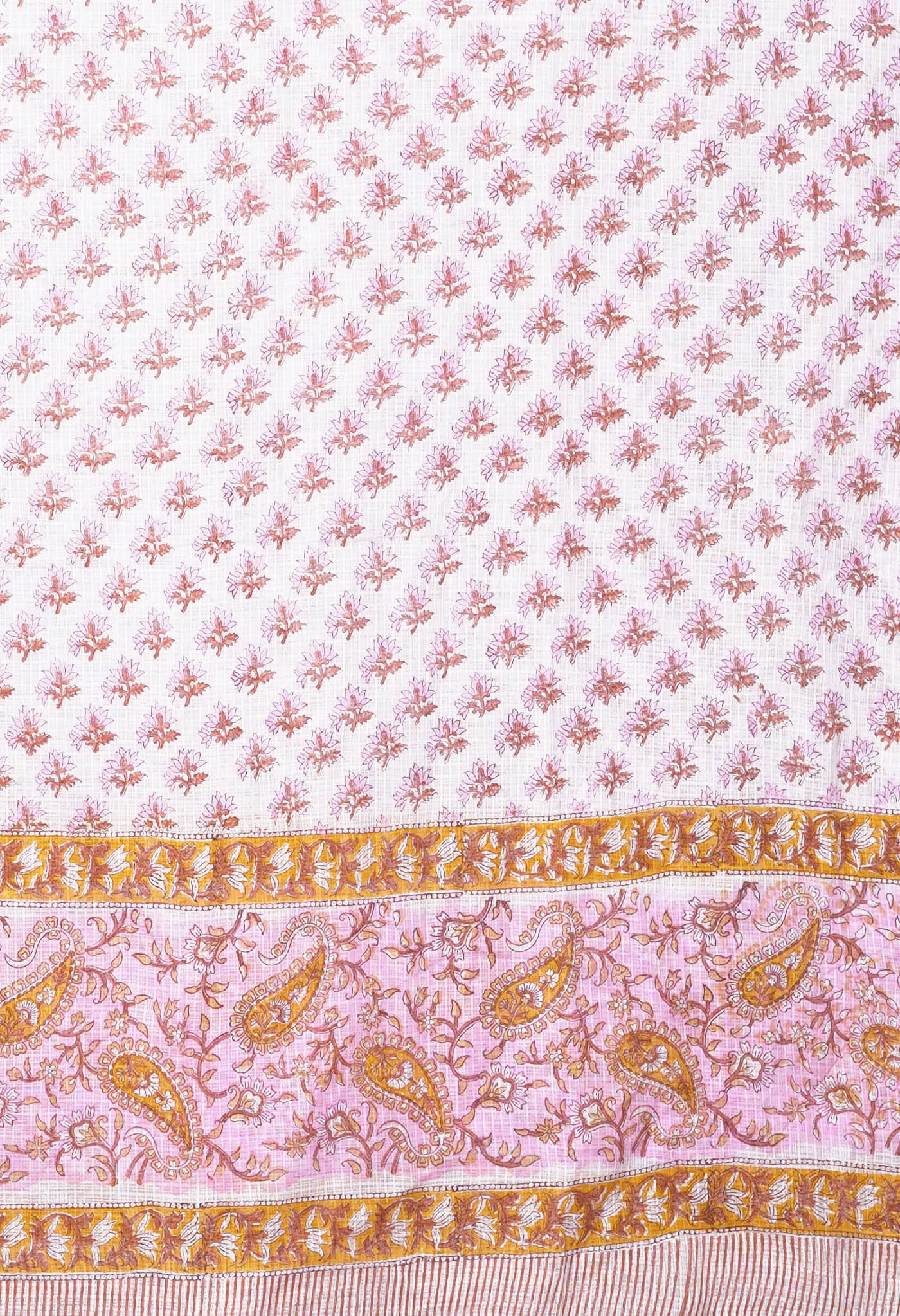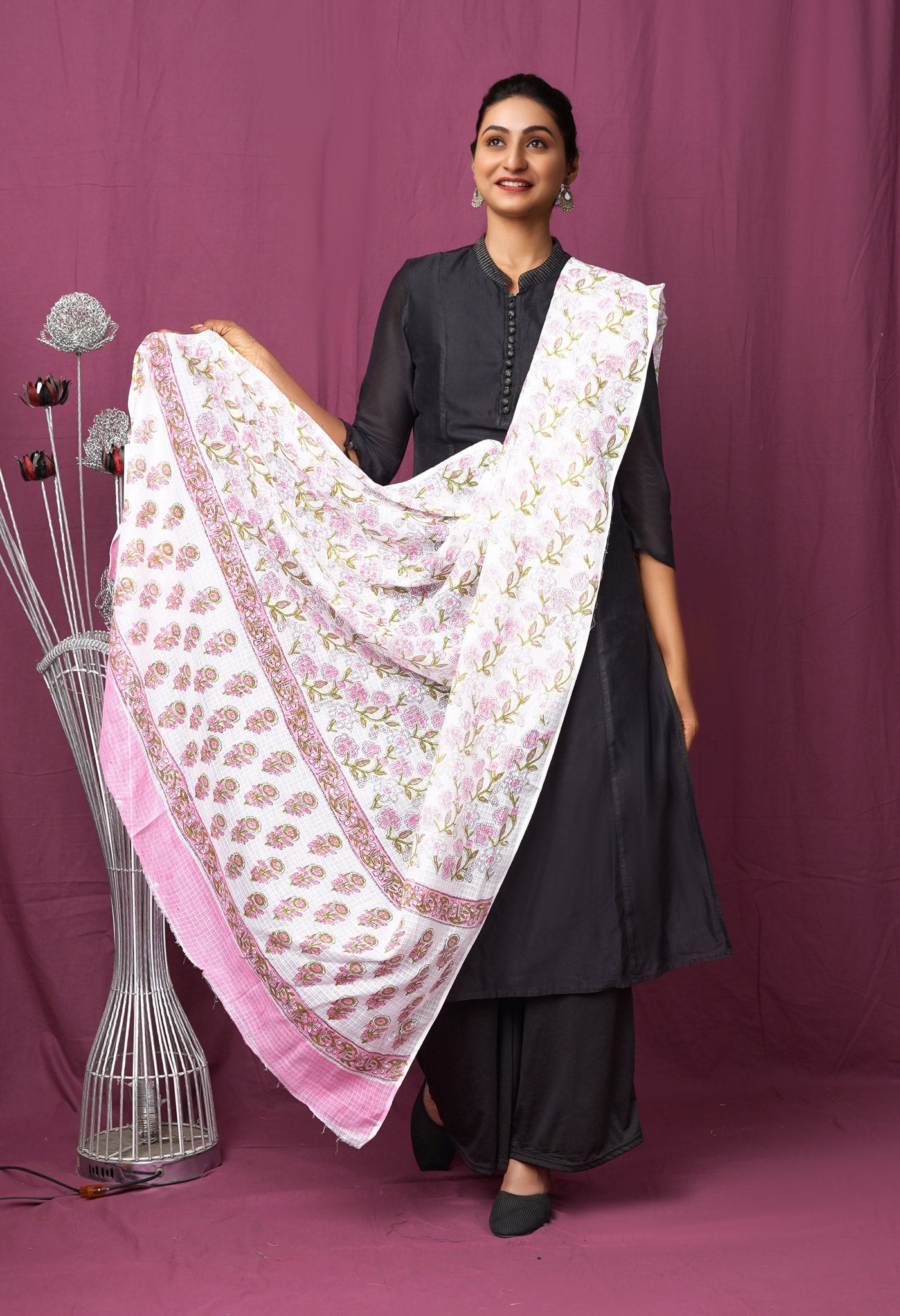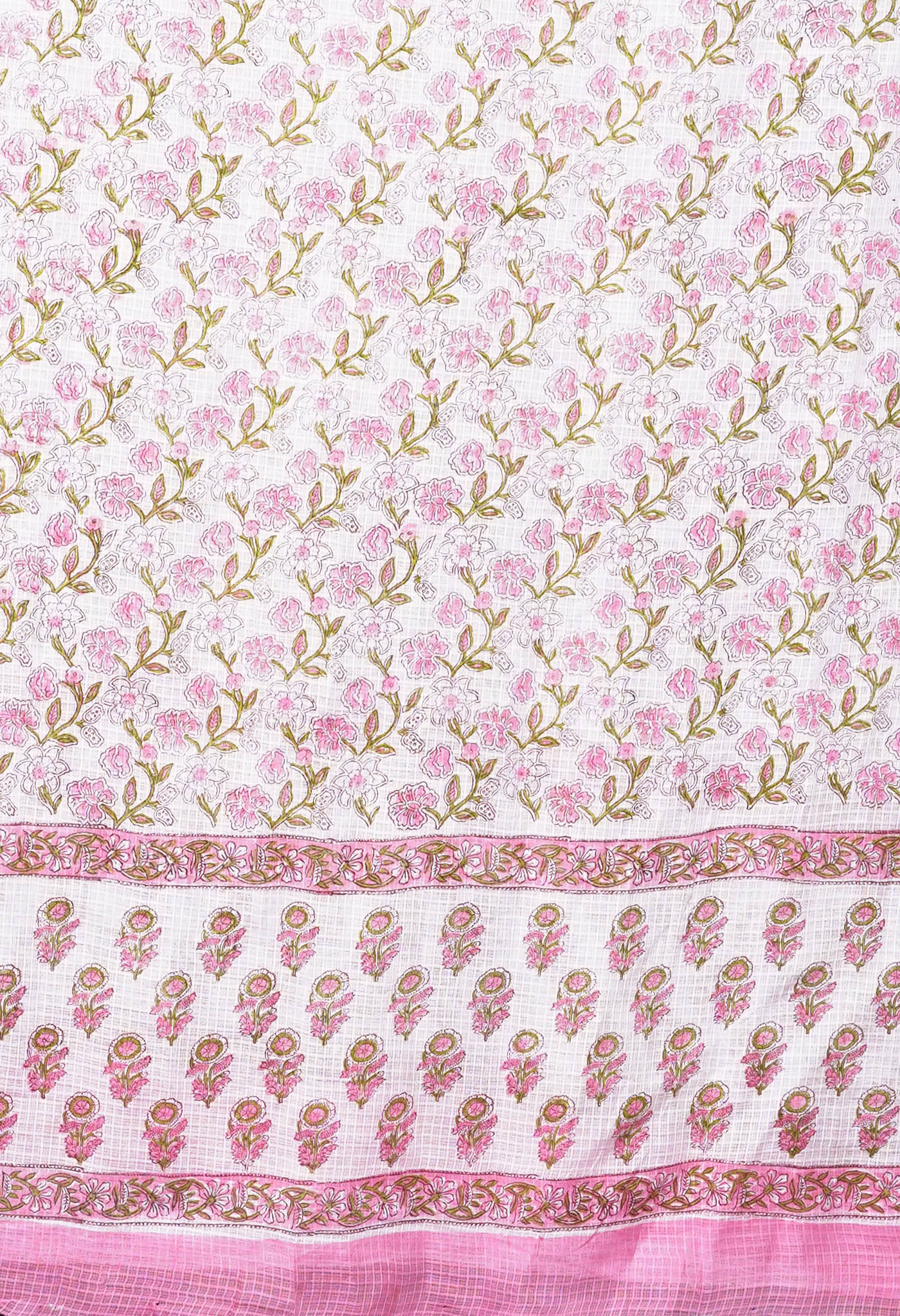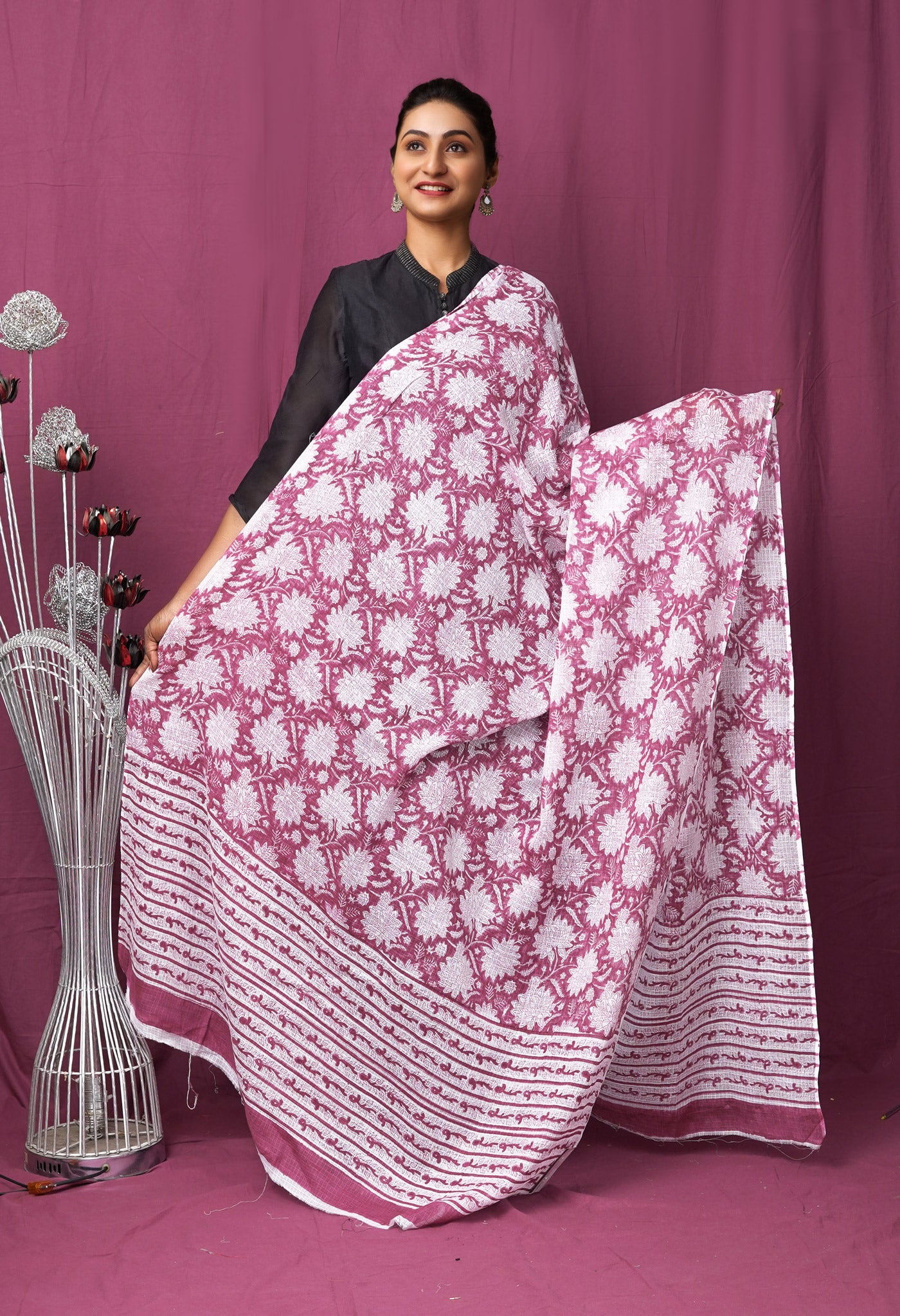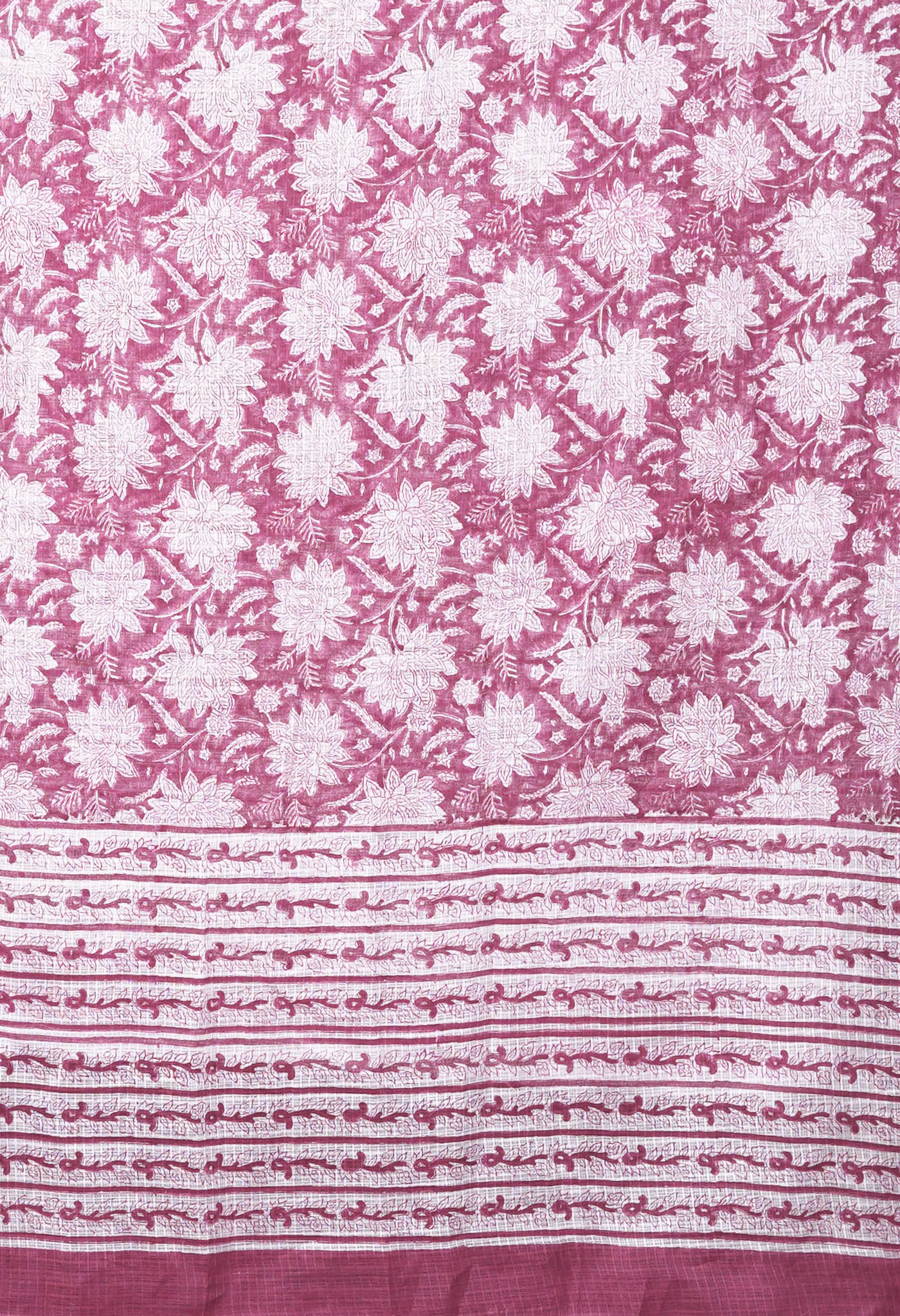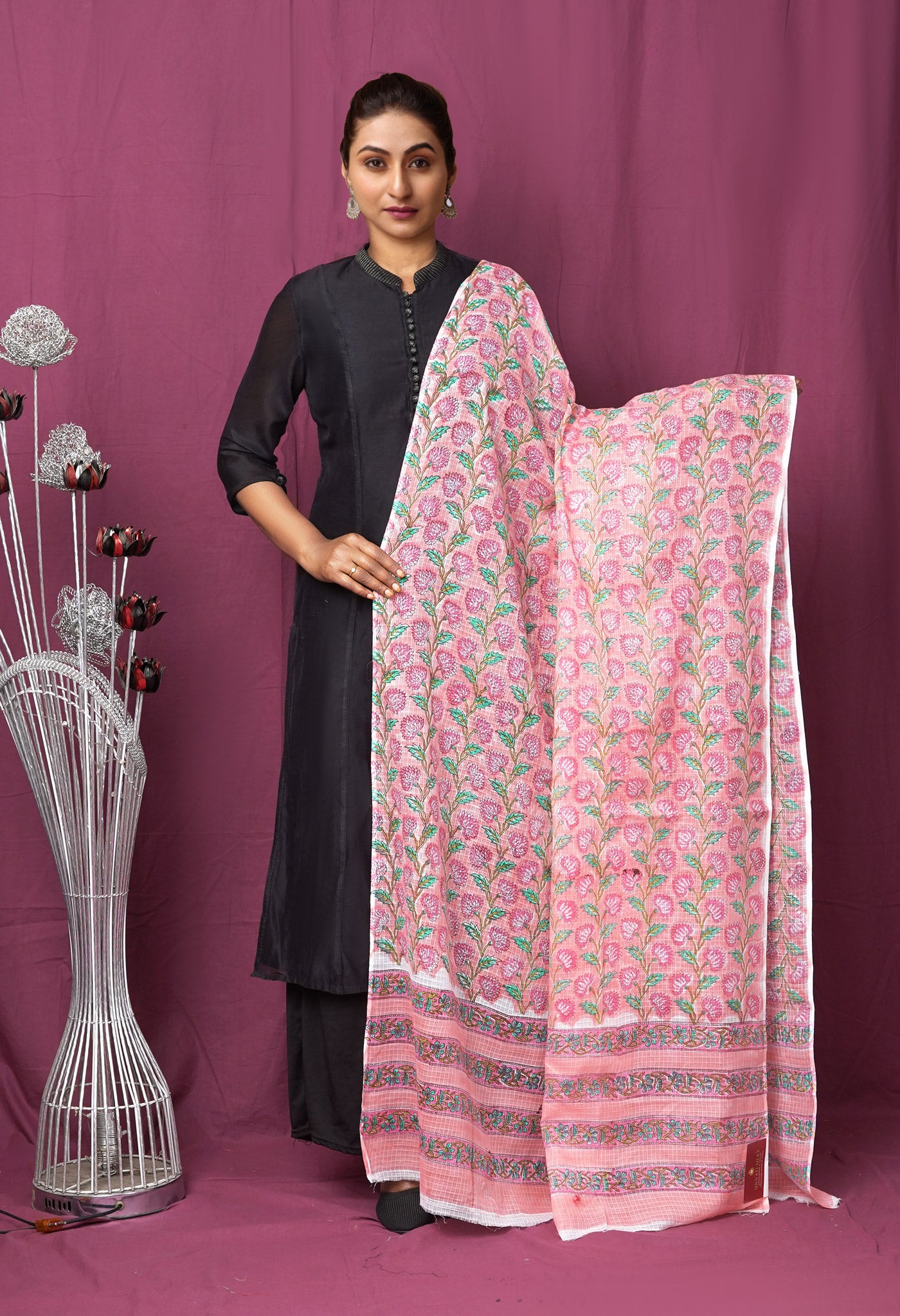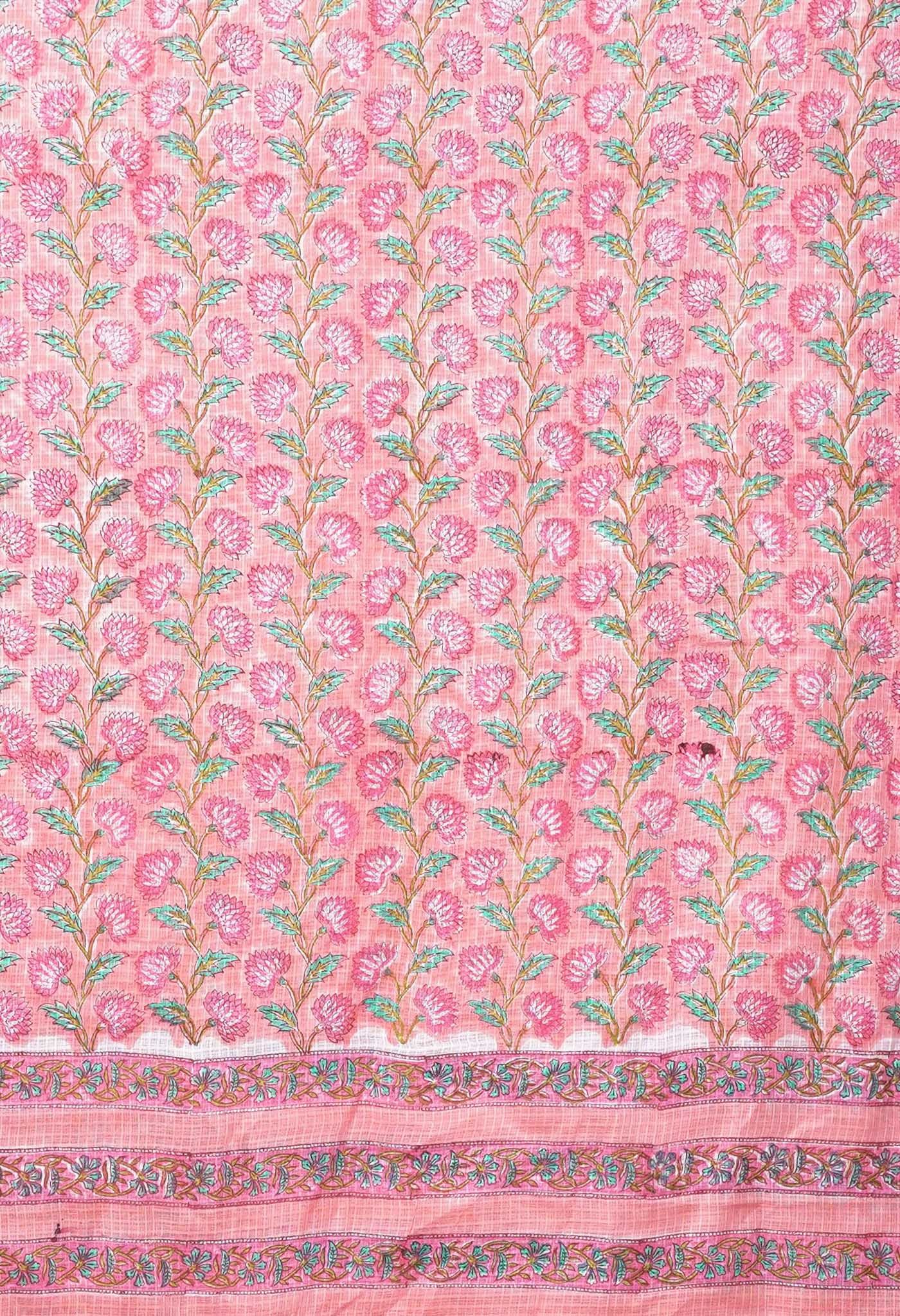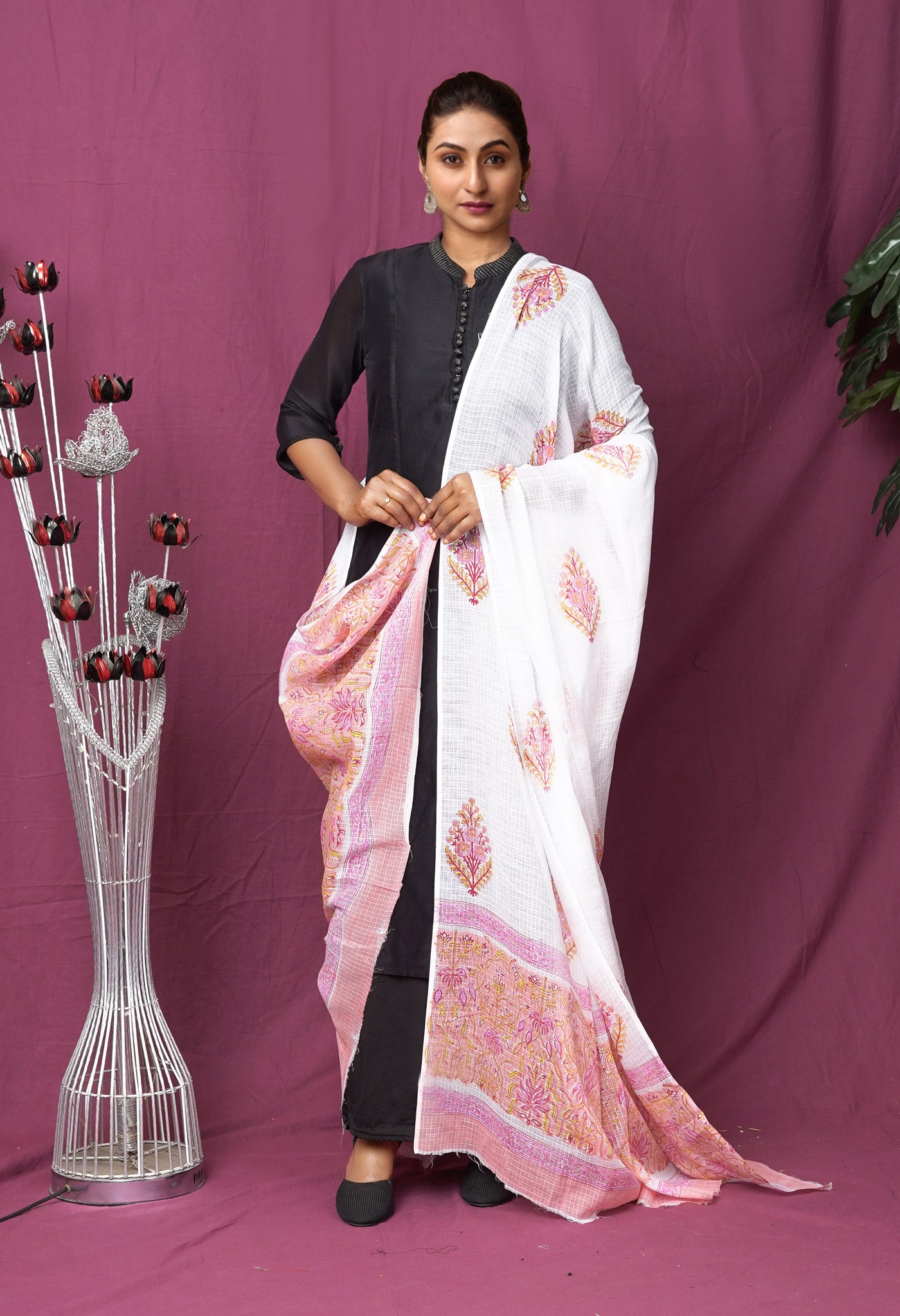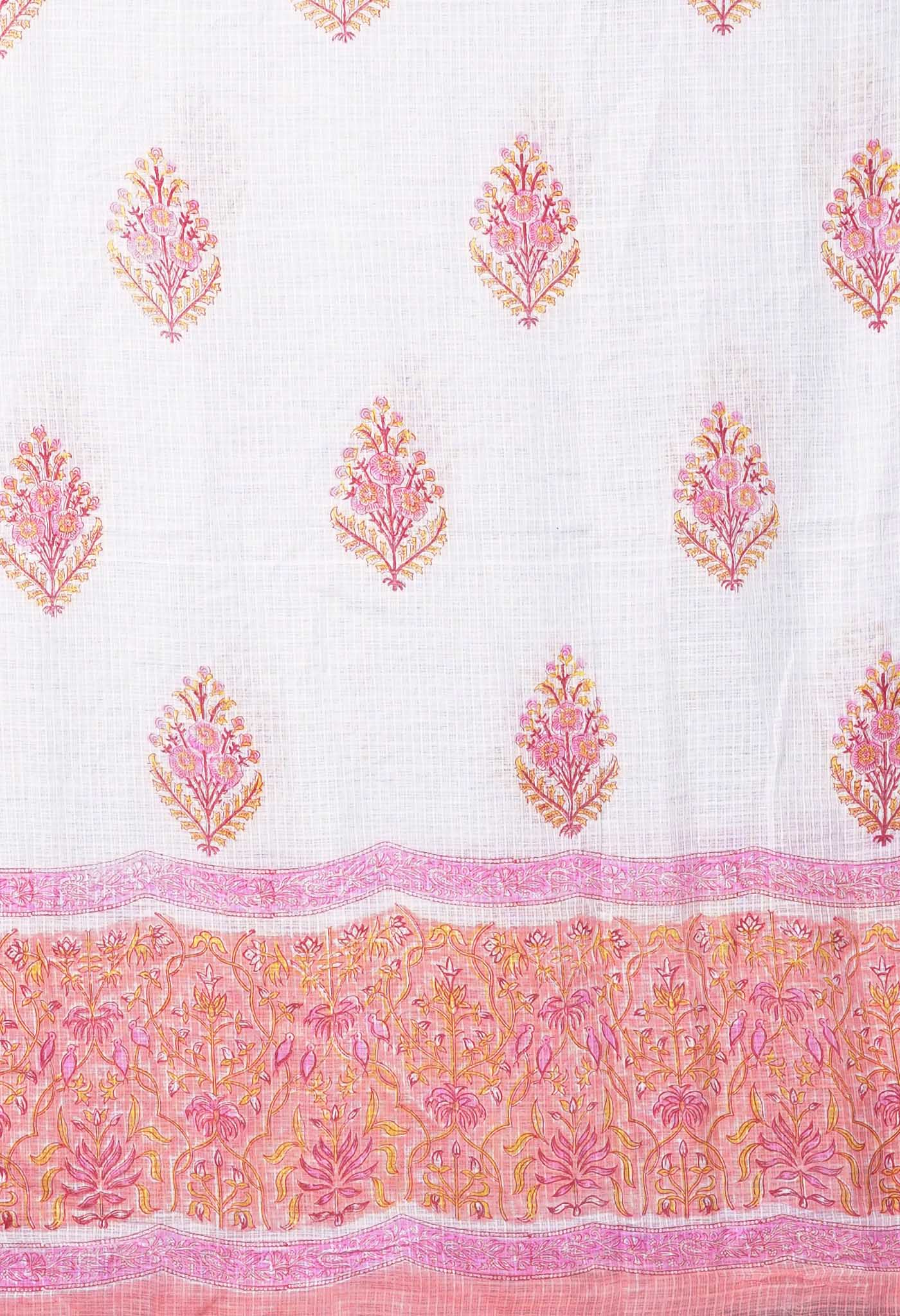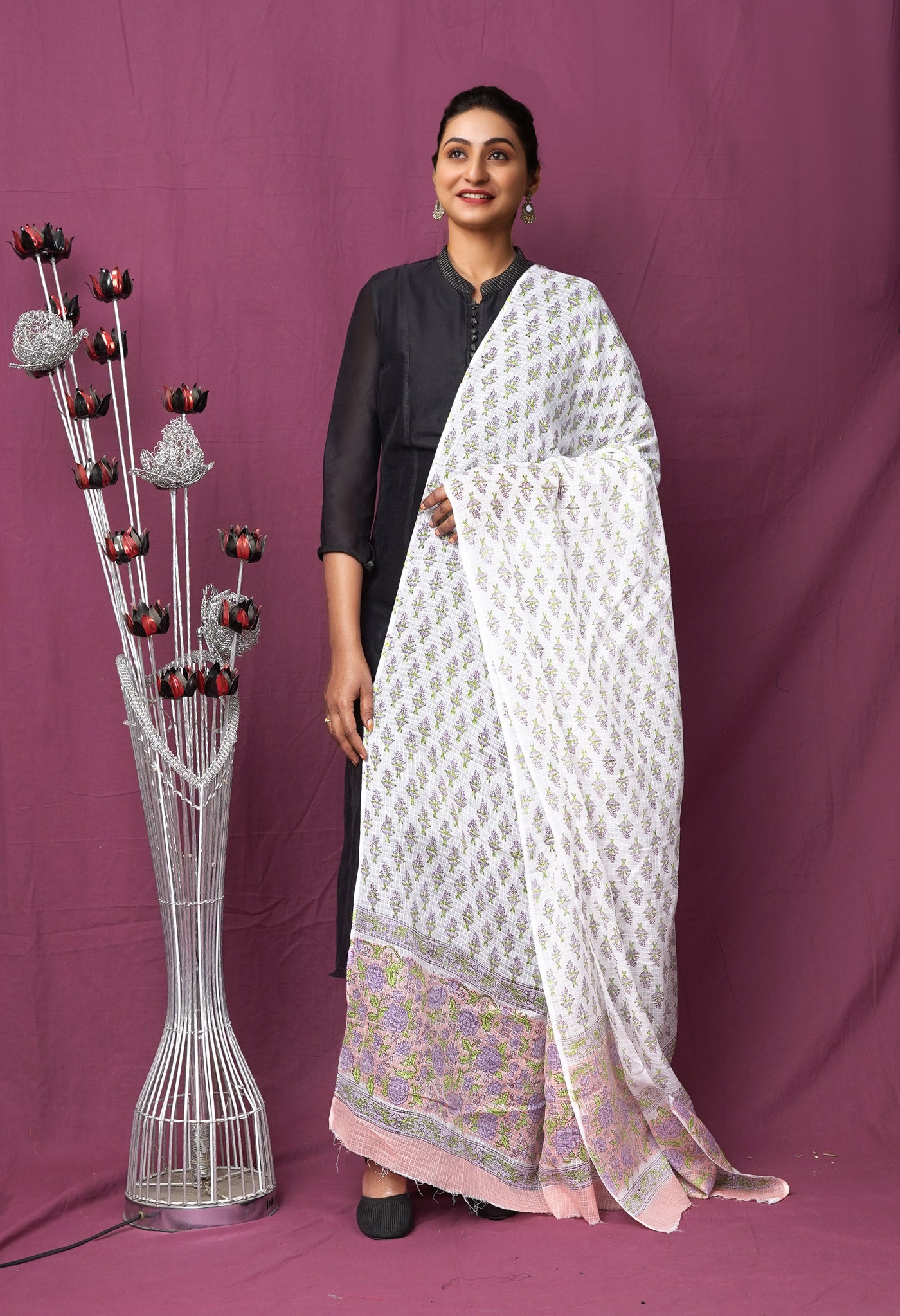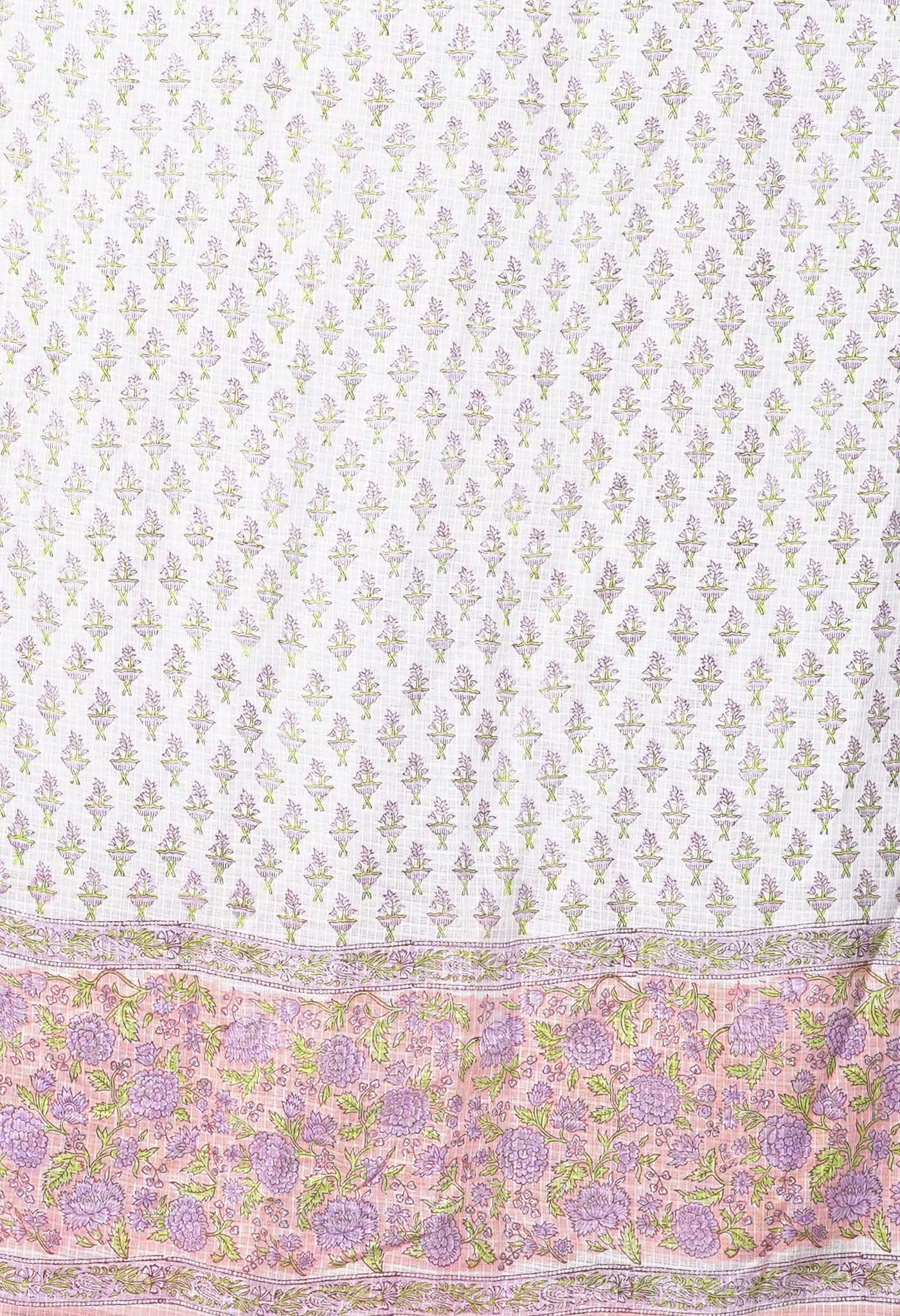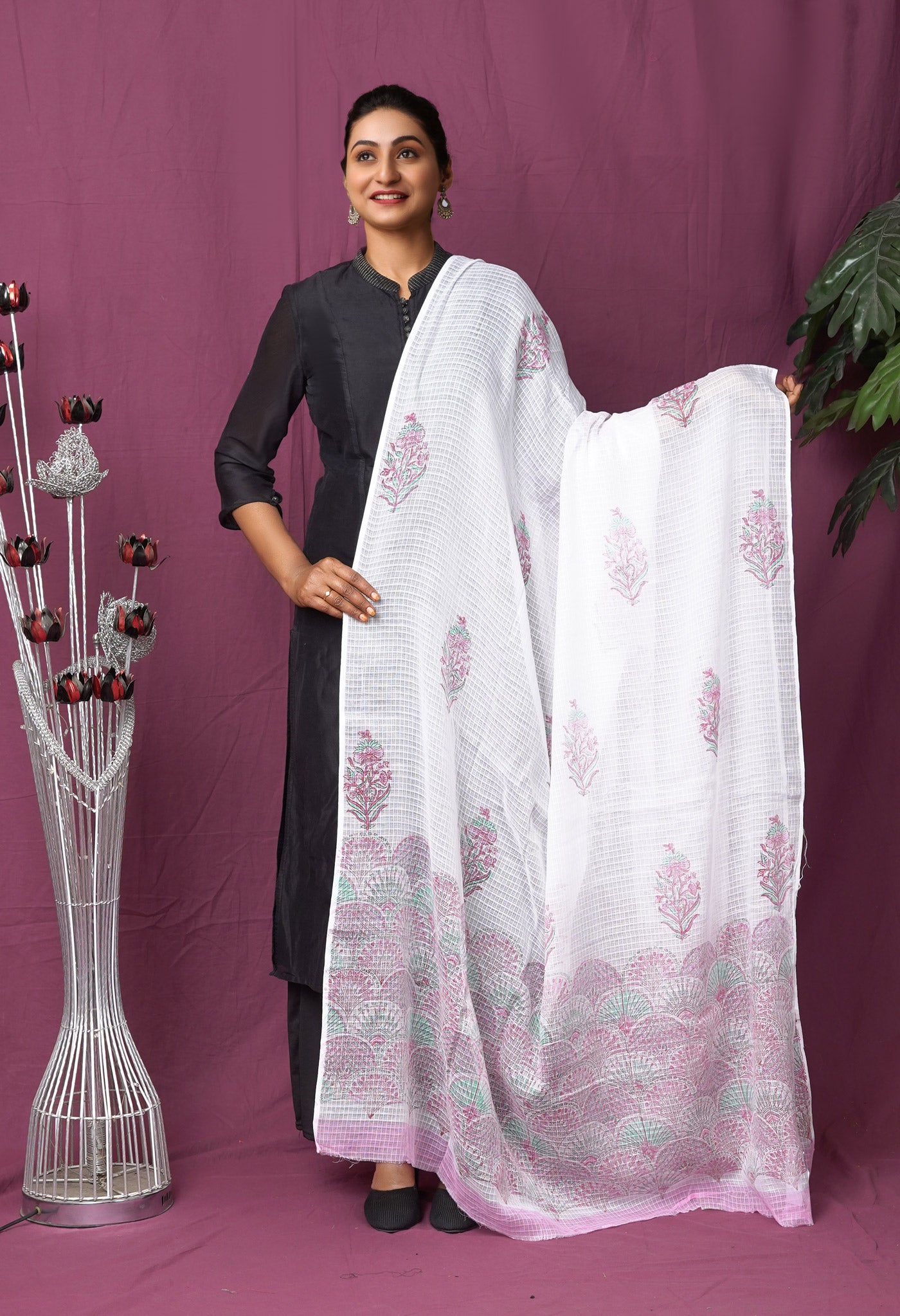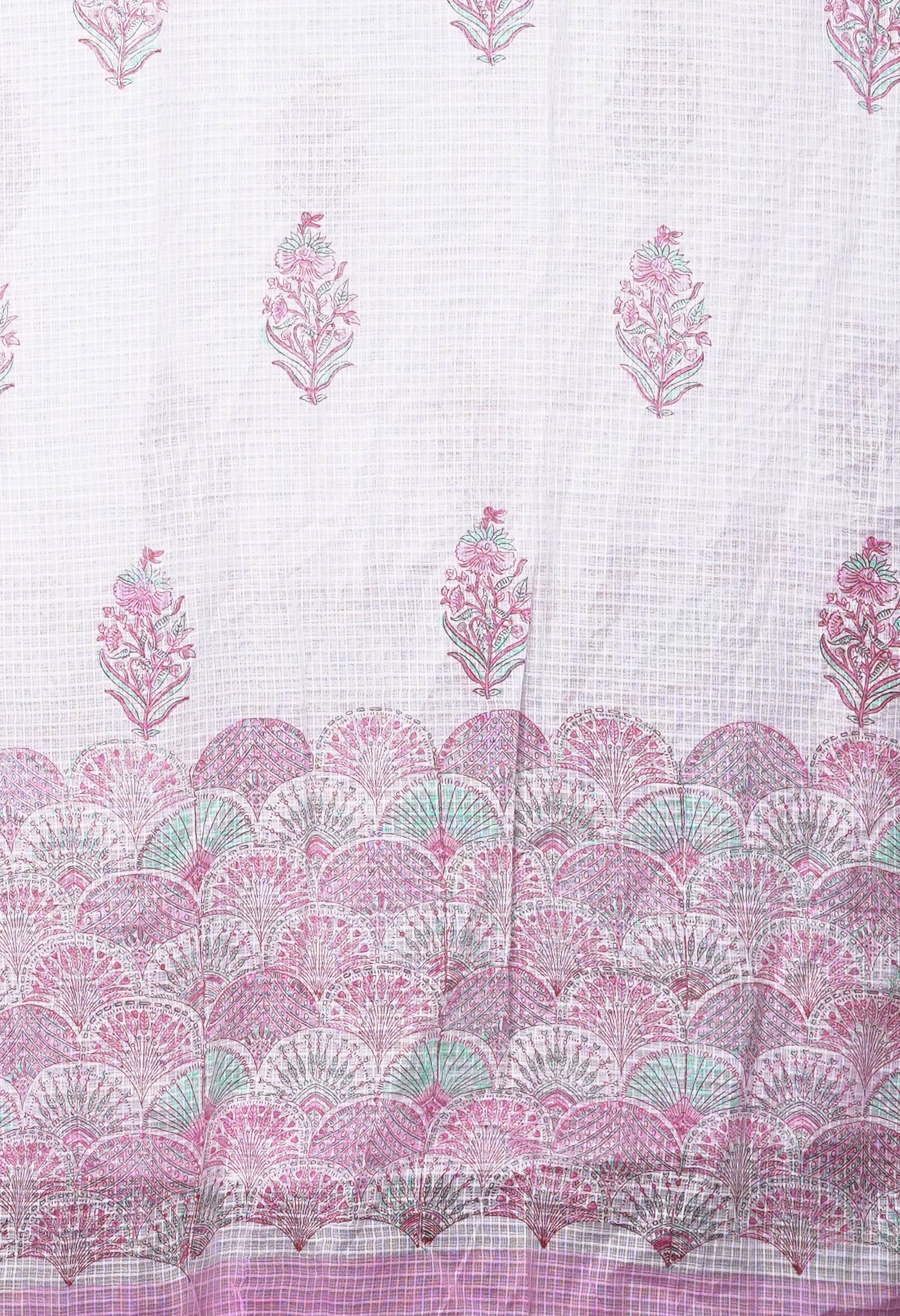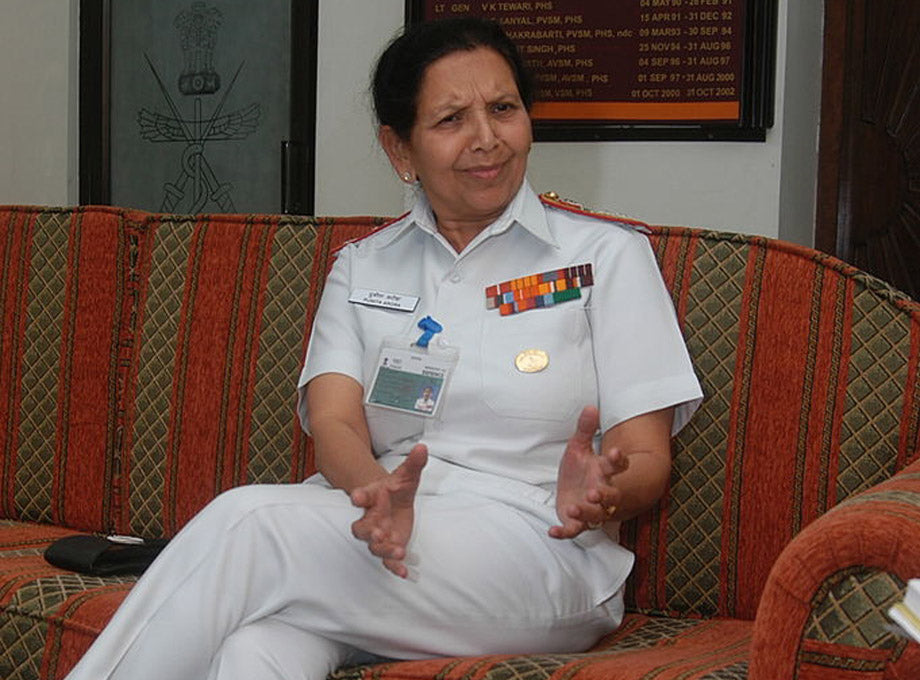
Punita Arora – a double achiever in the Indian Armed Forces
First woman Lieutenant General of Indian Armed Forces & first female Vice Admiral of Indian Navy! Sounds mighty impressive as ranks in the fourth largest Armed Forces in the world; more so colors that decorate a woman who has achieved the unexpected. That is Punita Arora for you, the first woman in India at one of the topmost levels in the Forces today.
 A career of remarkable achievement
A career of remarkable achievement
Commissioned in 1968, took charge of Armed Forces Medical College in 2004 as its first woman officer, then became Vice admiral in the Indian Navy, under the common pool proviso that allows officers to migrate from one service to another depending upon the requirement. Before being commandant at AFMC she was additional director-general of Armed Forces Medical Services (Medical Research). These are the impressive credentials of a woman who has merely worked hard at her job and the rewards followed. Her stepping stone was the successful start she made by topping her class in the Armed Forces Medical College, Pune in 1963.
 Laurels on the way
Laurels on the way
She has been awarded with 15 medals in her 36 years of career in Indian Armed Forces. Notable among them are the Vishisht Seva Medal for providing efficient and timely help to victims of the Kaluchak massacre and the Sena Medal for providing gynae-endoscopy and oncology facilities and pioneering invitro-fertilisation and assisted reproductive techniques for infertile and childless couples in military hospitals.
 Meeting the Lady herself
Meeting the Lady herself
Unassuming, amiable and remarkably eloquent she takes her success lightly. Regarding the immense ‘fuss’ that she considers on her achievement as Lieutenant General, she says "If my fellow male officer picks up a rank, he also feels great isn't it? I'm sure even they feel very proud, I also felt the same way," she explains. In fact, "I never felt that I am a woman and I've reached this position, so I've done something very great."
Partition Days
Recalling her early days in India after the Partition, she talks about how her family had come over to this new and free country with absolutely nothing to their name, except ‘a blanket’ and ‘a glass’. Like the one million others who had chosen to live in India after the Partition, her family also saw tough times. They started from scratch, made many sacrifices along the way and built their lives brick by brick. In fact she was just a year old at that time.
"A very strong point they had was unity of the family. If one working member got some money it was shared equally. My father was the eldest. His brother who expired just a year back at the age of 95, looked up to my father till the end," she says.
 Family ties are very strong and lead you through the toughest of situations is what she recalls after her first posting to Fatehgarh, Uttar Pradesh in 1968, when her mother accompanied her. Thereafter in subsequent postings either it was one of her younger sisters, her mother-in-law or even her 75 year old ‘Nani’ who chipped in to be with her. "Our family system is so beautiful. If we disintegrate like nuclear families we are losing a lot. Today what I am I wouldn't be without the support of my family," says Lt.Gen.Arora, whose husband retired as a brigadier from the Army Medical Corps.
Family ties are very strong and lead you through the toughest of situations is what she recalls after her first posting to Fatehgarh, Uttar Pradesh in 1968, when her mother accompanied her. Thereafter in subsequent postings either it was one of her younger sisters, her mother-in-law or even her 75 year old ‘Nani’ who chipped in to be with her. "Our family system is so beautiful. If we disintegrate like nuclear families we are losing a lot. Today what I am I wouldn't be without the support of my family," says Lt.Gen.Arora, whose husband retired as a brigadier from the Army Medical Corps.
Coming round full circle
As far back as Lt Gen Arora can remember, her father wanted her to become a doctor. "At every step I used to think if I want to be a doctor can I get my ears pierced or not? I was conditioned that way." her pluck showed when she went for admission to the government college in Saharanpur, and was told that it was only for boys but she could get a seat if she found two other girls. She actually managed and got her admission.
She started at the Armed Forces Medical College, Pune, an undergraduate in 1962. After her post graduation, she came back as faculty, was posted to its command hospital and has now returned to head it as commandant.
 "I've seen this college from every angle. I know its strengths and certain areas which I felt at that time, that it should be like this (changes to be made). Now that I am here if I can improve on those particular things I consider myself very privileged."
"I've seen this college from every angle. I know its strengths and certain areas which I felt at that time, that it should be like this (changes to be made). Now that I am here if I can improve on those particular things I consider myself very privileged."
"We never had a hostel, we were 23 girls in one barrack. There were so many departments that were in barracks but everything was compensated by the excellent teaching and care we got."
A professional starts life
A young woman of 21 who had just done her internship at Ambala, Lt.Punita arrived in Fategarh, a city dreaded for its dacoits and bad elements. accustomed to city living in calmer and safer environments, it seemed like an eye-opener."In 1968, Fatehgarh was infested with dacoits. I'd never seen a place like that before. Everybody roamed with a lathi or a gun."
When the war with Pakistan broke out, she was still posted in Fatehgarh and had married her doctor husband who was at the base hospital in Srinagar. She had come to deliver her son and left a month before the war began.
"Fatehgarh never saw any war. People hardly knew what was happening. Like sitting over here, I'm sure you can't even imagine what's happening up there [in J&K]. If you go and spend even 15 days over there, you'll come back with a totally different feeling."
A life-changing event
The year 2002 saw the chilling Kaluchak Massacre, a terrorist attack on 14th May near the town of Kaluchak in the Indian state of Jammu and Kashmir. Three militants attacked a tourist bus, killed 7 people and then entered the family quarter of the Army and fired indiscriminately at the inmates, killing 23 persons, including 10 children, eight women and five Army men. Many of the children were infants.
The dead and wounded were brought to the army hospital where Lt Gen Arora rallied her staff to administer prompt medical assistance. For her leadership and quick response to the mass casualty, the President of India decorated her with the Vishisht Seva Medal, an award instituted for exceptional service and leadership rendered in the armed forces.
 "It was very tragic. Our aim was to treat them. My driver, my staff in the casualty, my doctors, surgeons, anesthetists, nurses. It was team work", she said. “These things need to be sorted out politically which our leaders are doing so beautifully. We leave it to them. Our job is to secure our borders and treat our soldiers."
"It was very tragic. Our aim was to treat them. My driver, my staff in the casualty, my doctors, surgeons, anesthetists, nurses. It was team work", she said. “These things need to be sorted out politically which our leaders are doing so beautifully. We leave it to them. Our job is to secure our borders and treat our soldiers."
Subsequently Lt Gen Arora has received 15 medals and awards in her career. She also received a Sena Medal for establishing gynae-endoscopy and oncology facilities at the armed forces hospital. Joining the army just happened, she says. "I joined AFMC, then the army, and here I am today -- proud of being an army officer and that too of the Indian Armed Forces."
What does she say about the Forces?
"First of all, the youth don't know what the armed forces is. I think they miss out on so much because they really don't know. People think you will be posted from one place to another and will not have a comfortable life from the money point of view.”
“We have infrastructure - lovely messes, swimming pools, health clubs. How many can afford going to Shillong or Ladakh? They'll be paying through their nose, people take holiday packages and spend money to live in tents. While we naturally stay like this over there, isn't it?
 The armed forces gives you 100 percent free medical treatment. So the quality of life is excellent."
The armed forces gives you 100 percent free medical treatment. So the quality of life is excellent."
"Have you ever thought why people join the Lions and Rotary Clubs?" she asks.
"Because they want to belong to an organisation. It's a big thing to belong to an organisation. Even if I'm anywhere and I see an OG [olive green] colour three tonne [truck], I feel yes, it is mine. Our person if he falls sick and comes to our fauji hospital, he'll say ah, bas I've come to my hospital. That is the sense of belonging we have.
In the army, you associate with each other. It's something great and this is what you miss out. I don't say other jobs are not good, army is equally good."
Medical to the Core
Lt. General Arora is a gynaecologist, her husband Brigadier P N Arora served the army as a dermatologist before retiring. Son Squadron Leader Sandeep Arora is also a dermatologist posted at the Air Force base hospital in New Delhi. His wife too is a doctor. Daughter Sabina was in the army but left after a six-and-a-half year tenure to pursue a post graduate degree in Connecticut.
 "When my daughter wanted to go abroad, we didn't know how to go about it. We had nobody in America. We told her you have a good career but she was determined. She did everything herself and I'm proud of her."
"When my daughter wanted to go abroad, we didn't know how to go about it. We had nobody in America. We told her you have a good career but she was determined. She did everything herself and I'm proud of her."
Lt. General Arora has certainly travelled a lot and achieved much more from the 1 year old tot of Partition days to where she is now as Lt. General in the Army and Vice Admiral in the Navy. A life of die-hard diligence and dedication, hers is a story that would inspire thousands of women across the country, a saga of something out of the way. That is why She’s Different!

